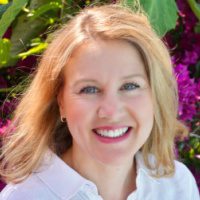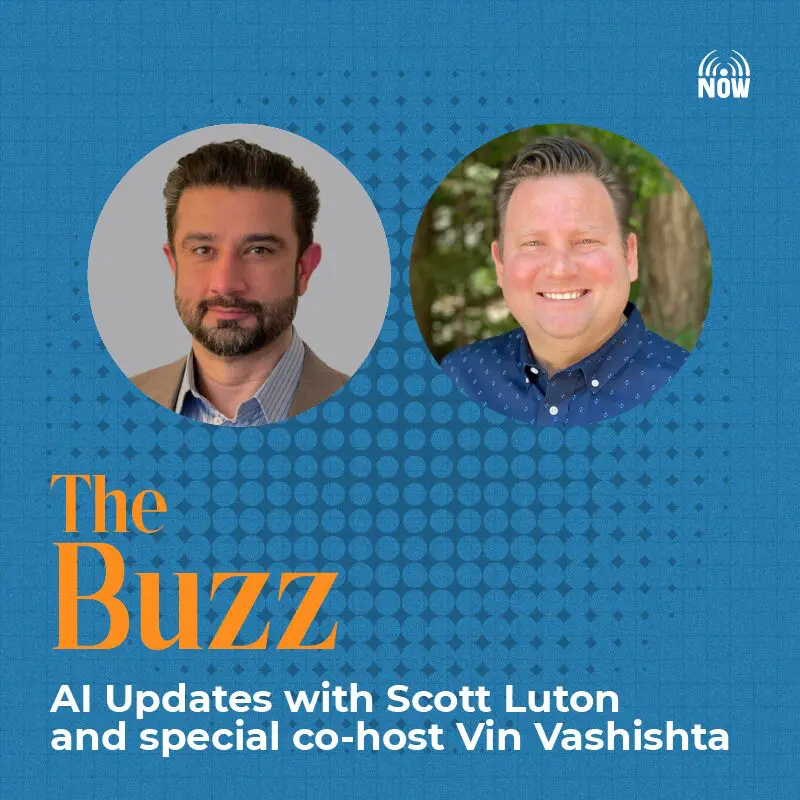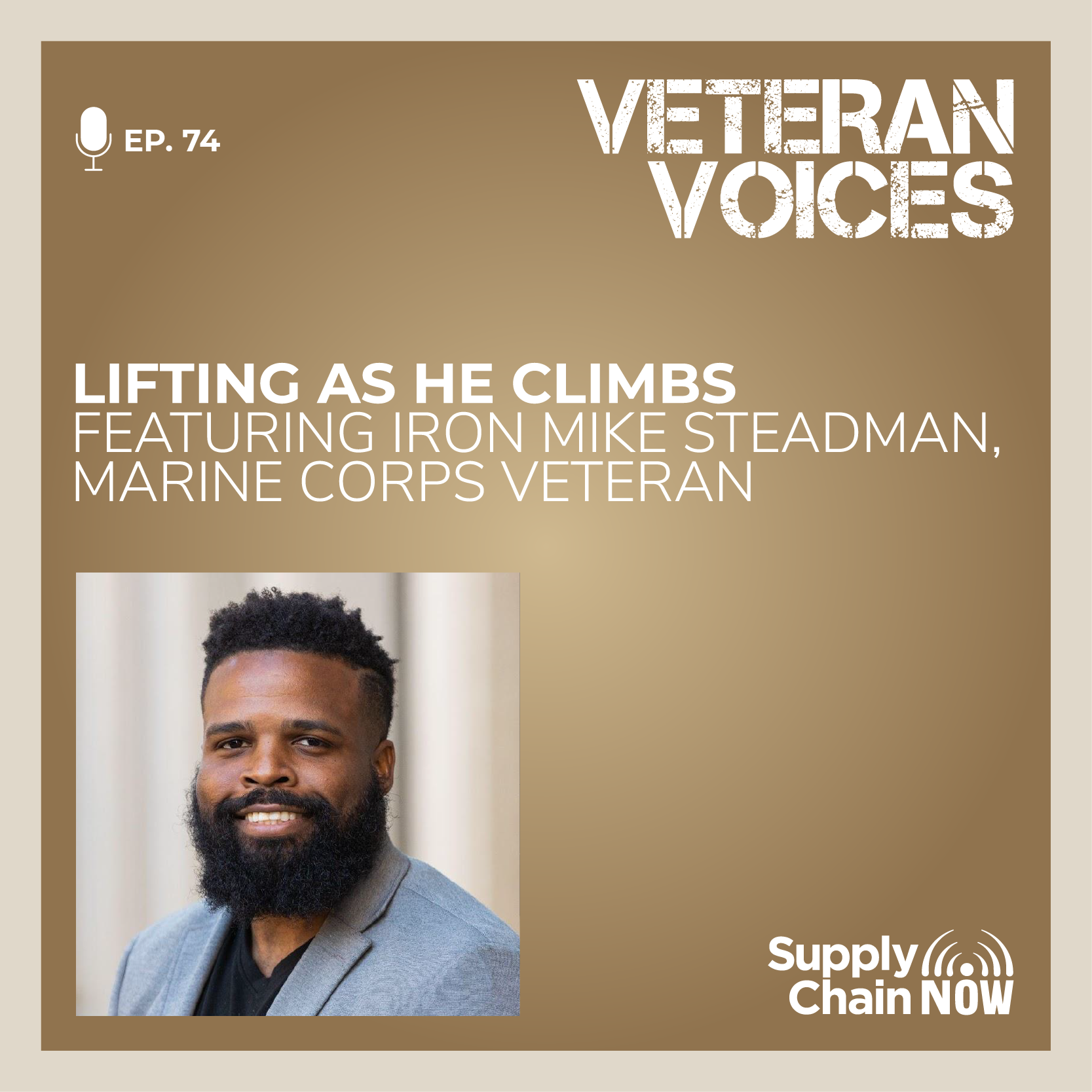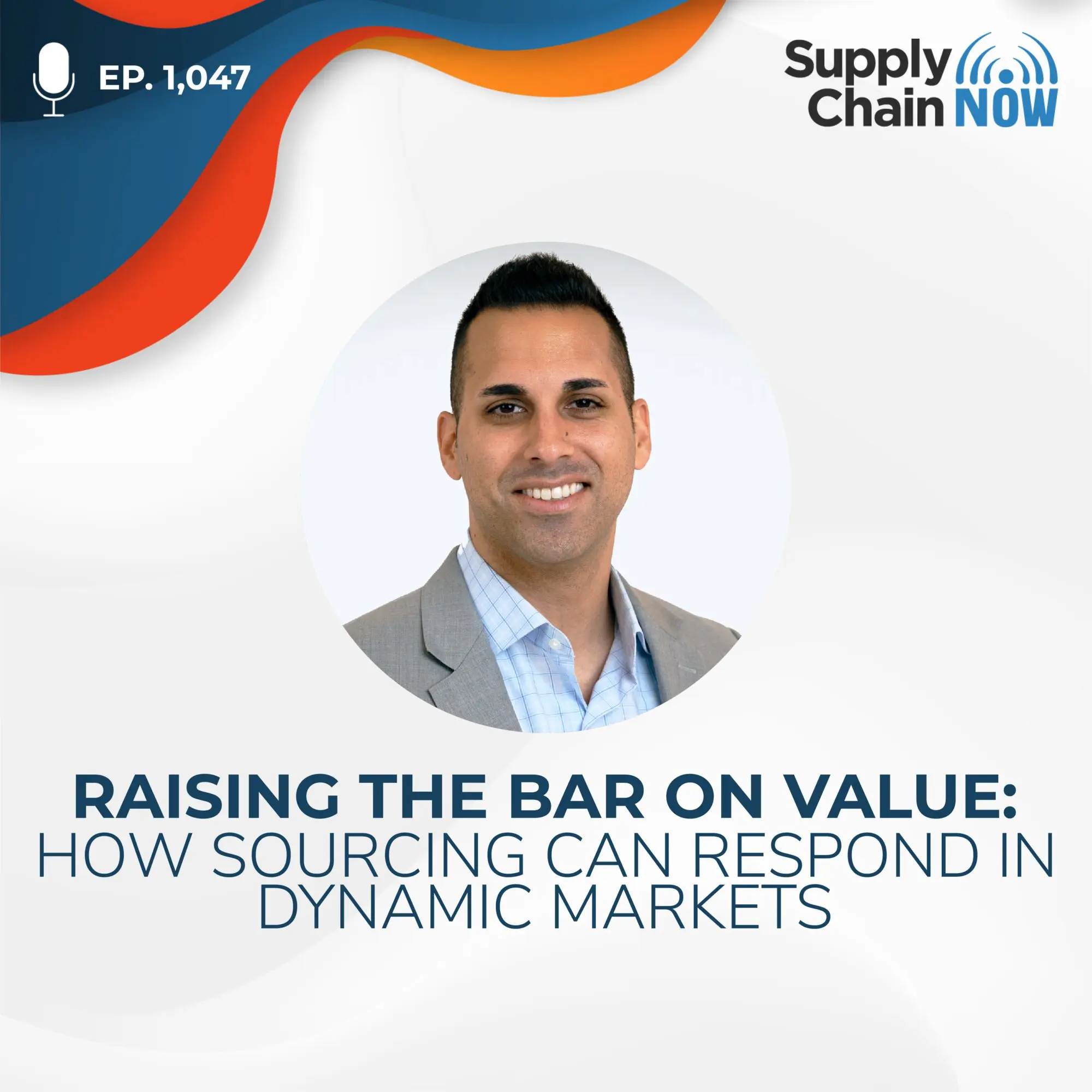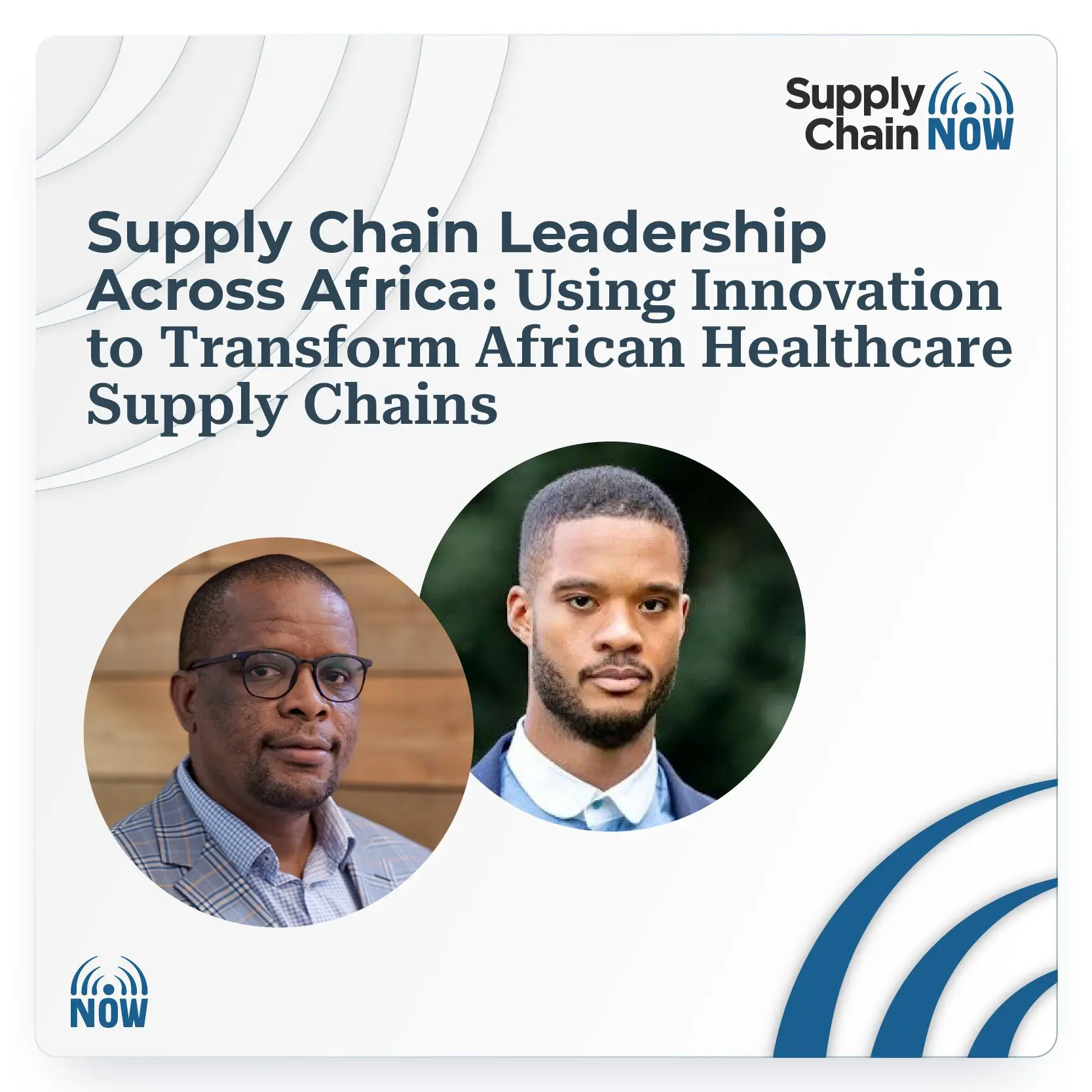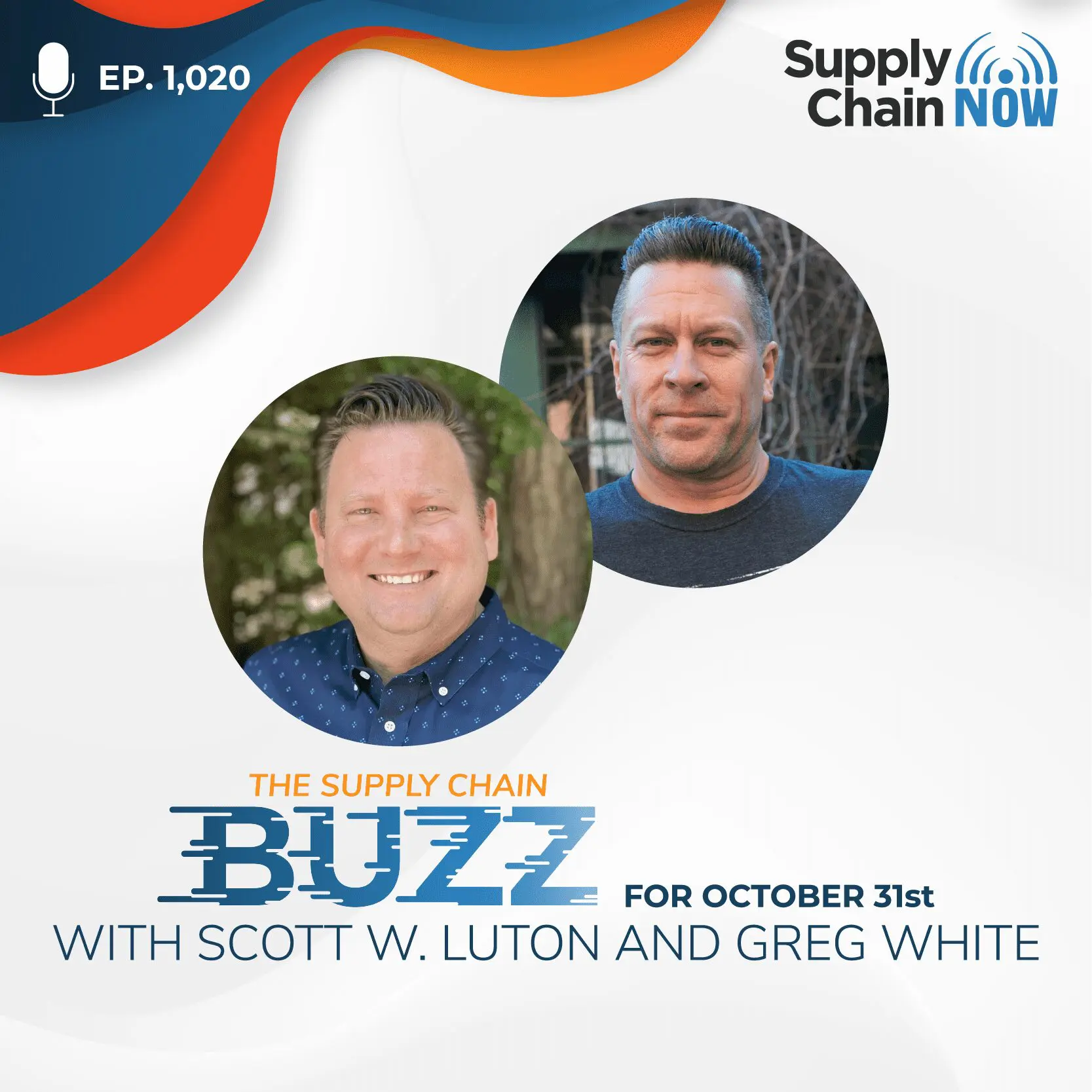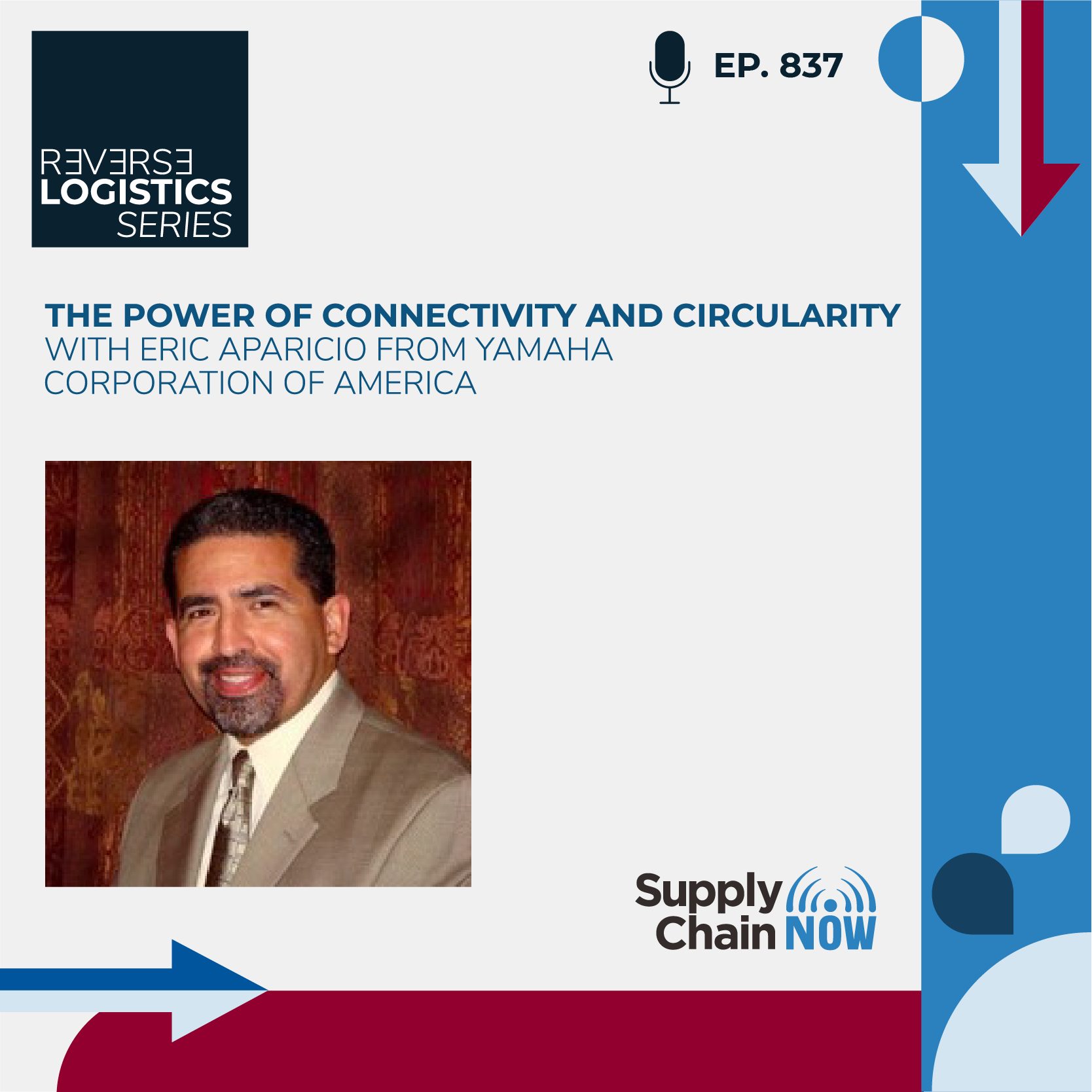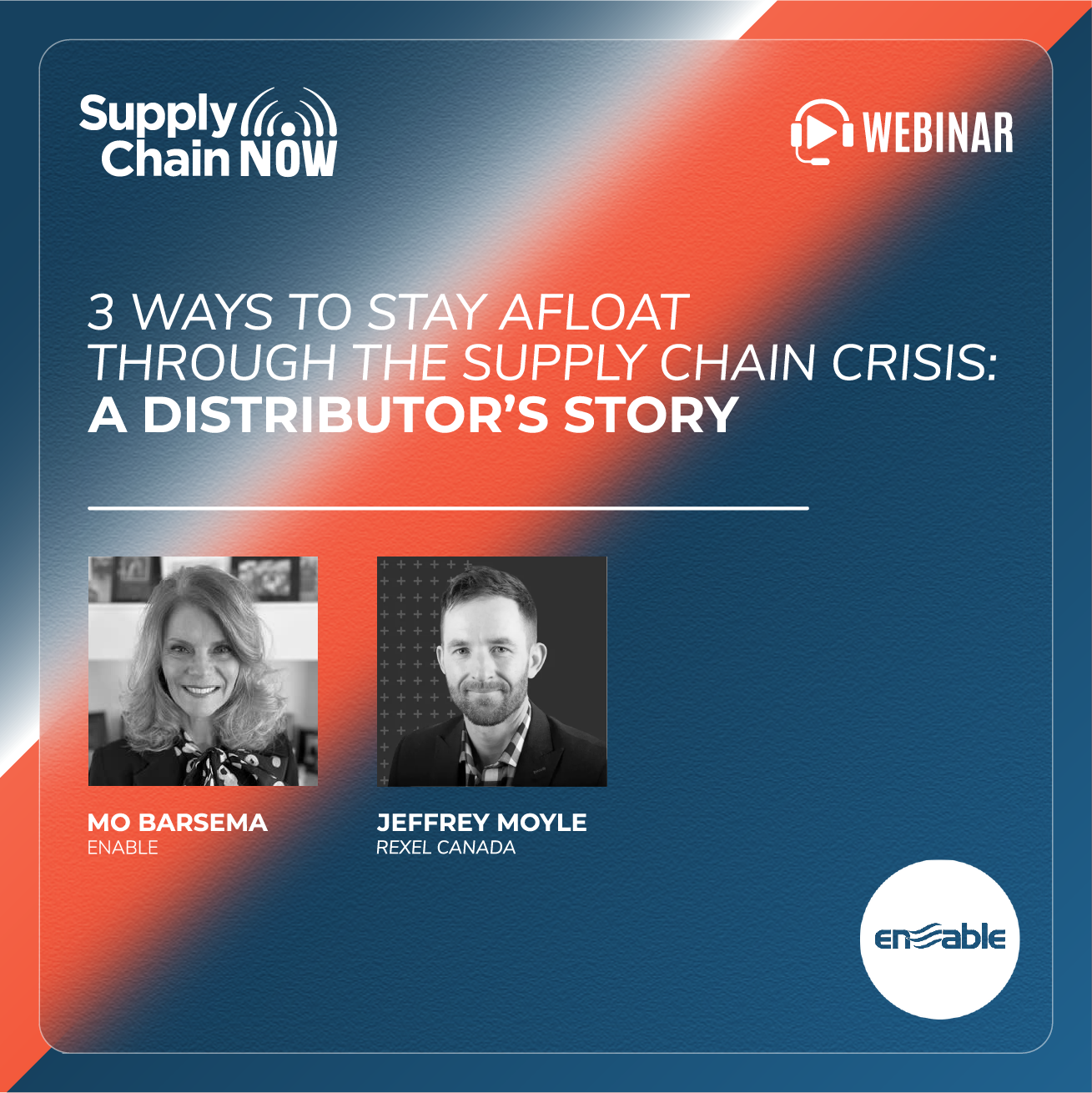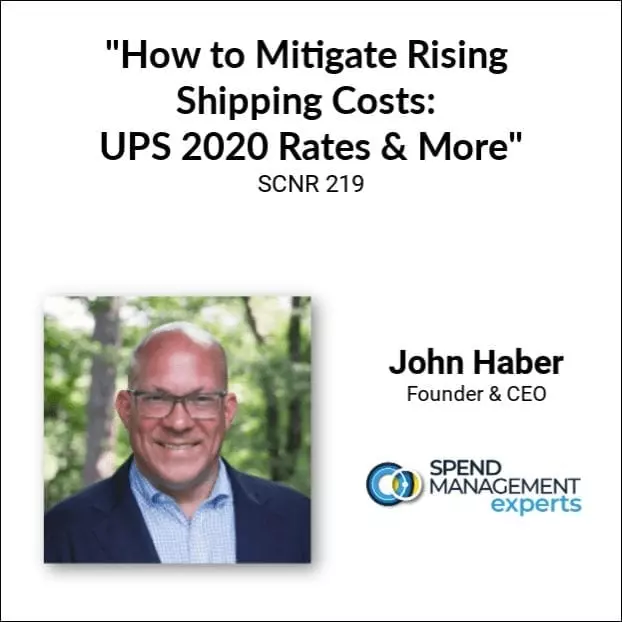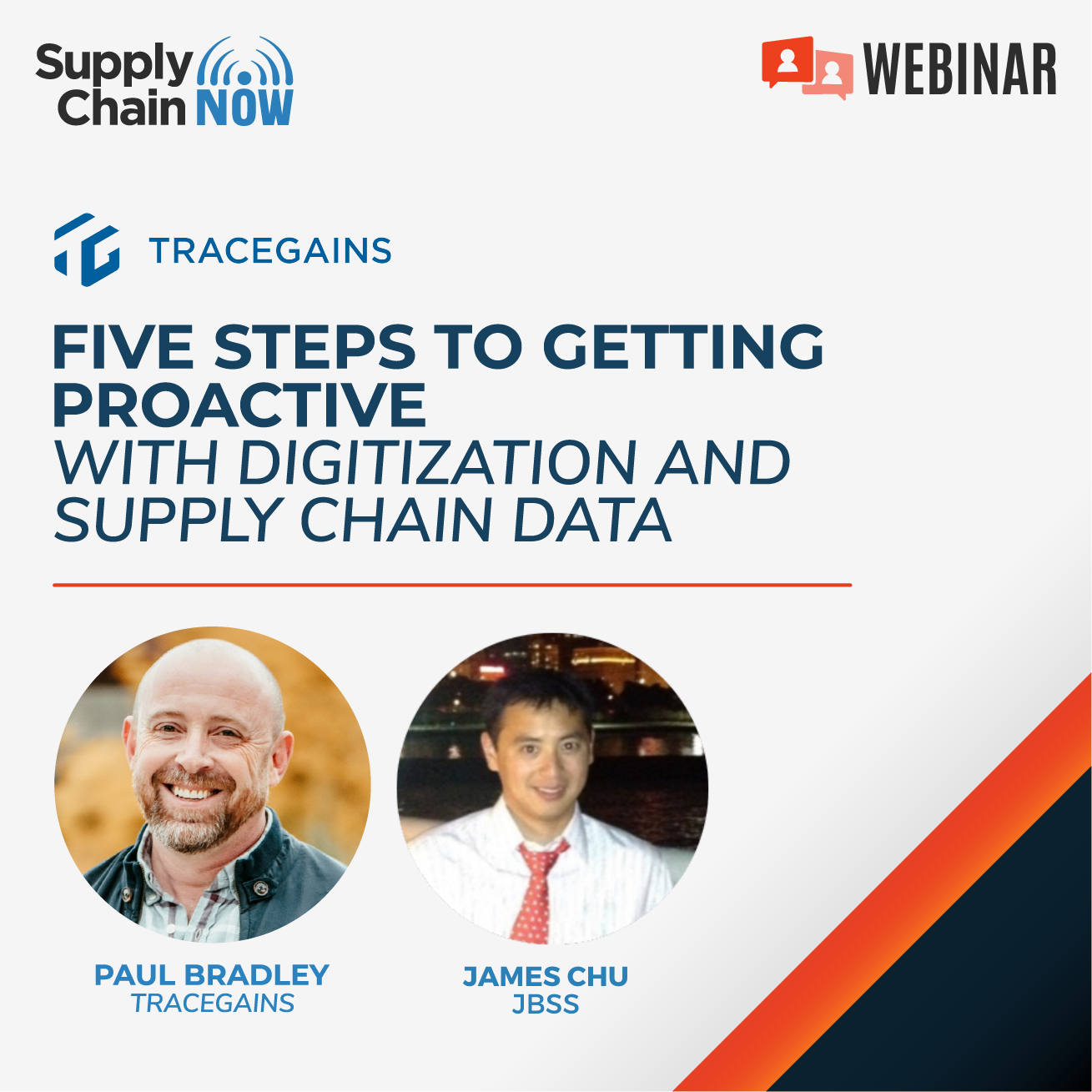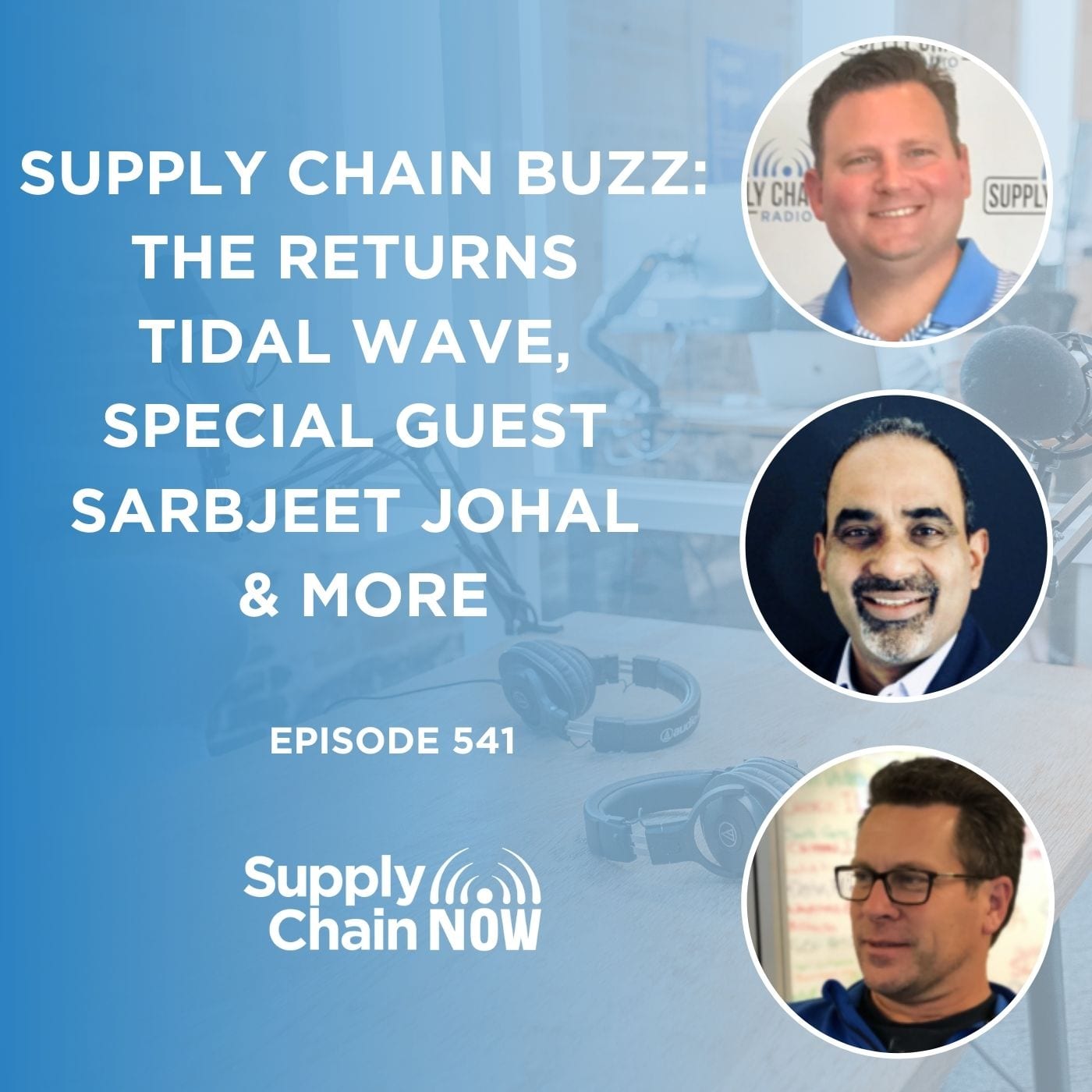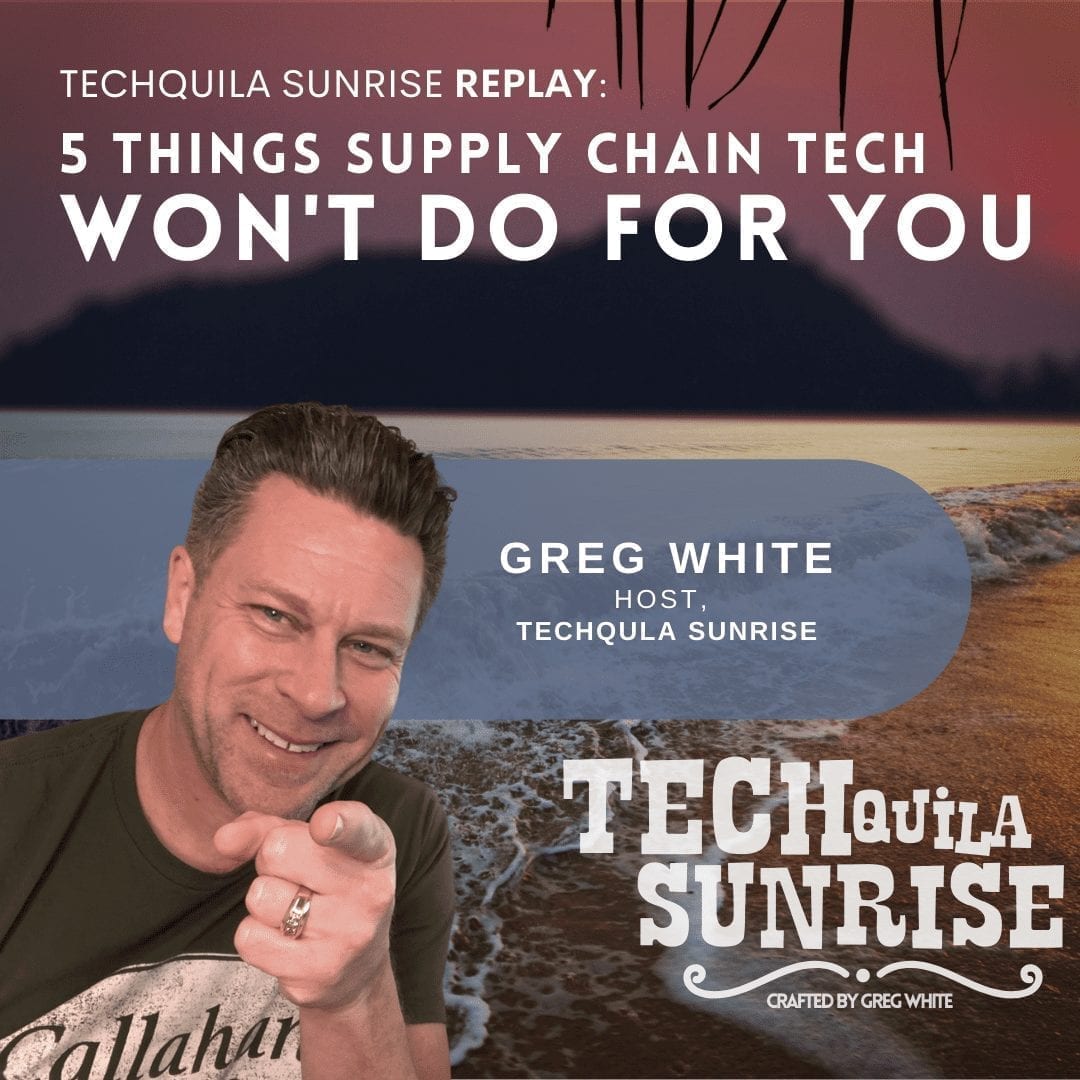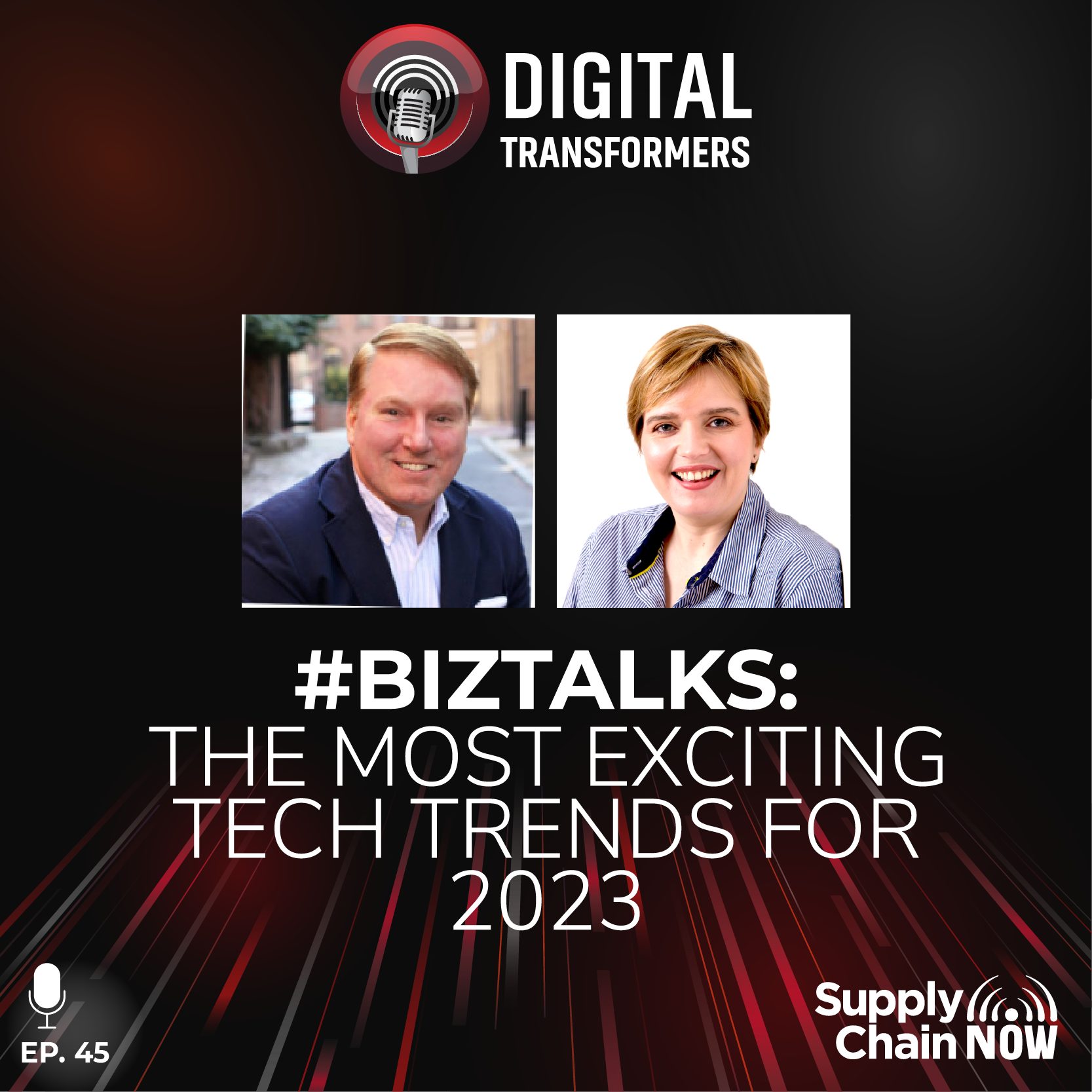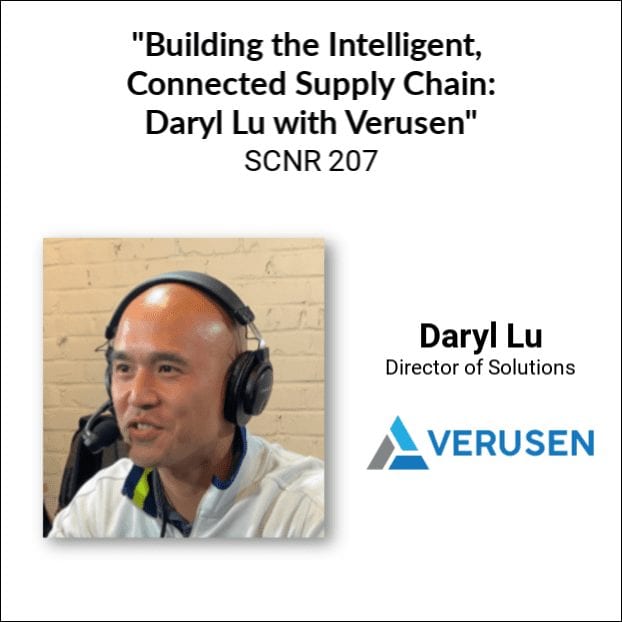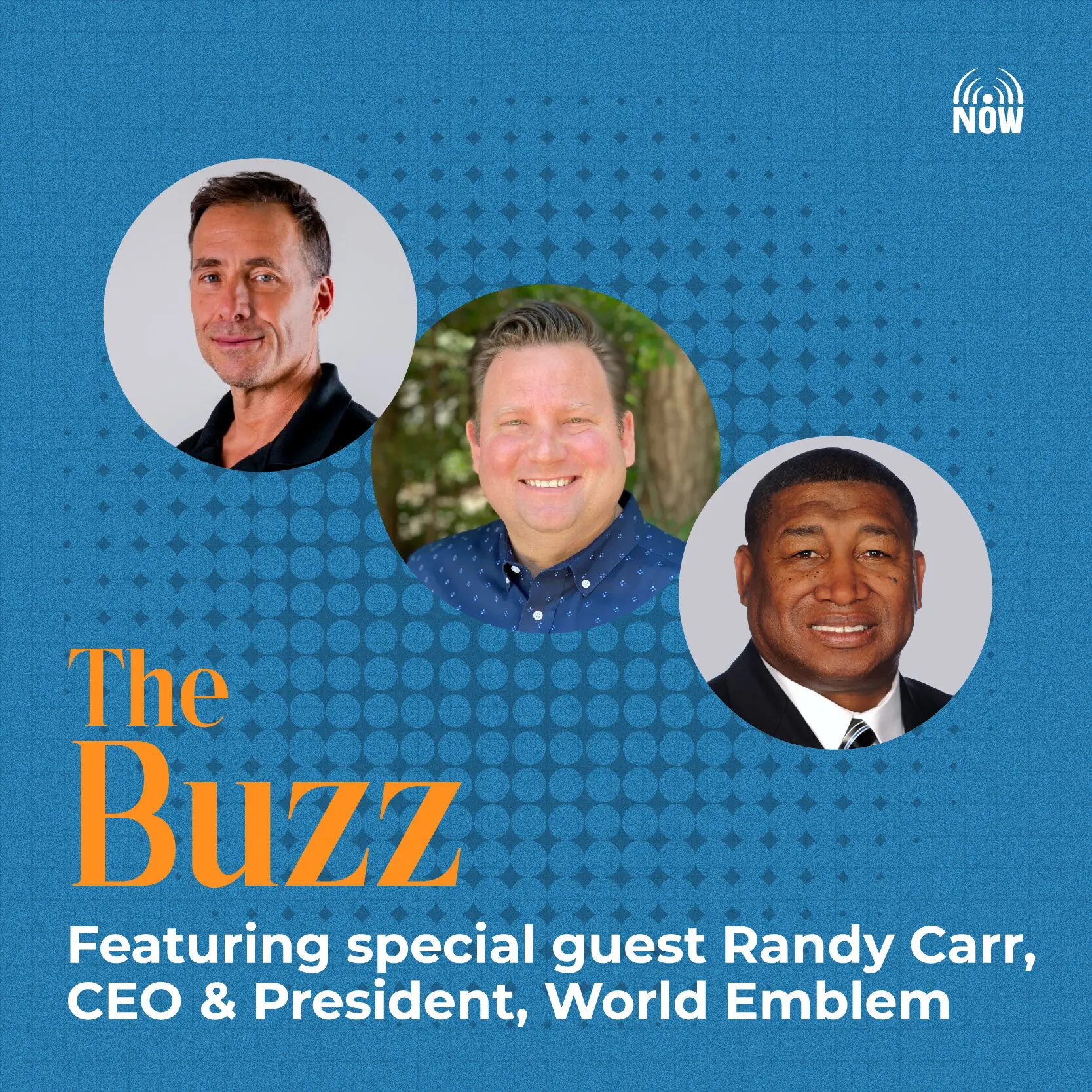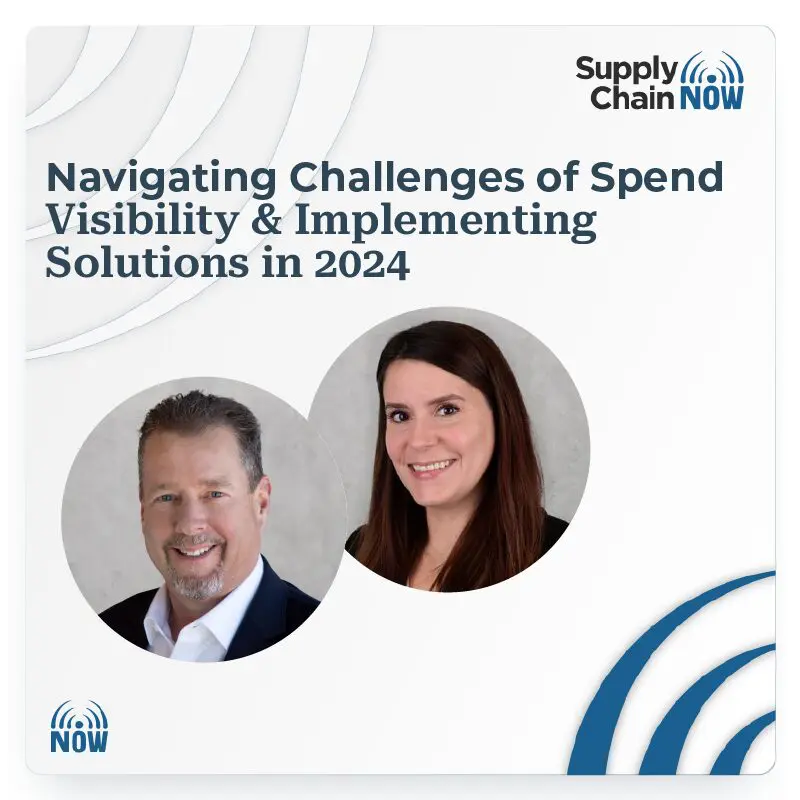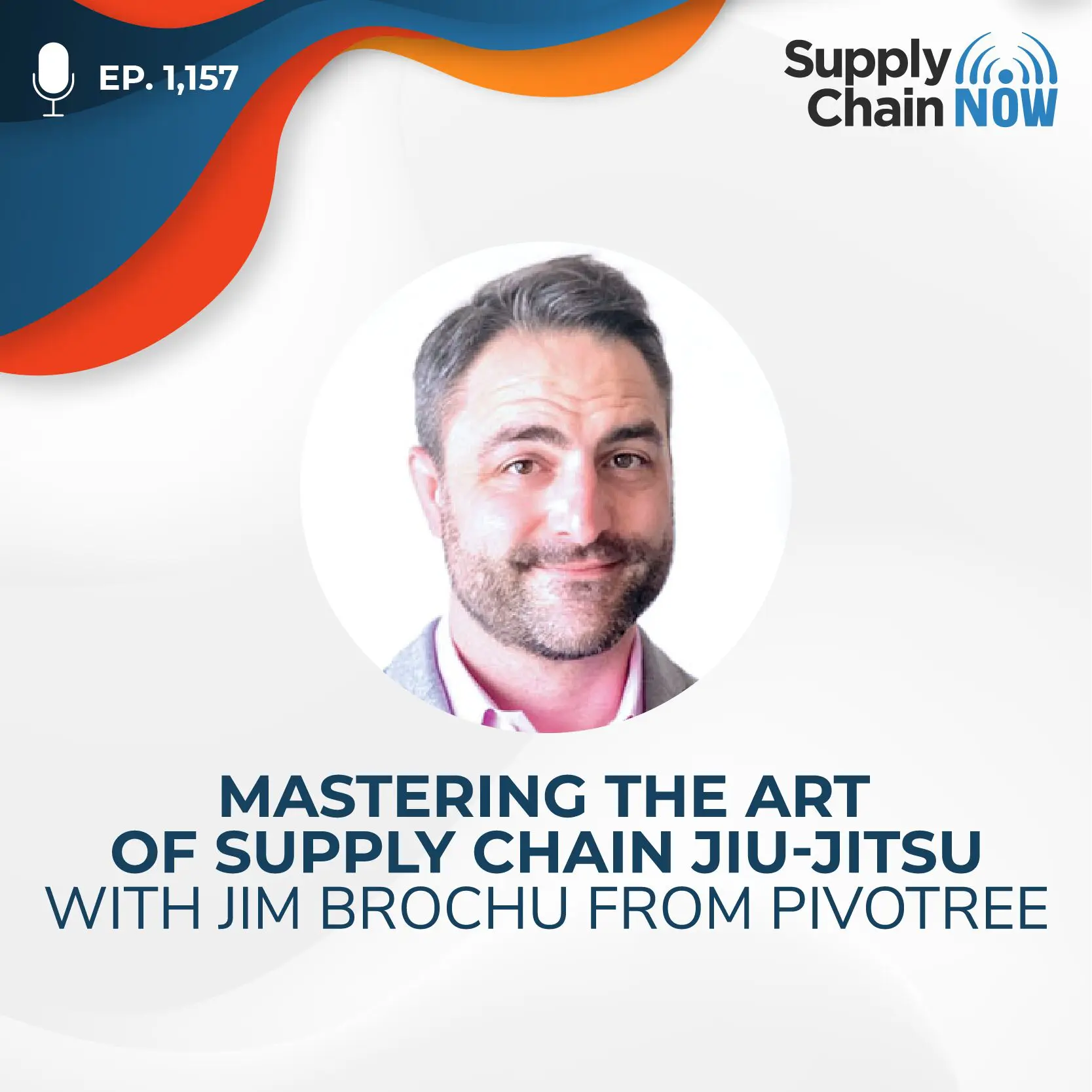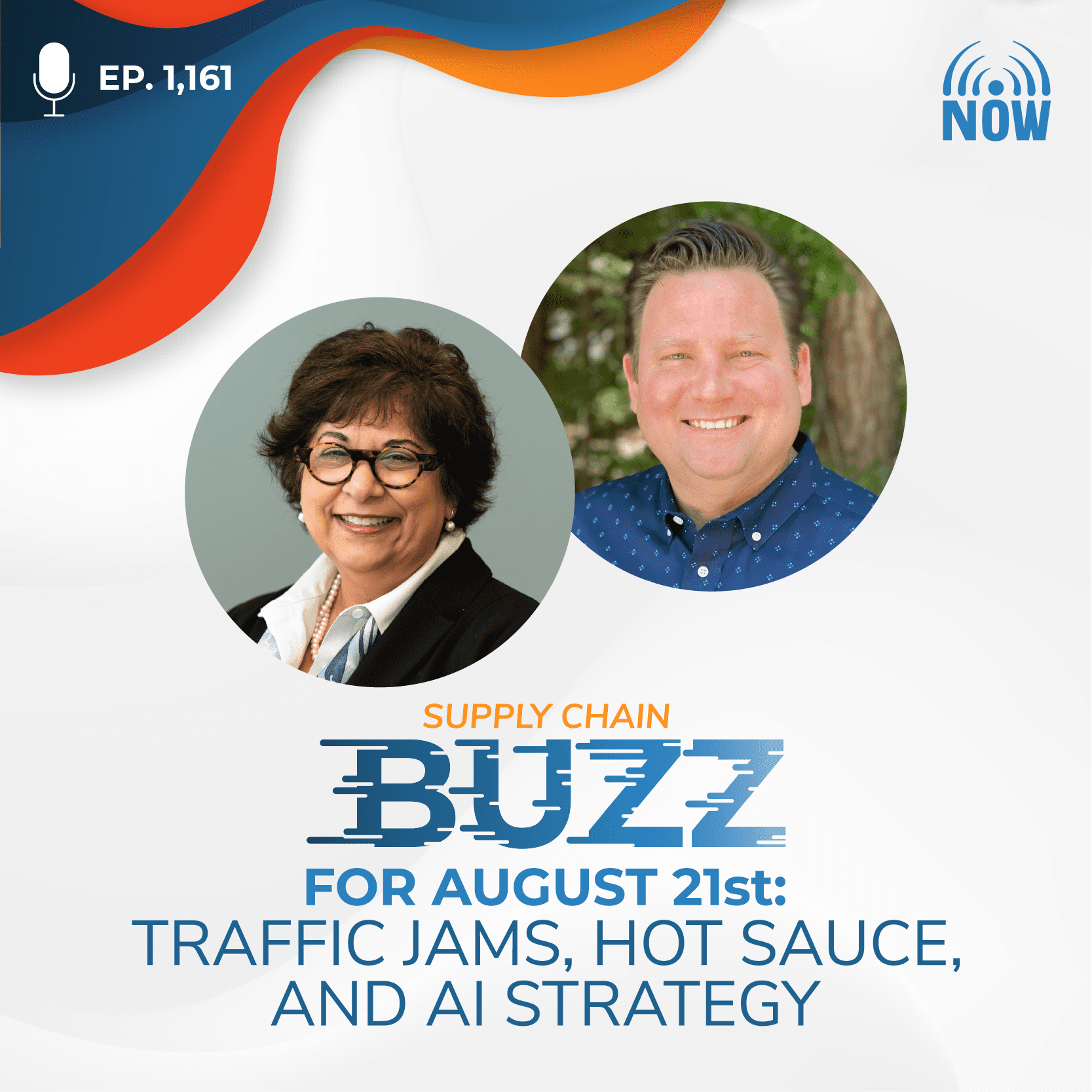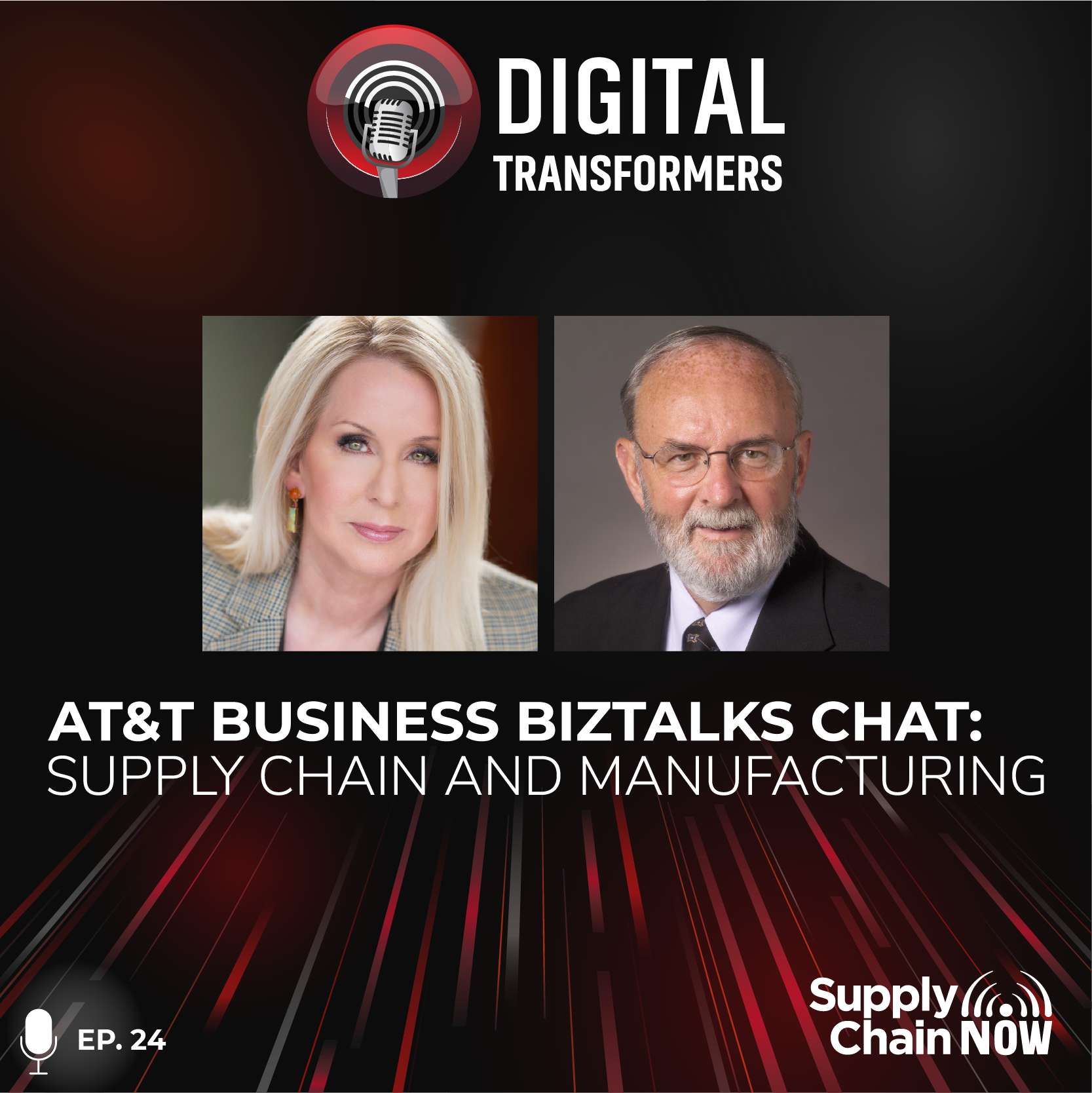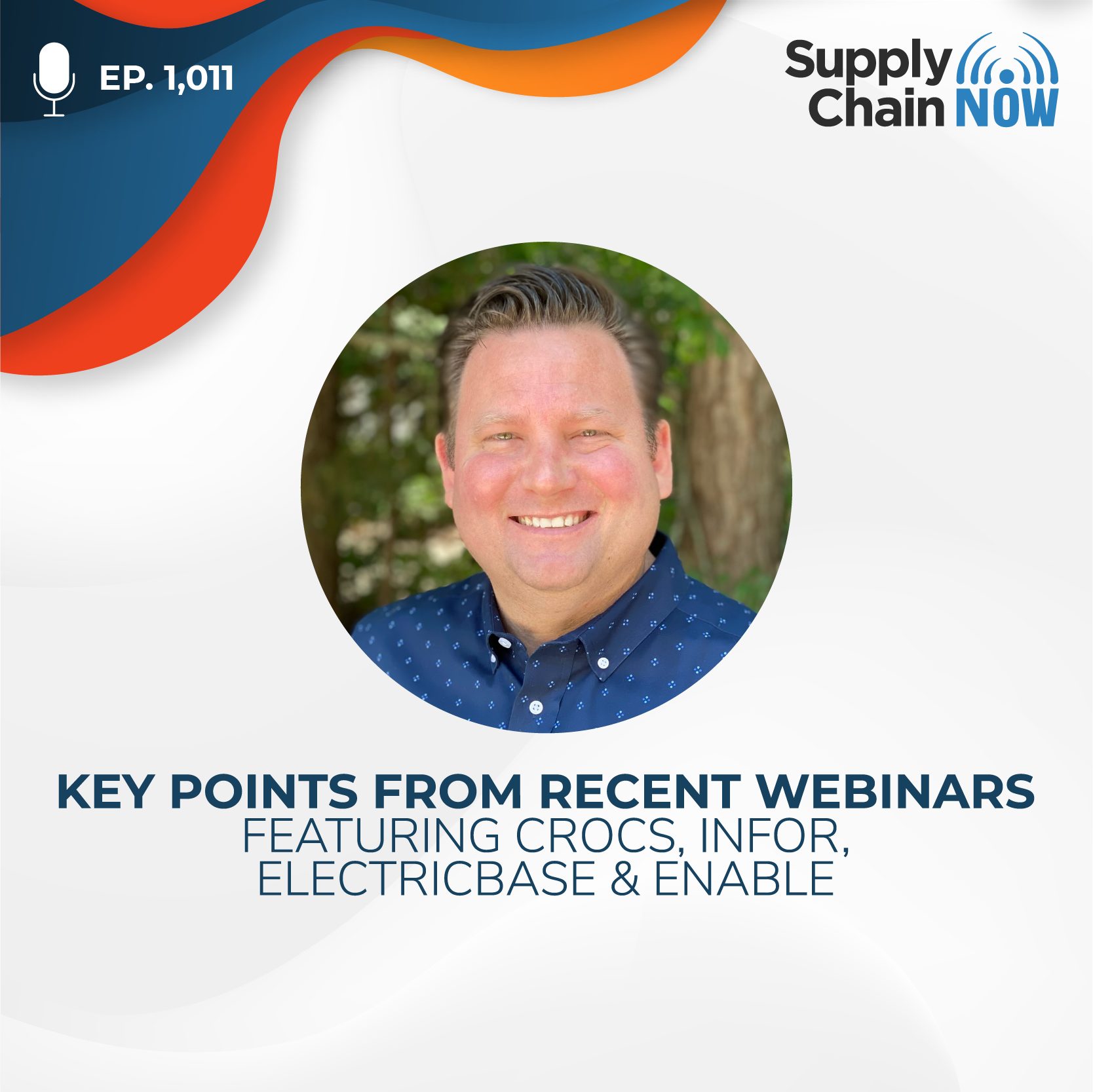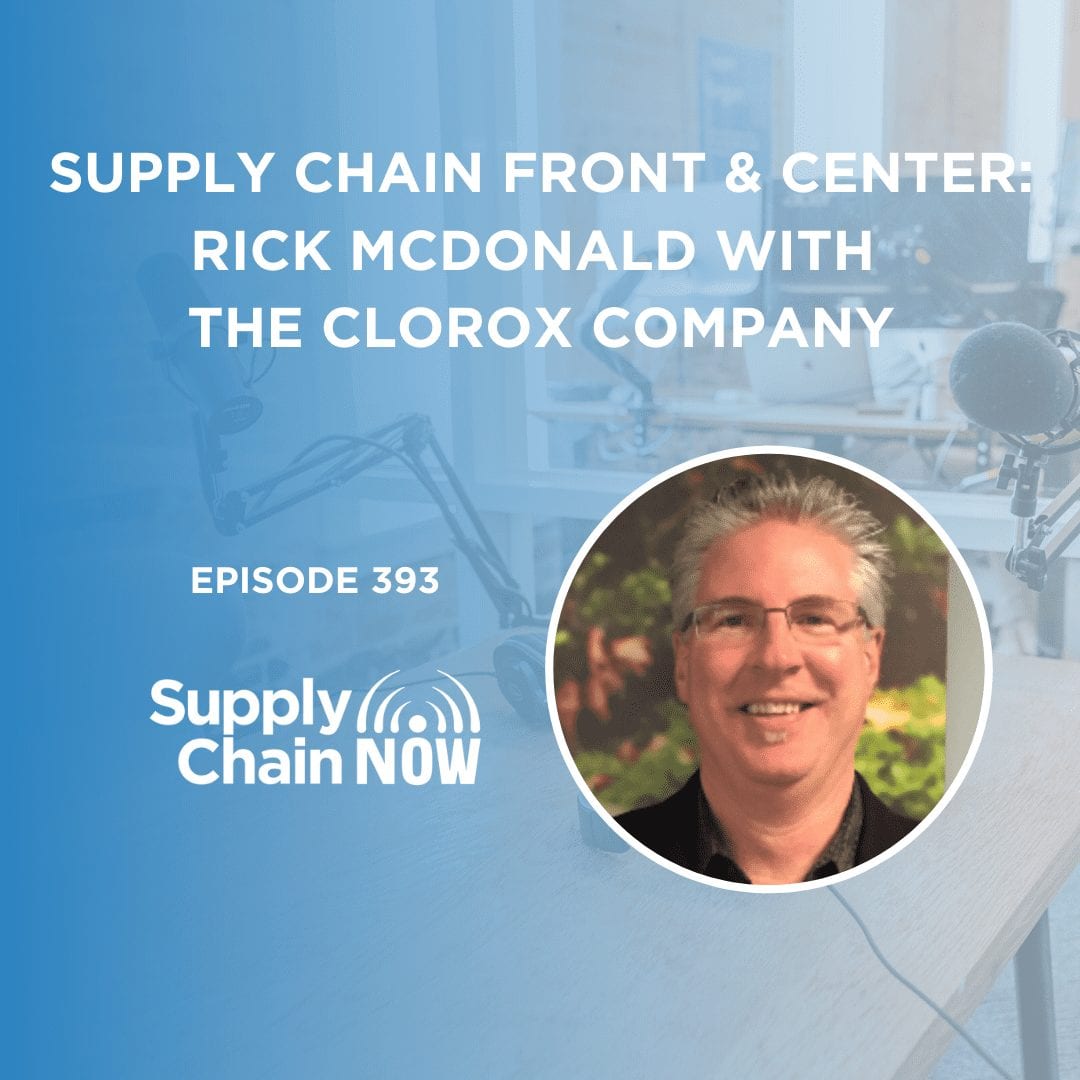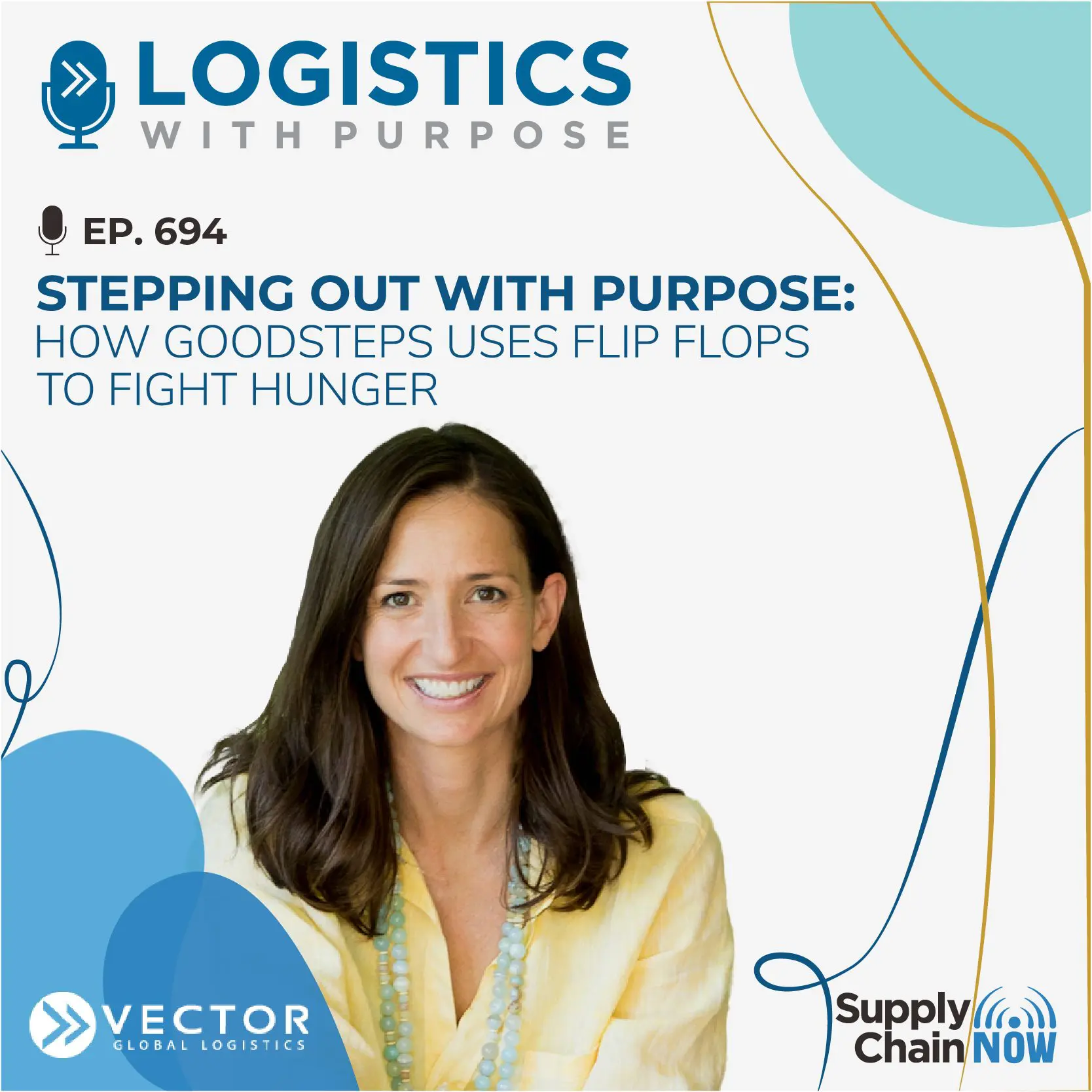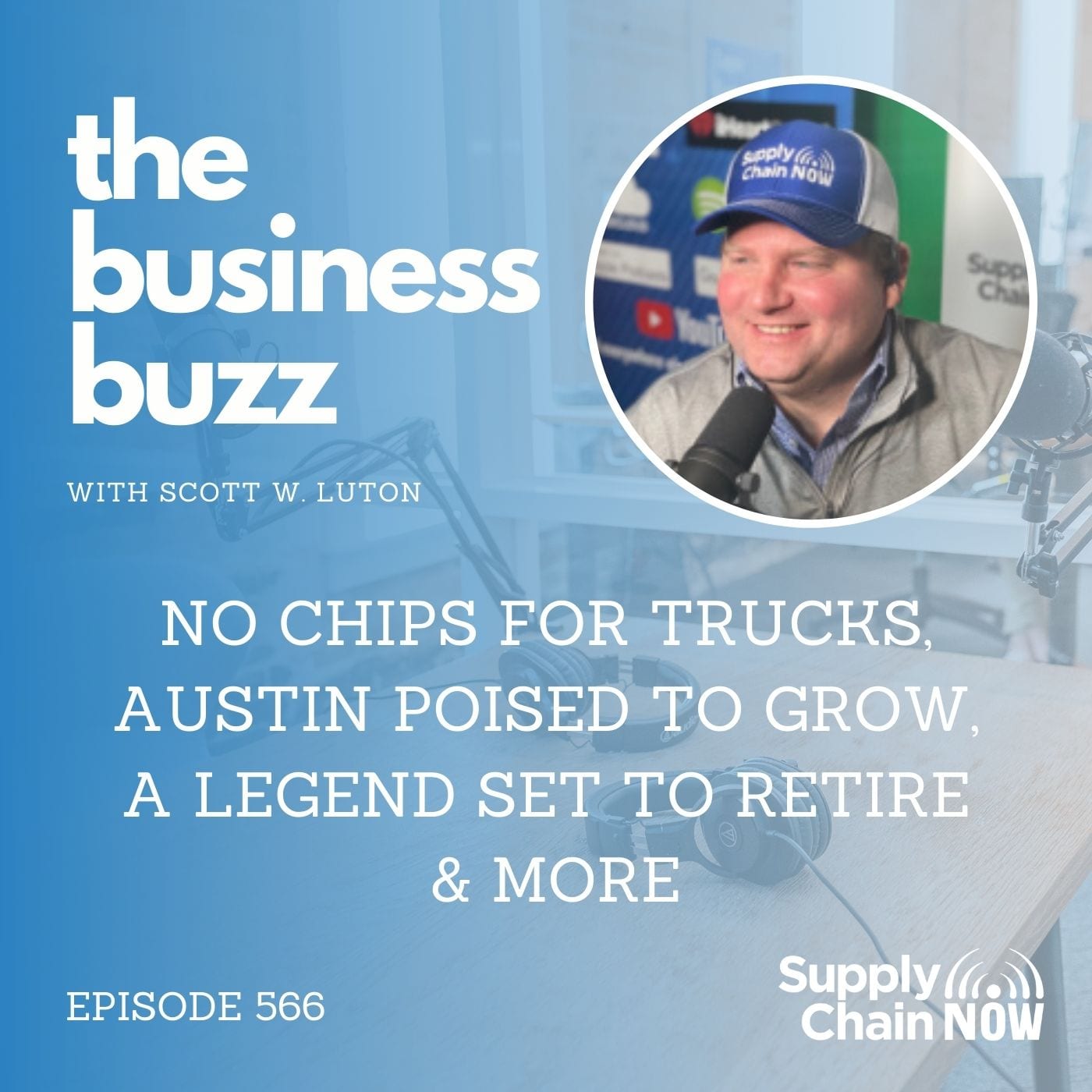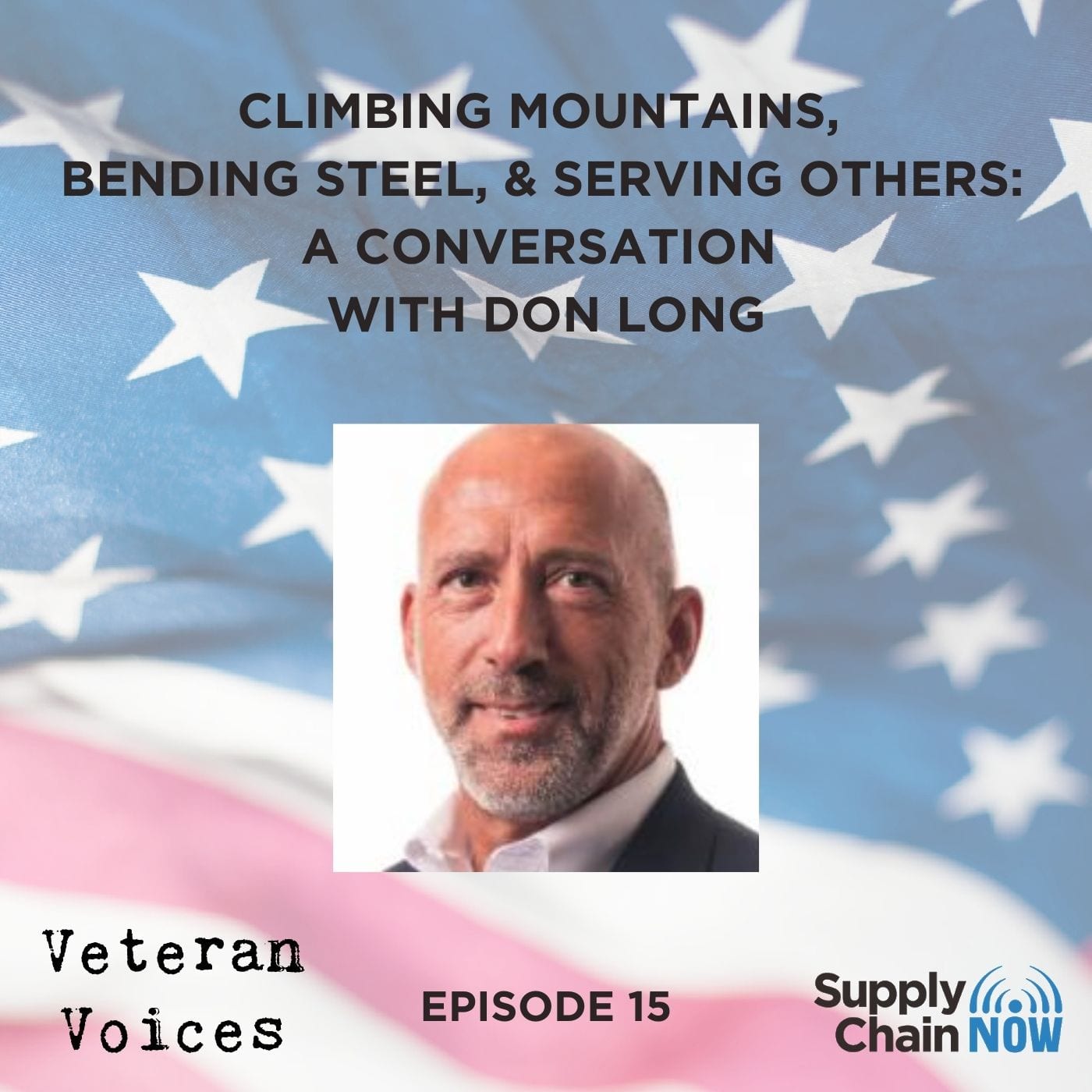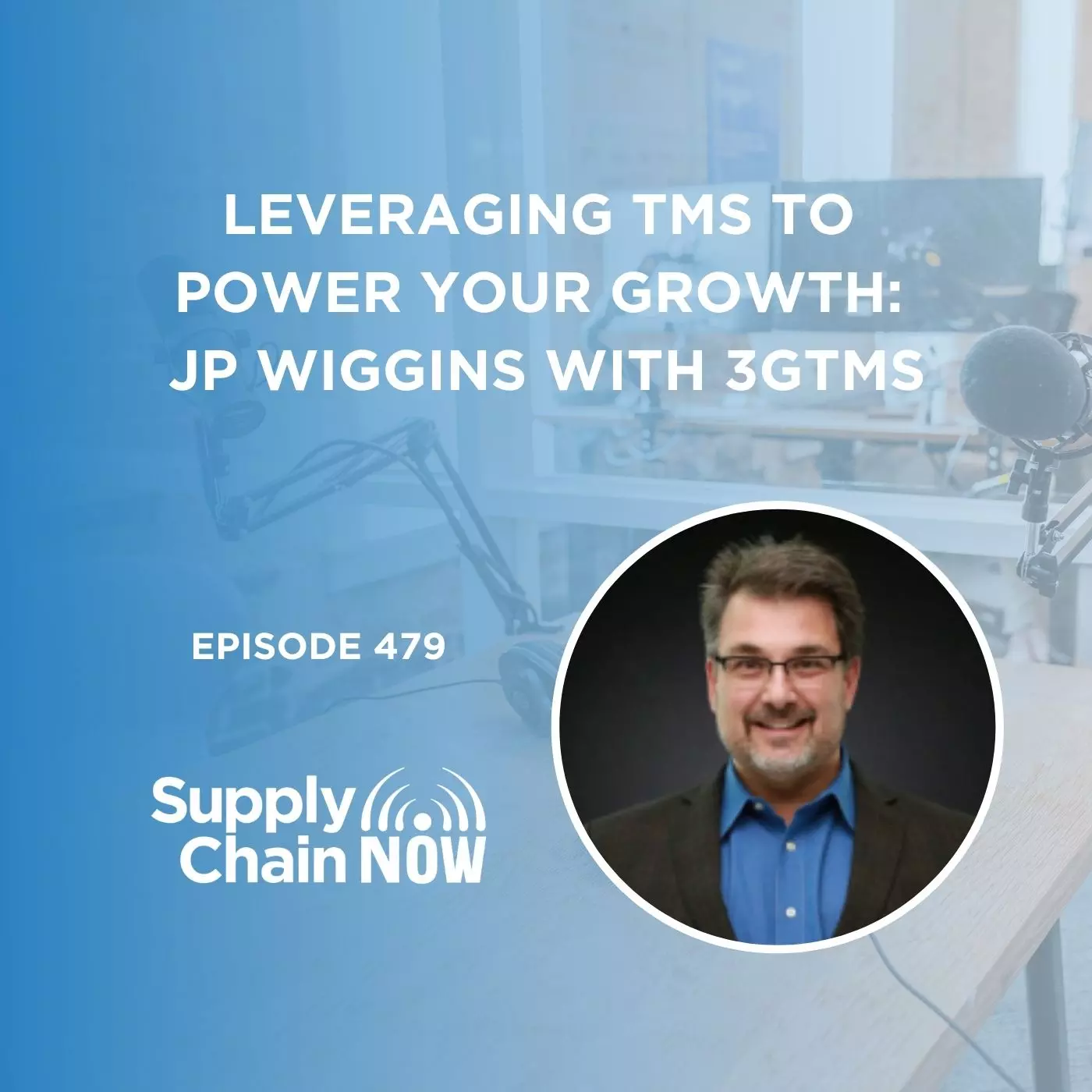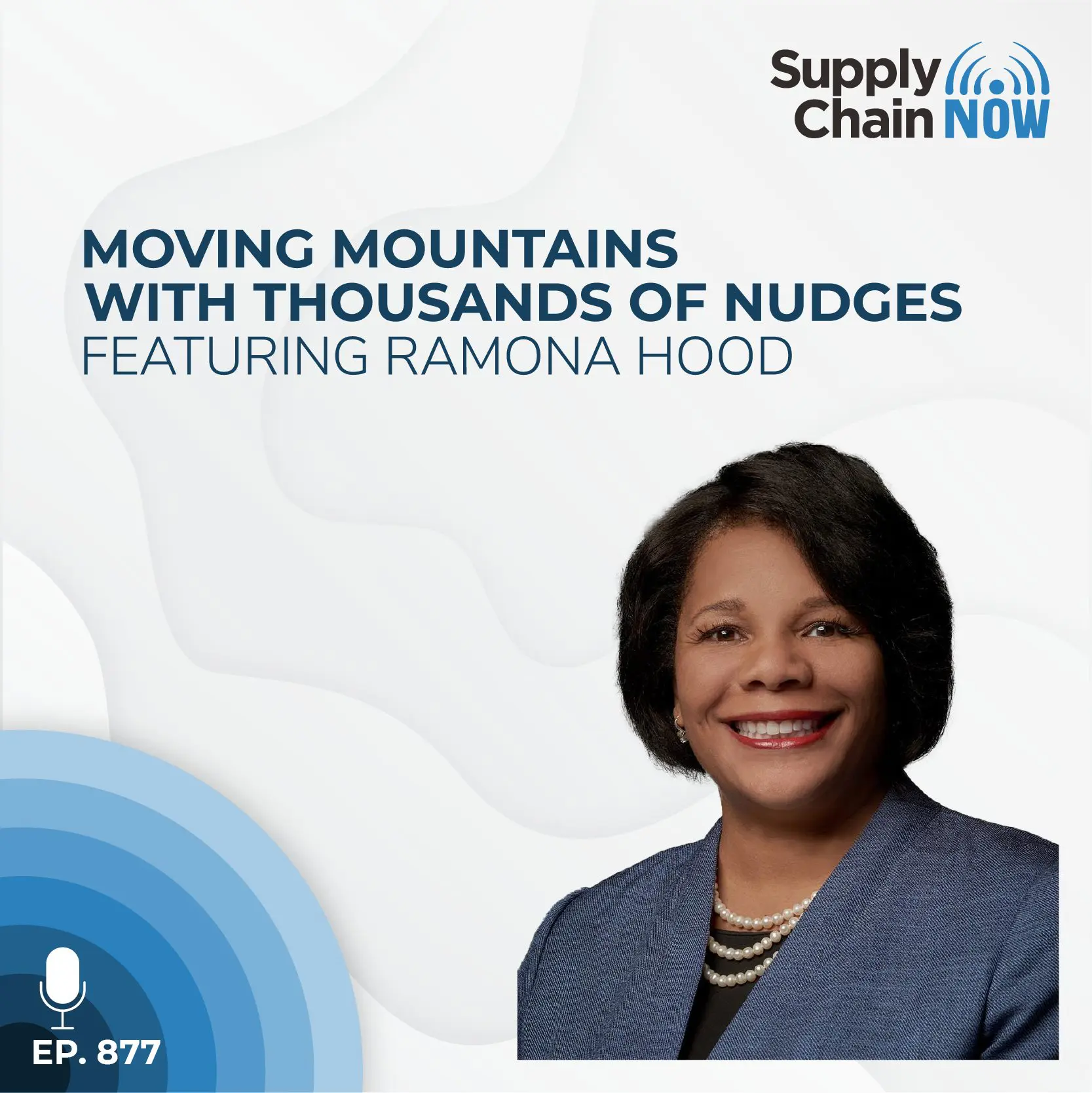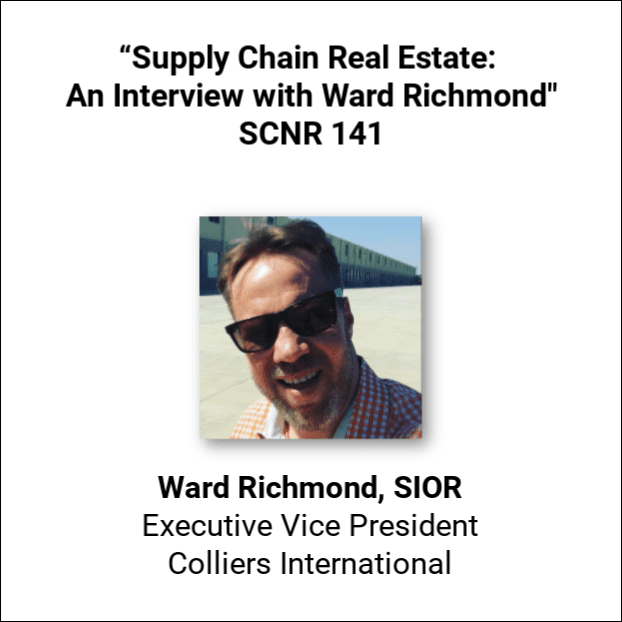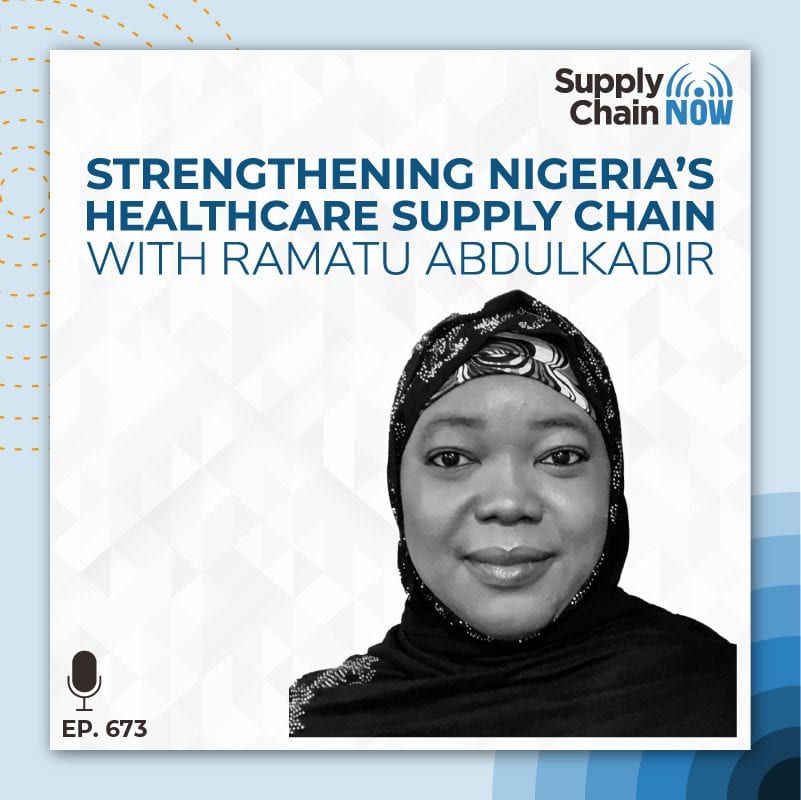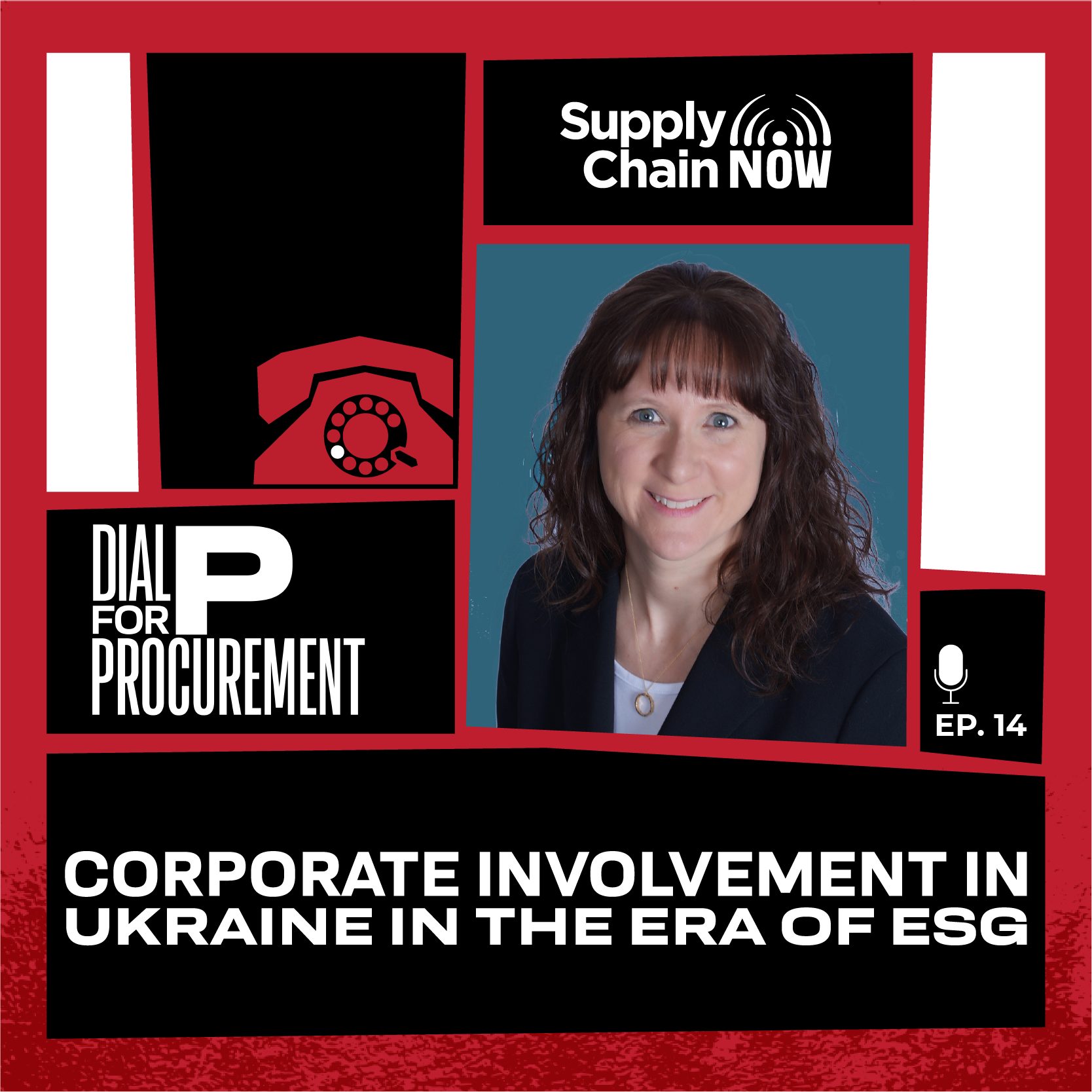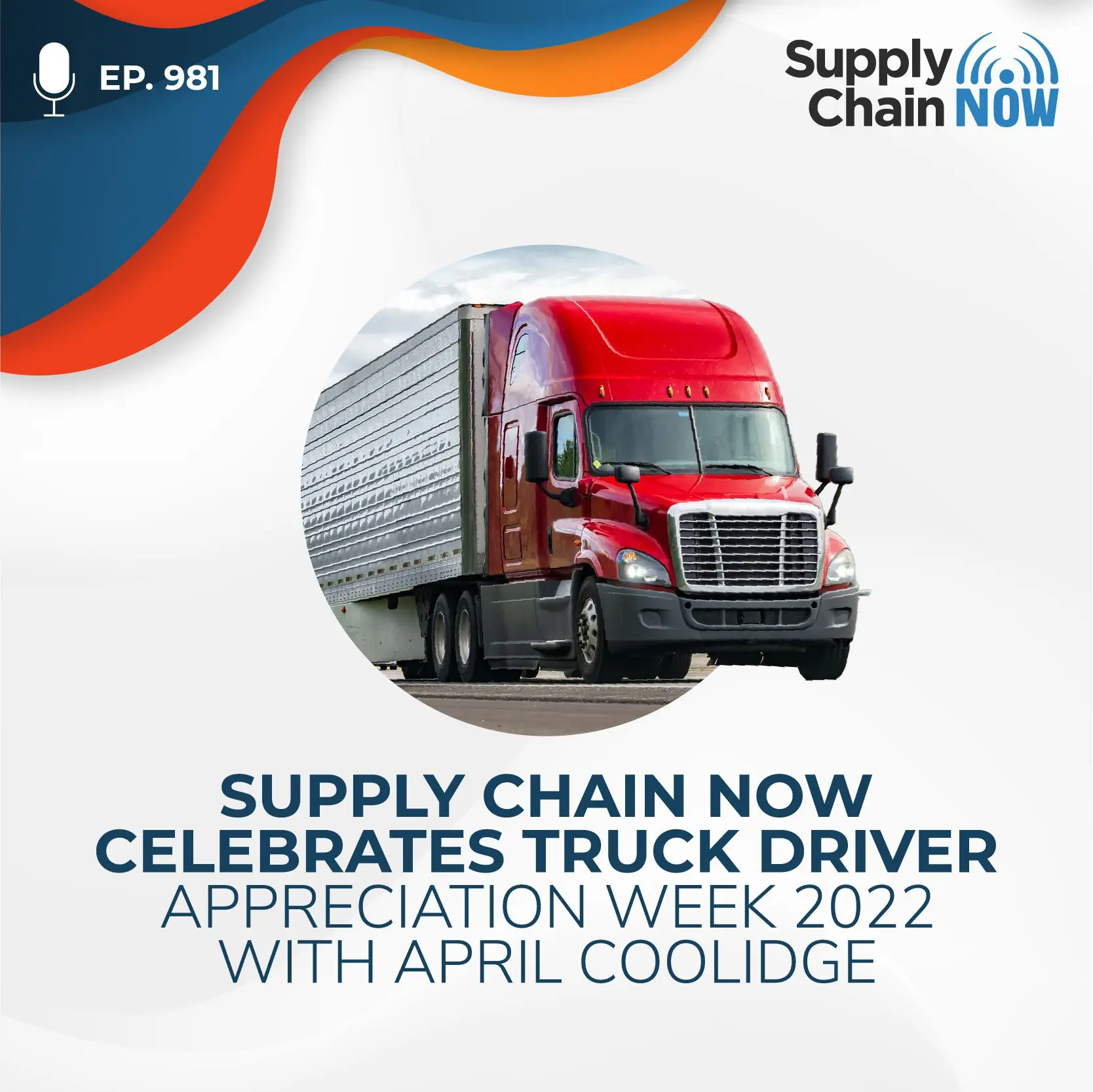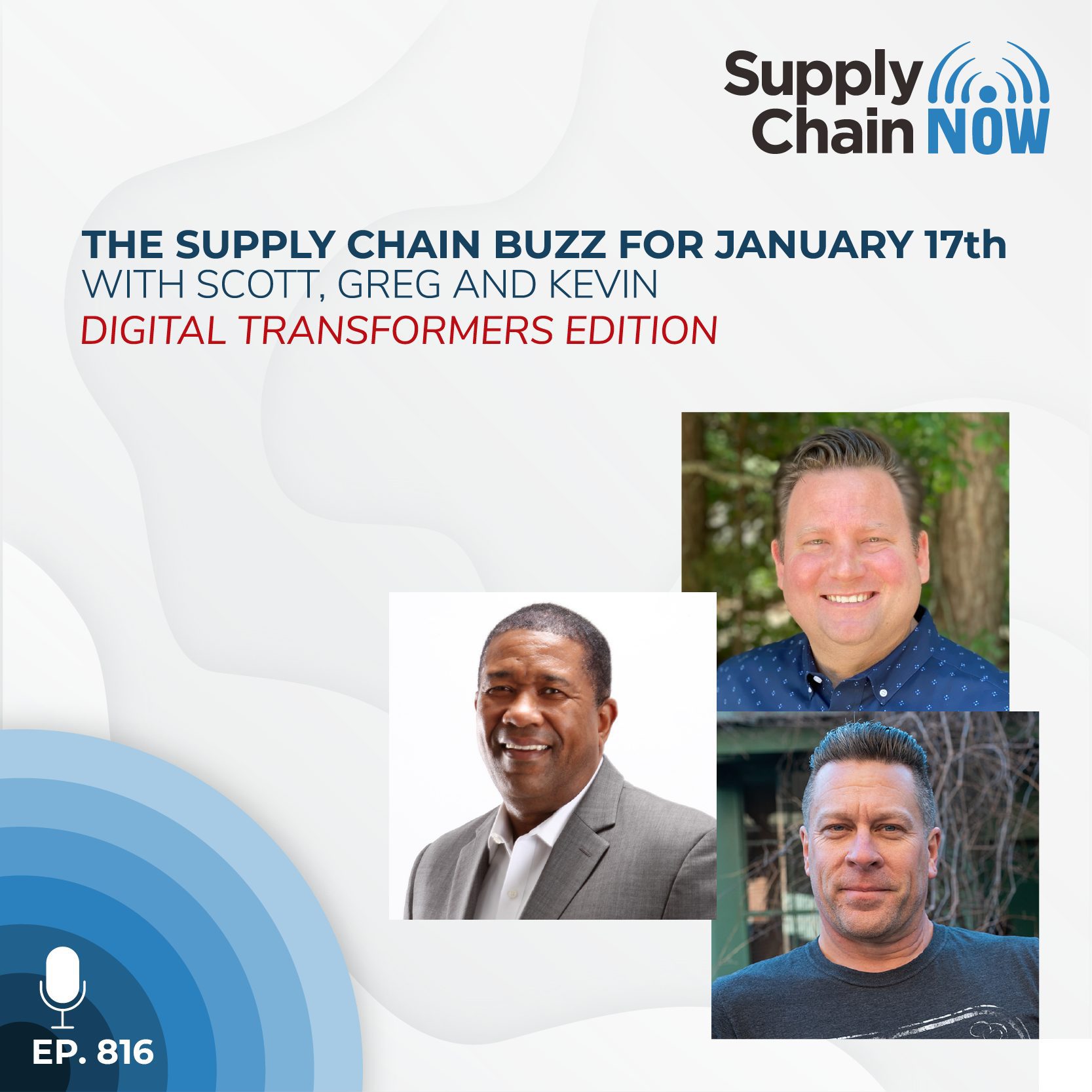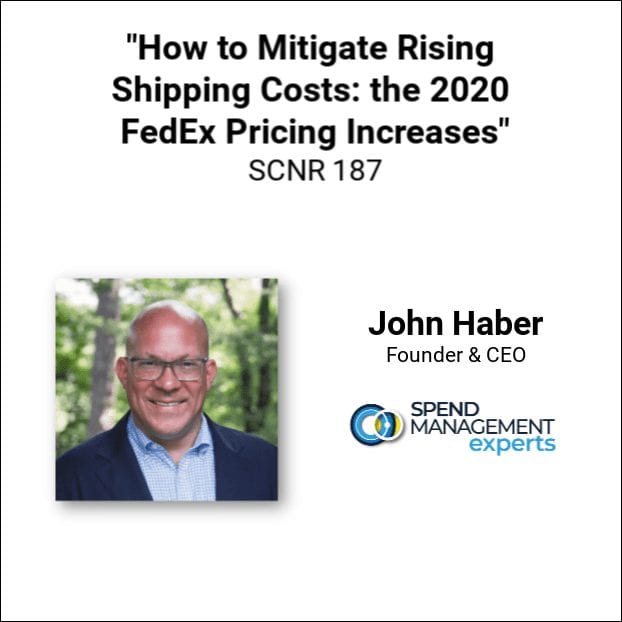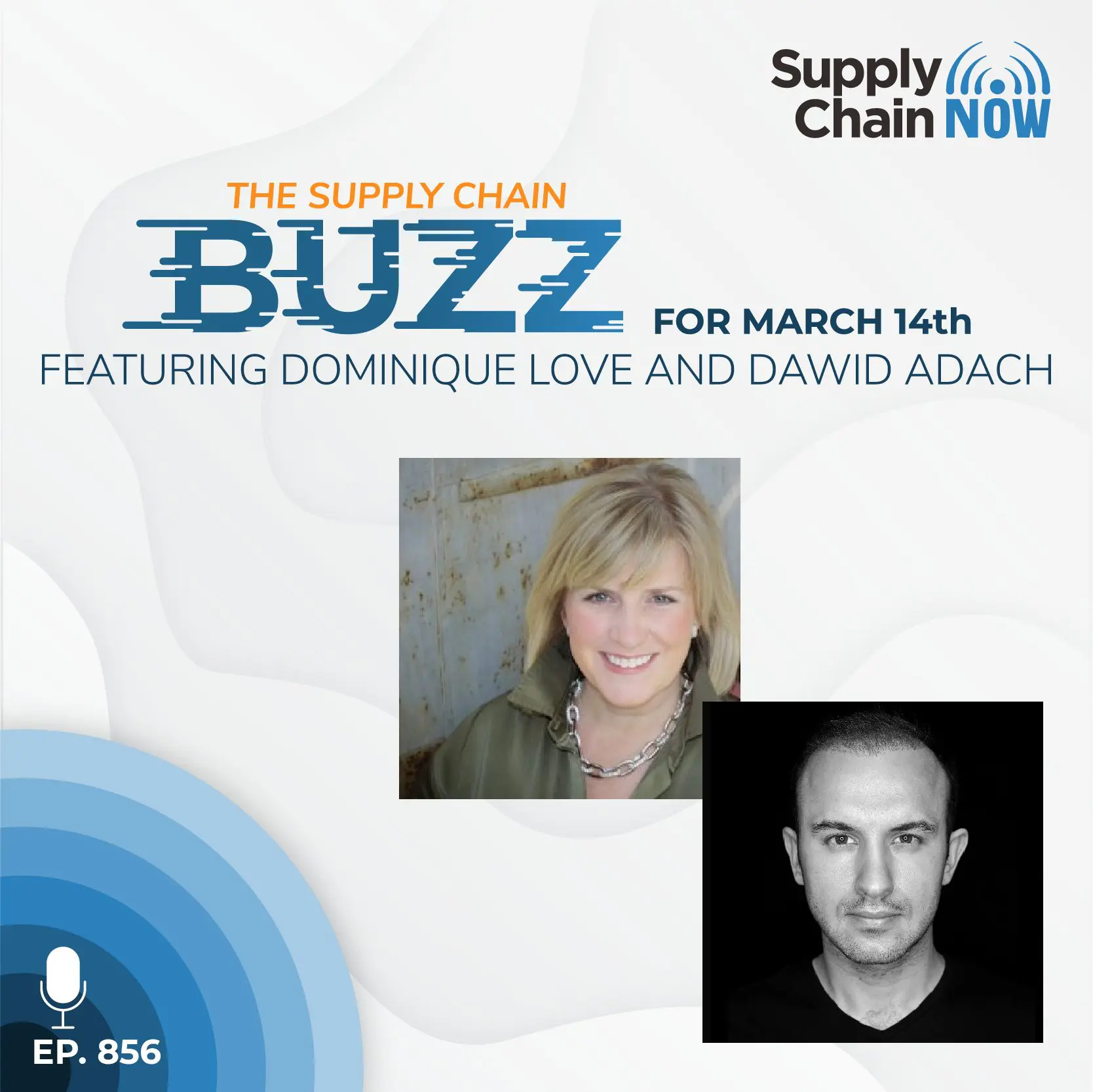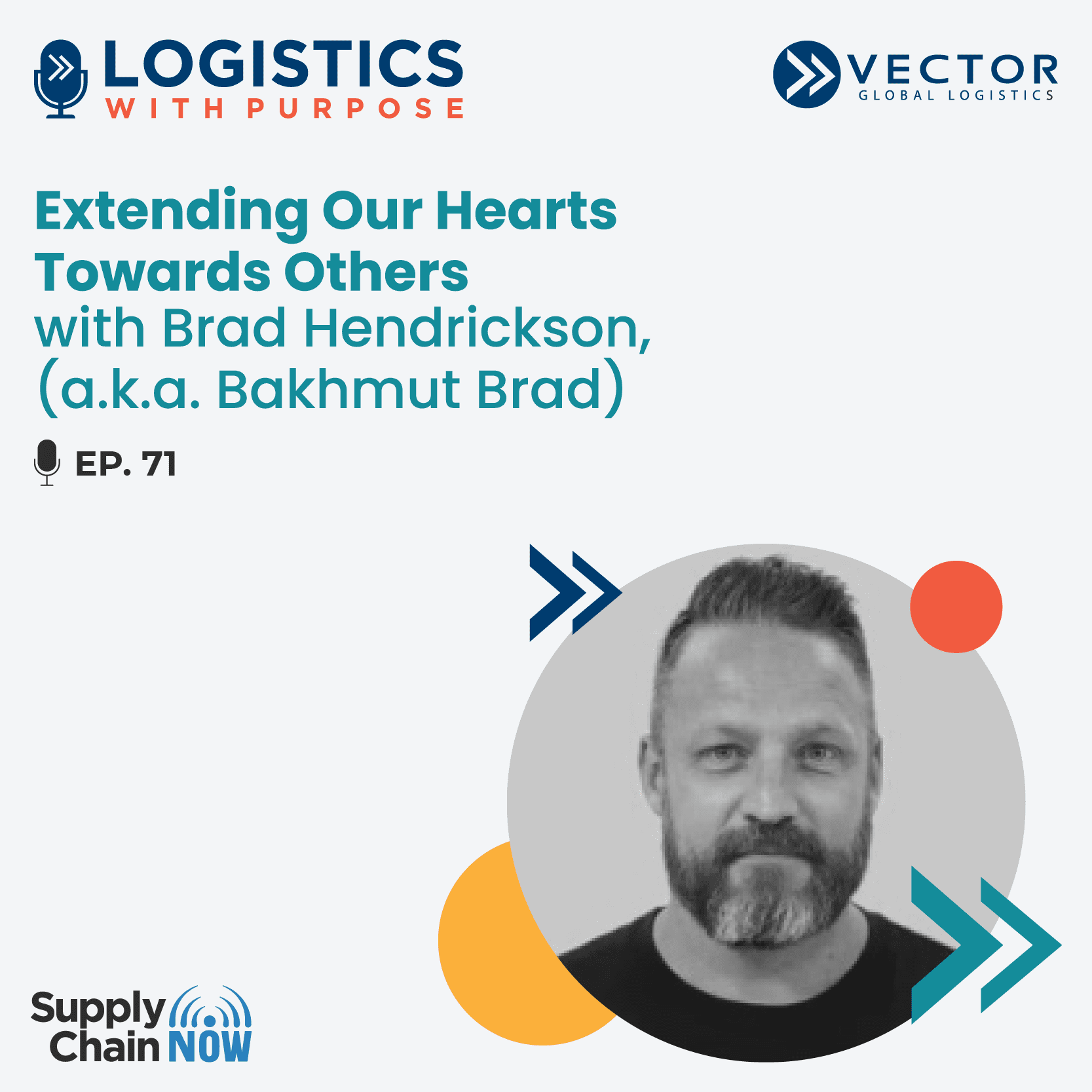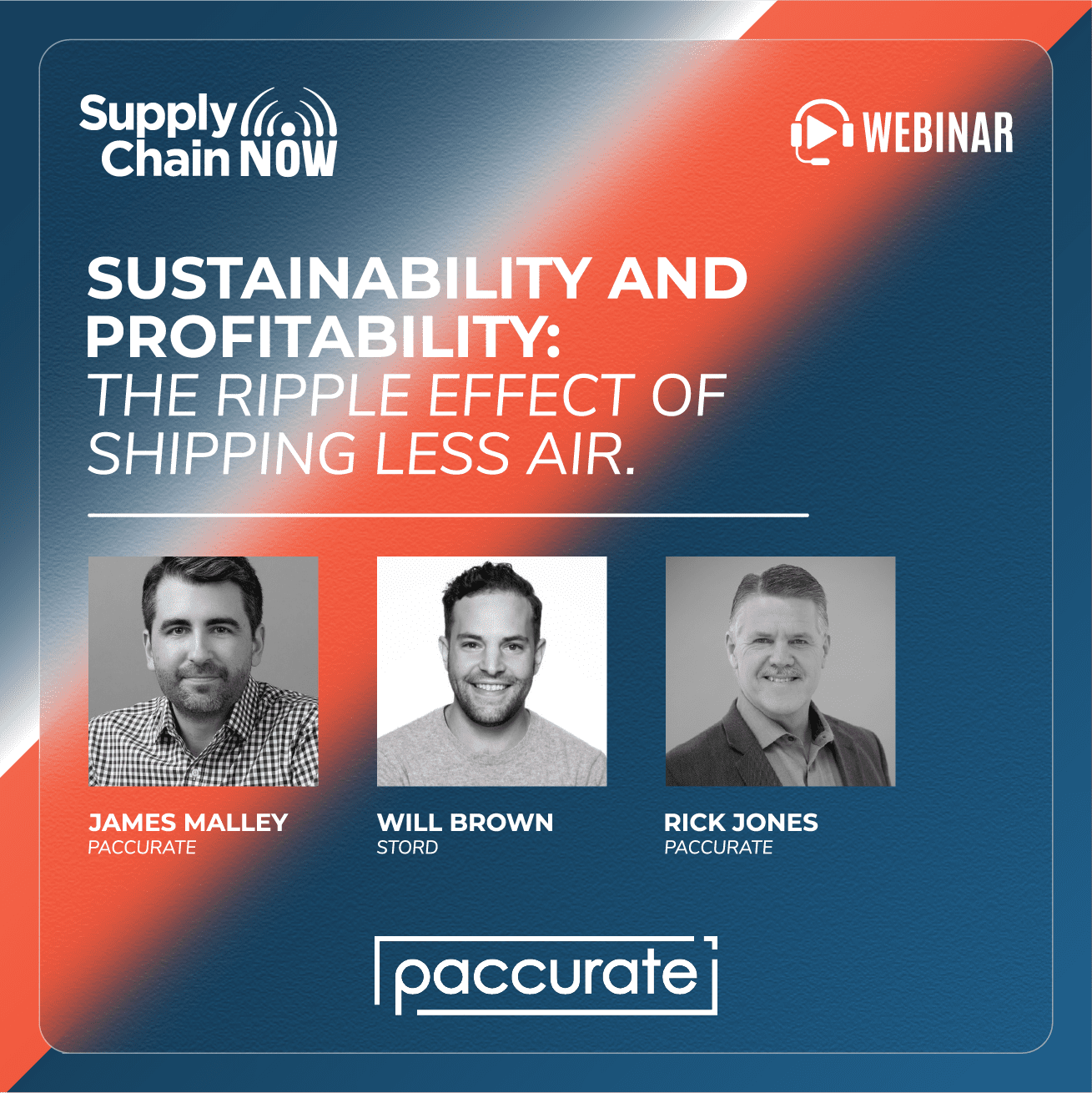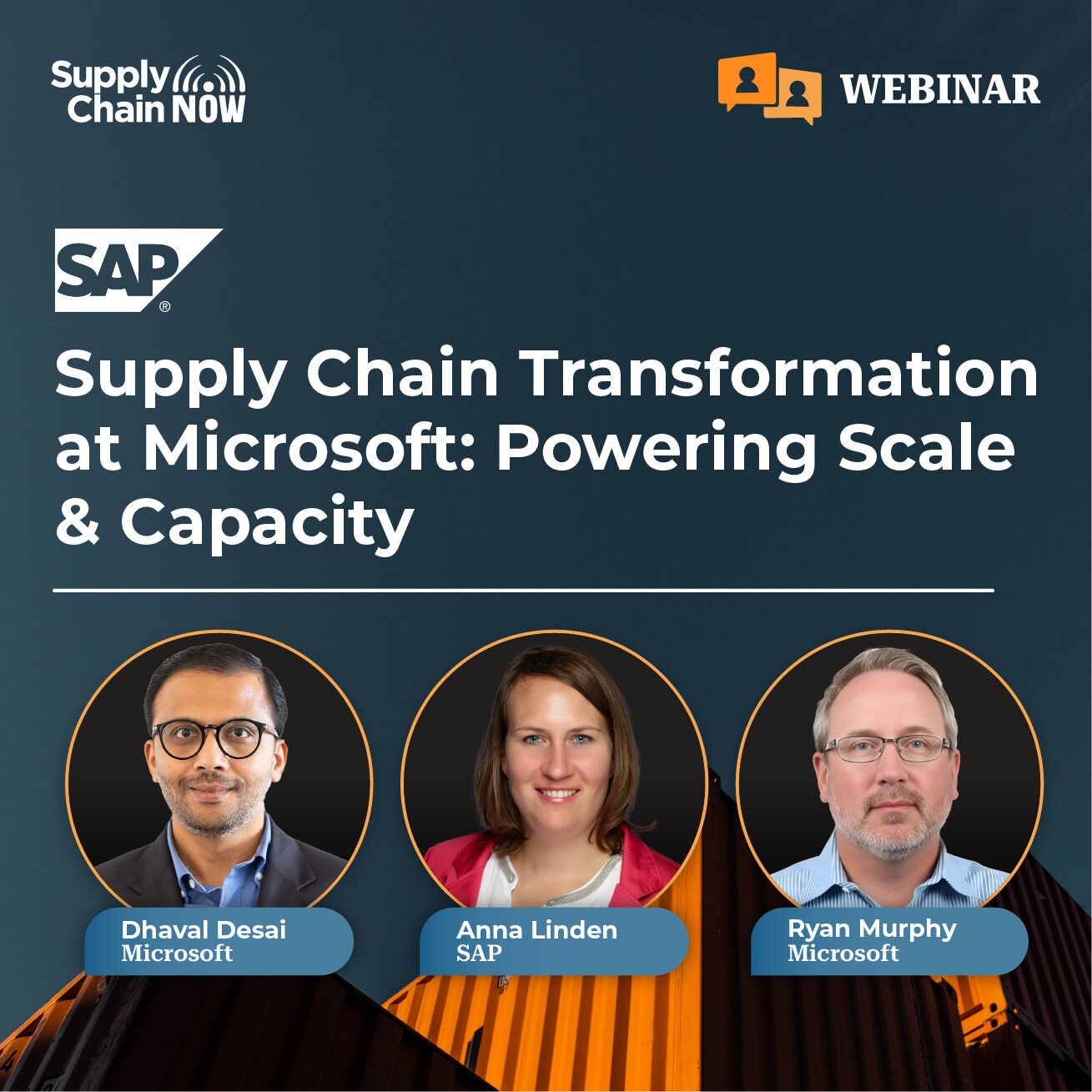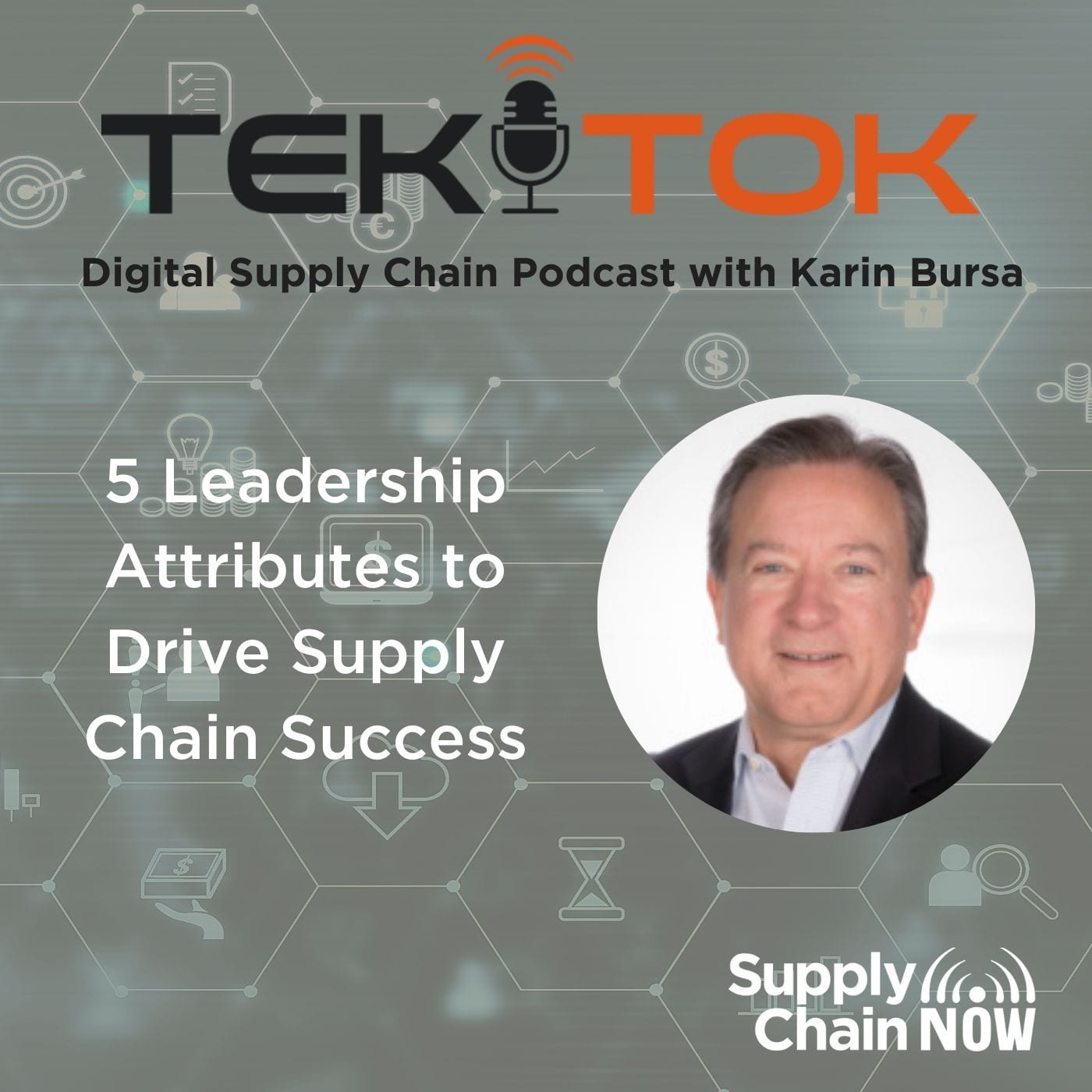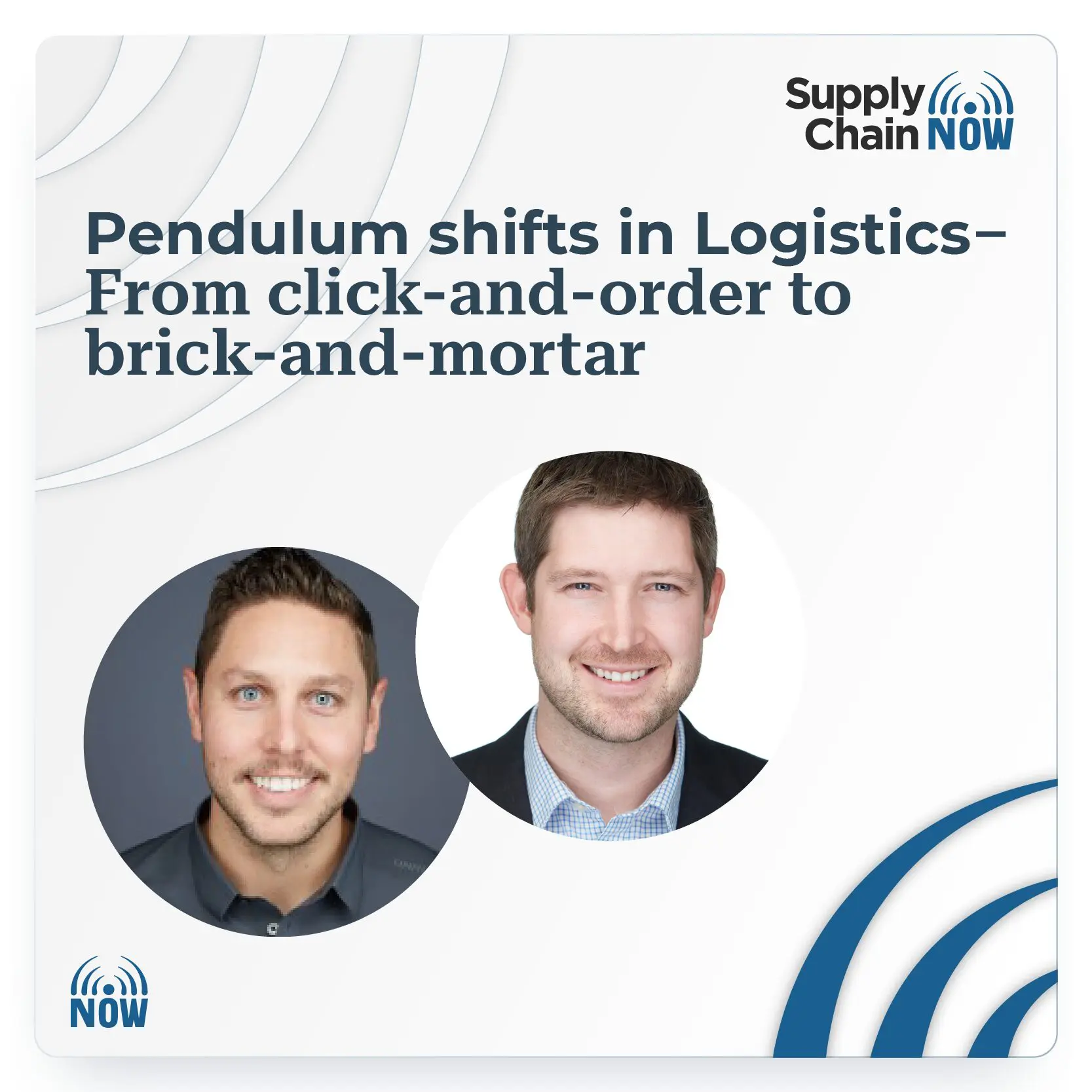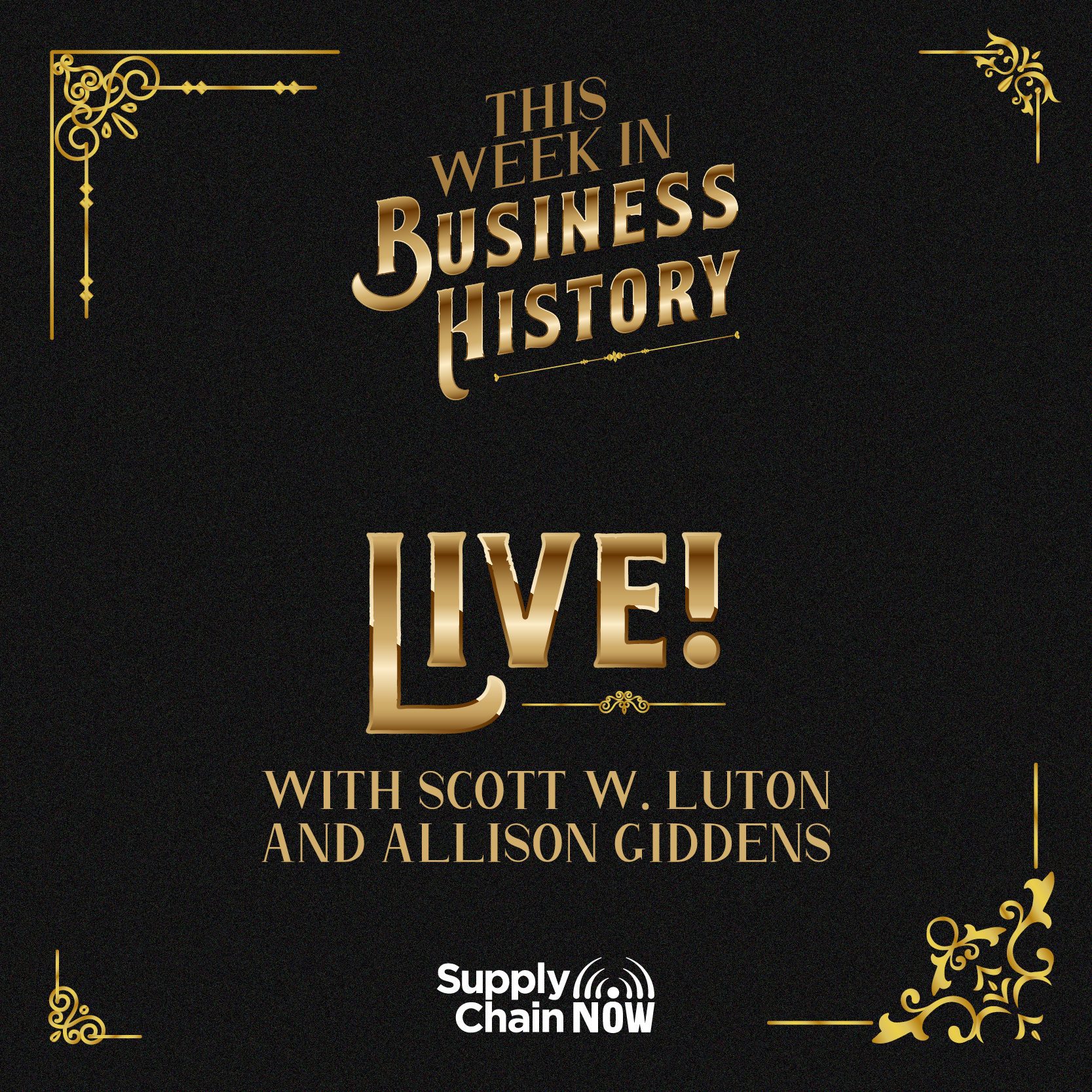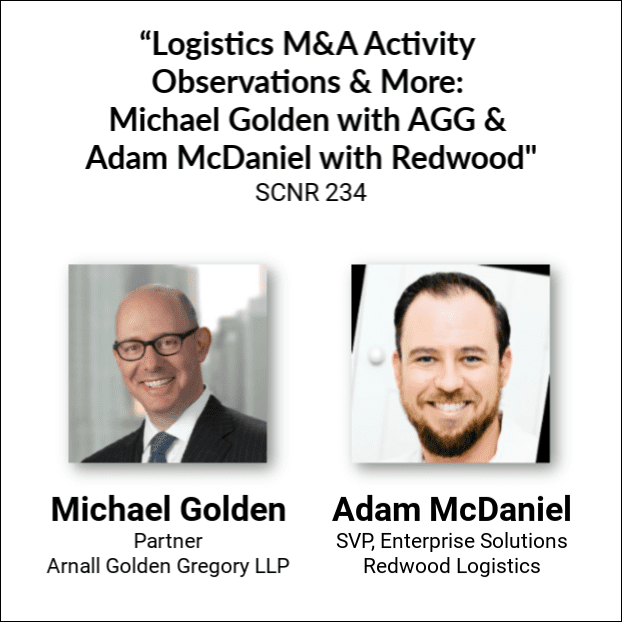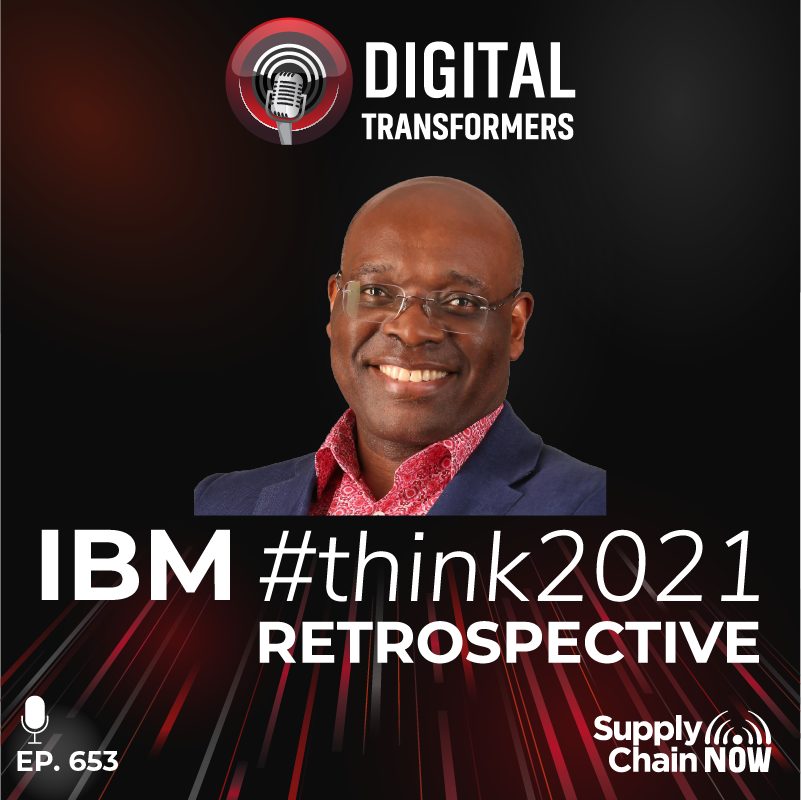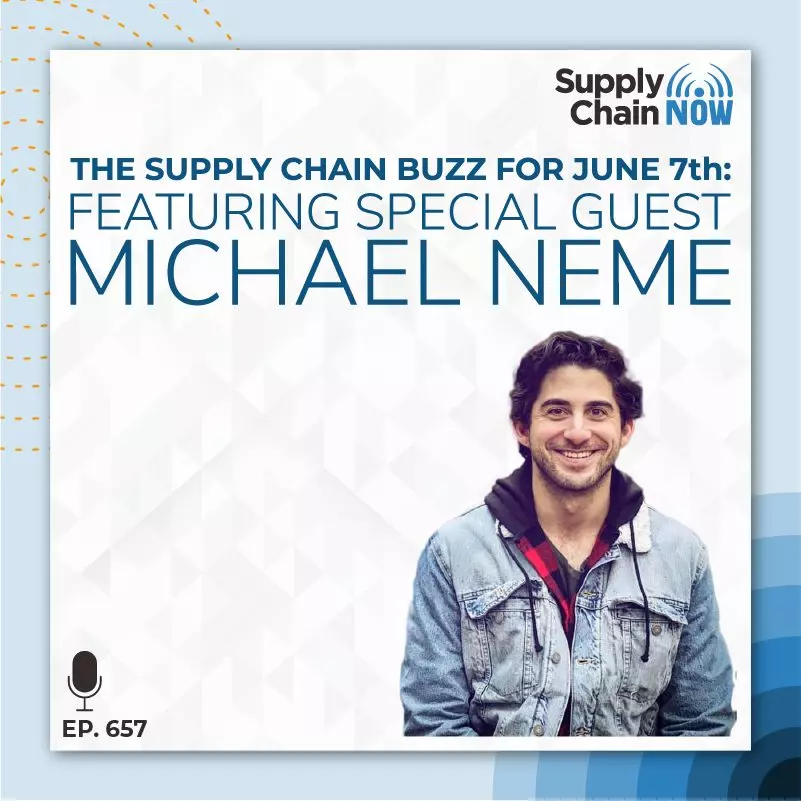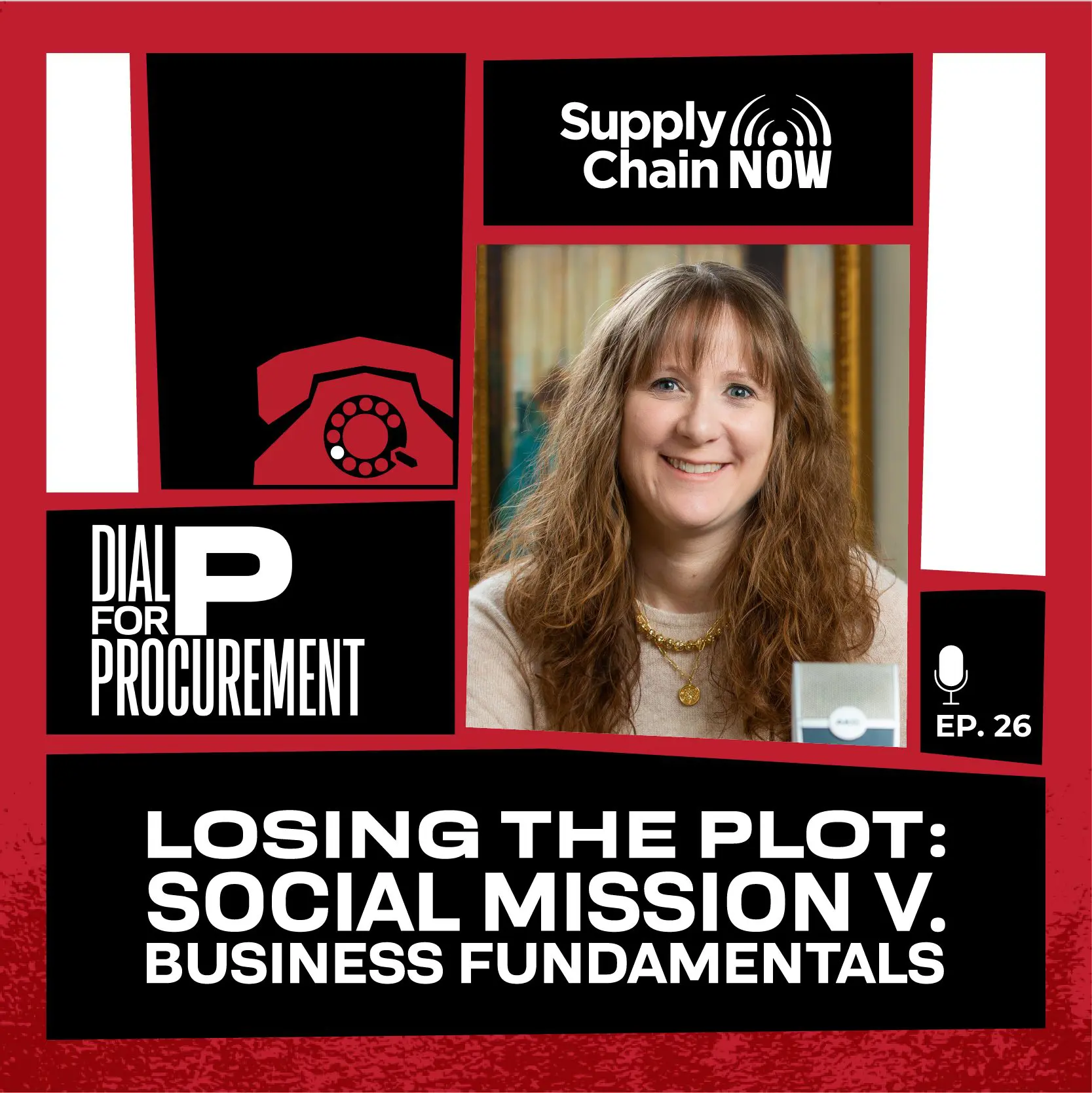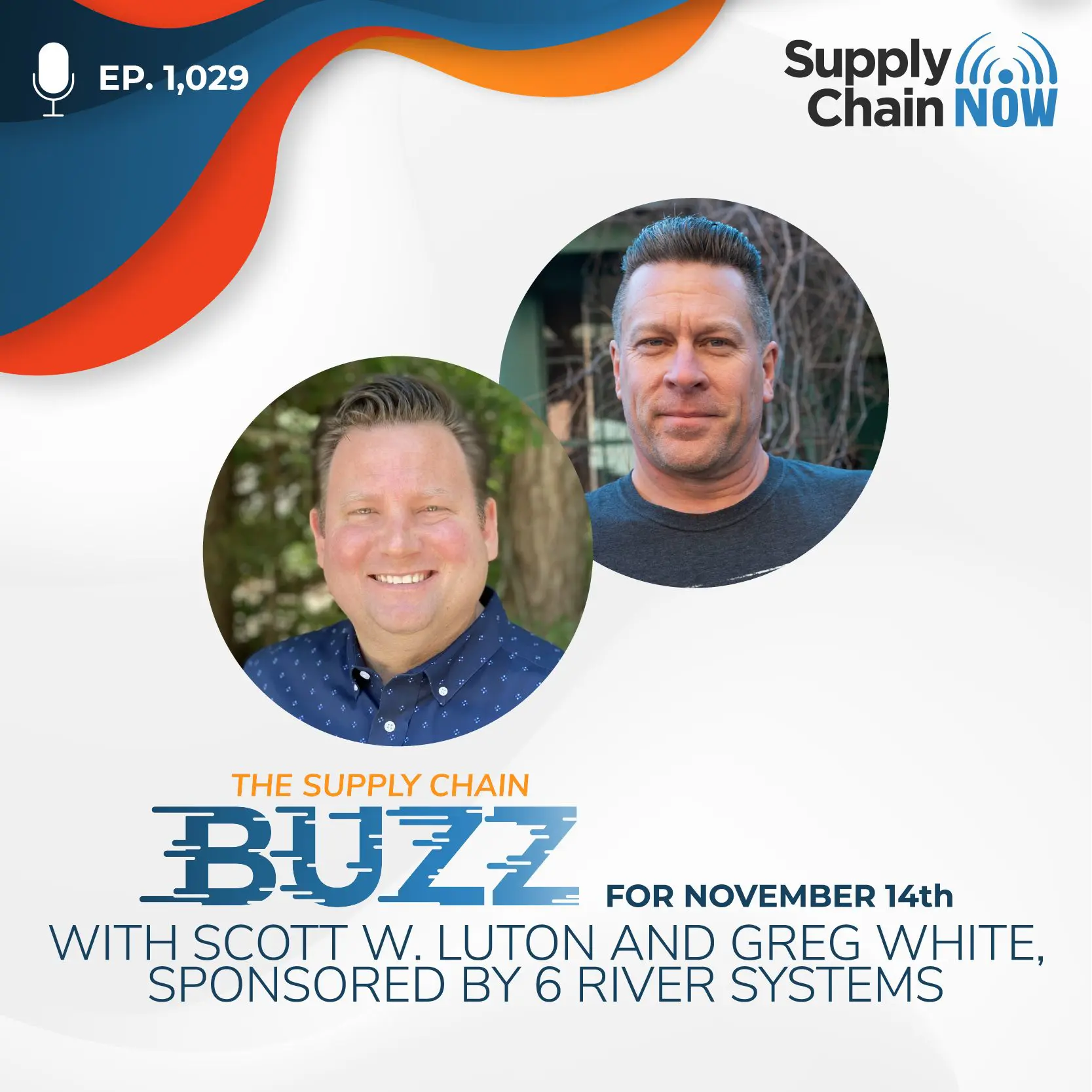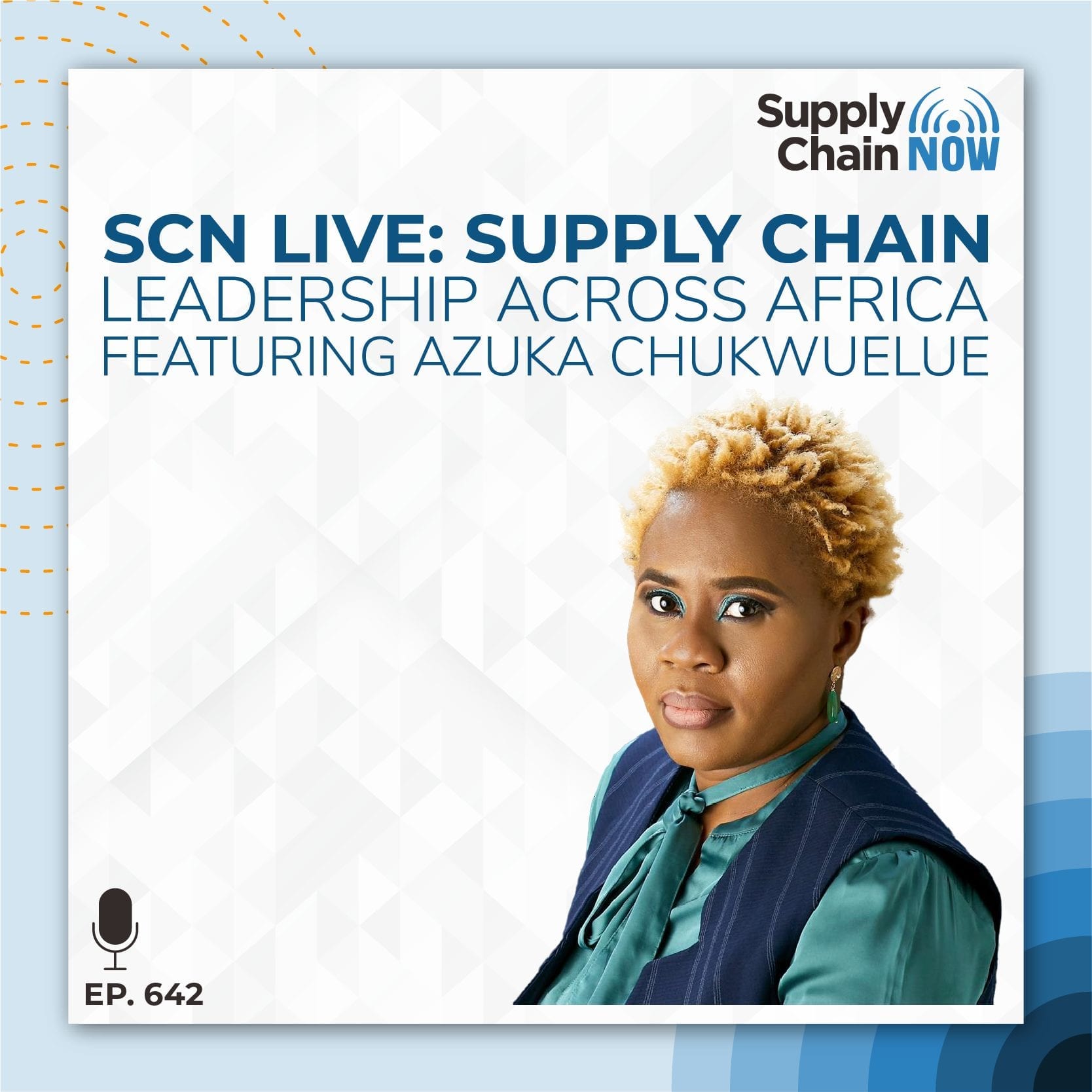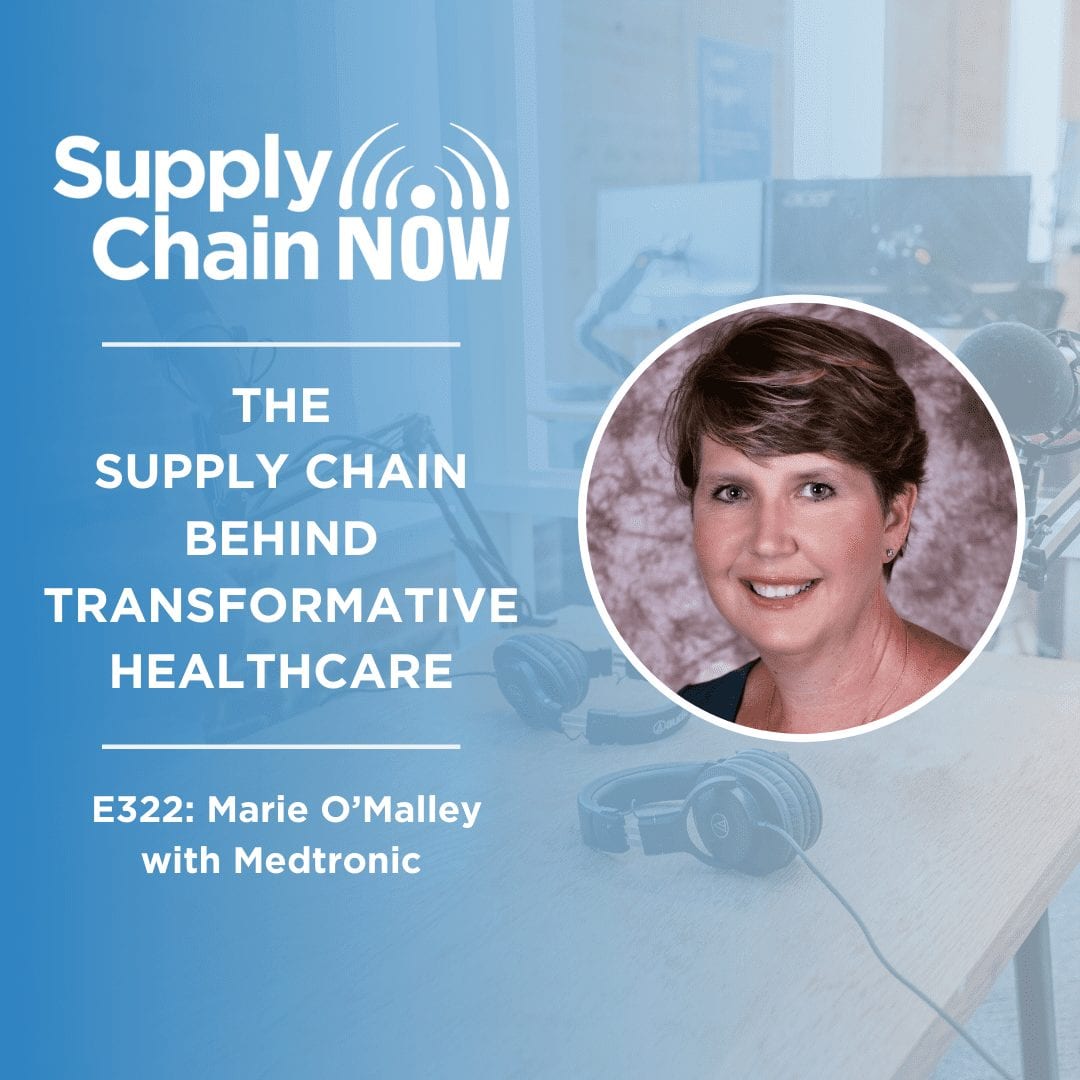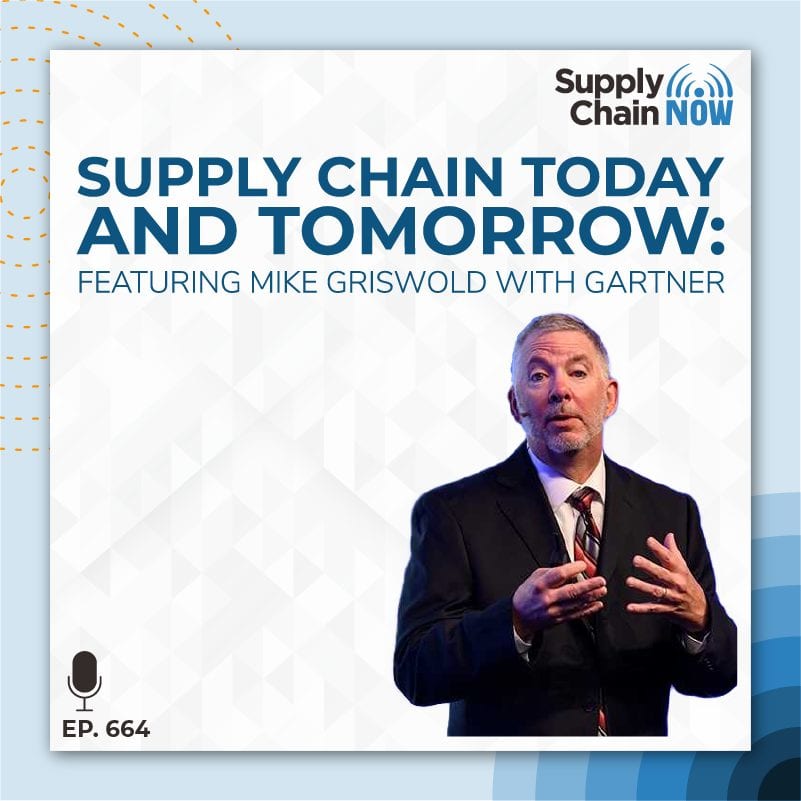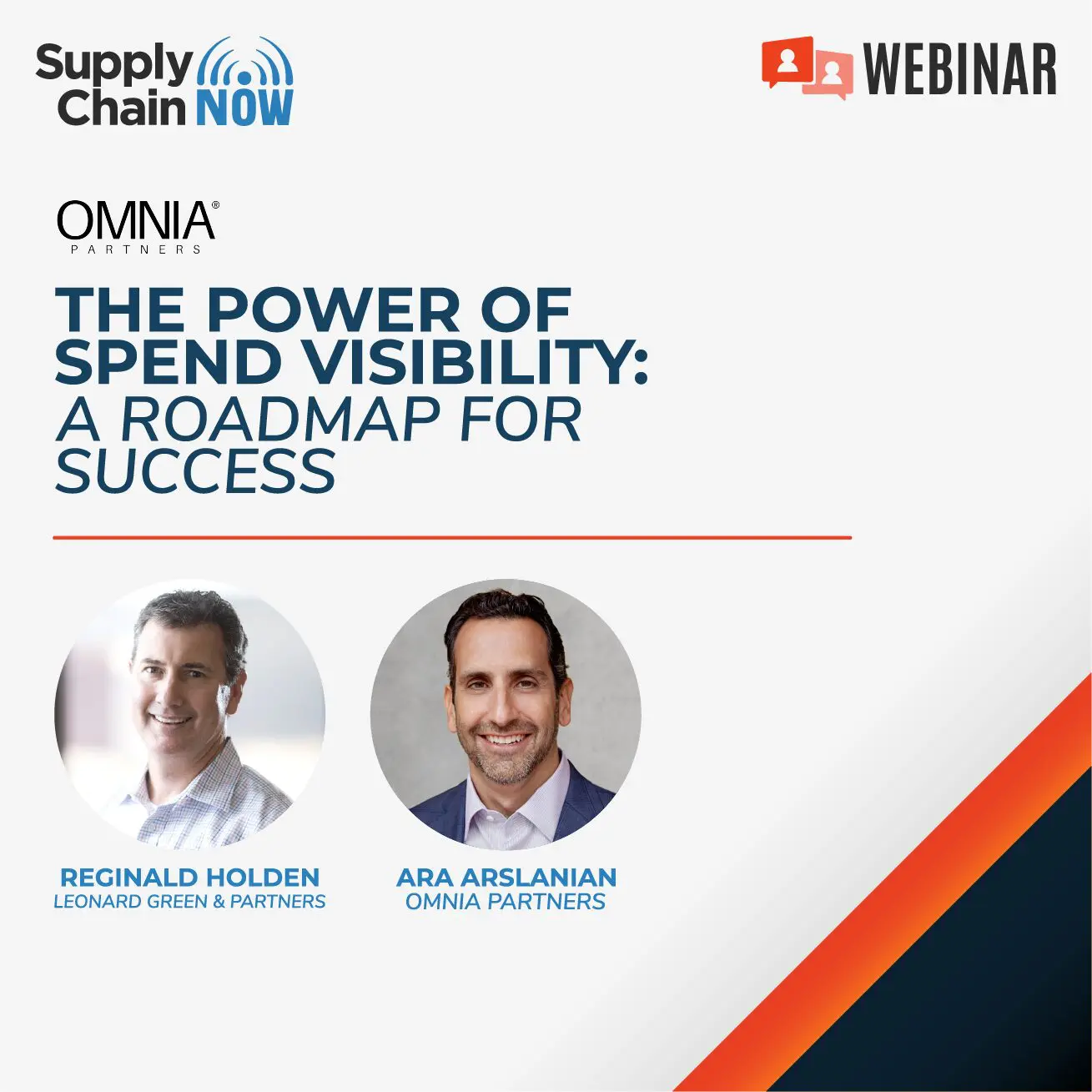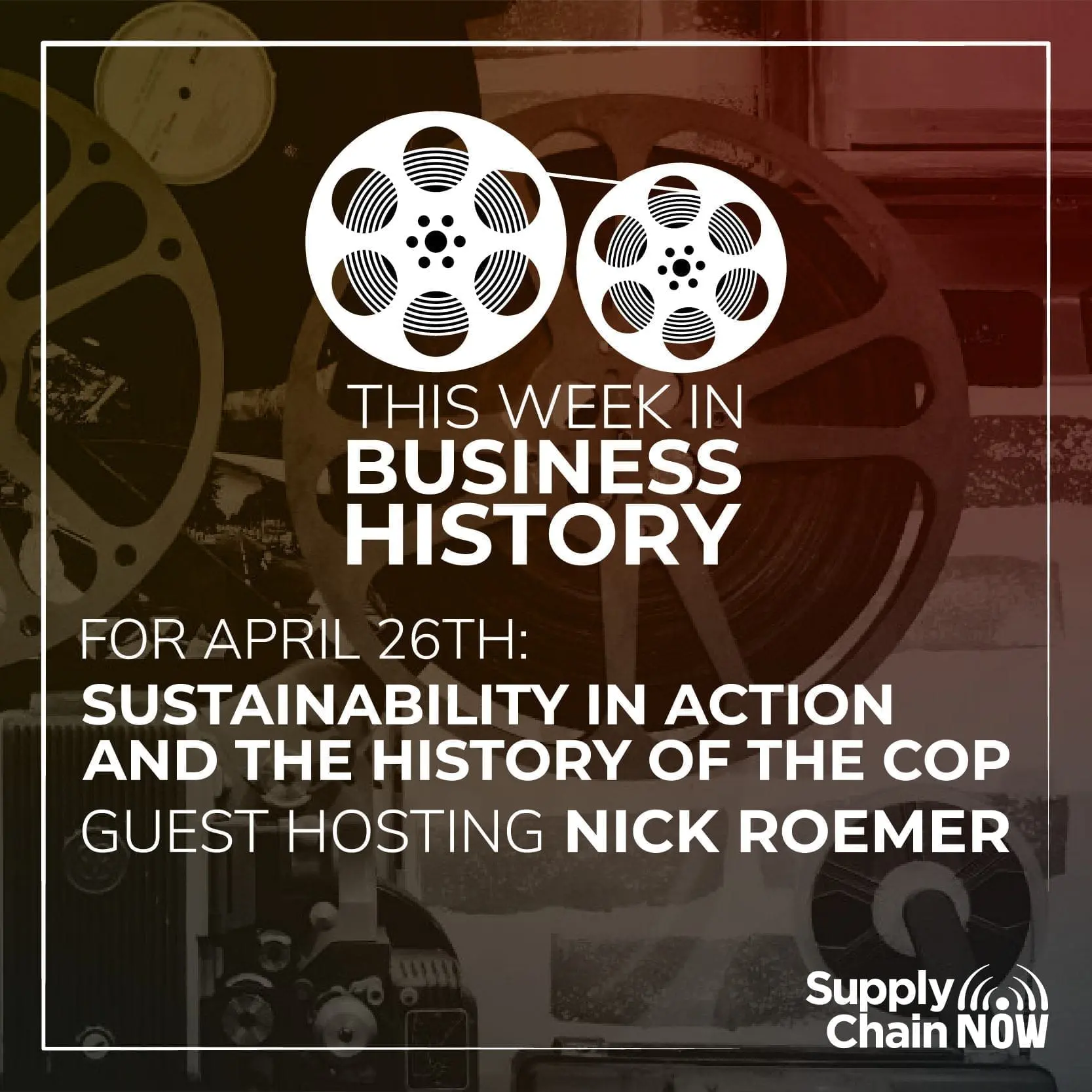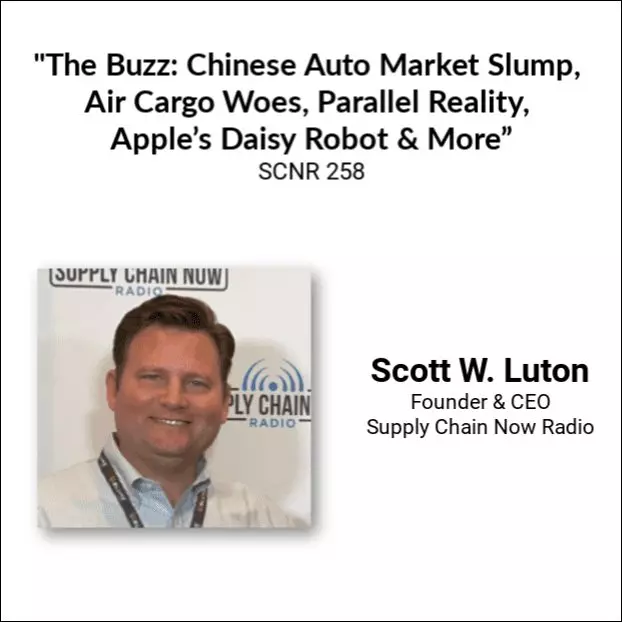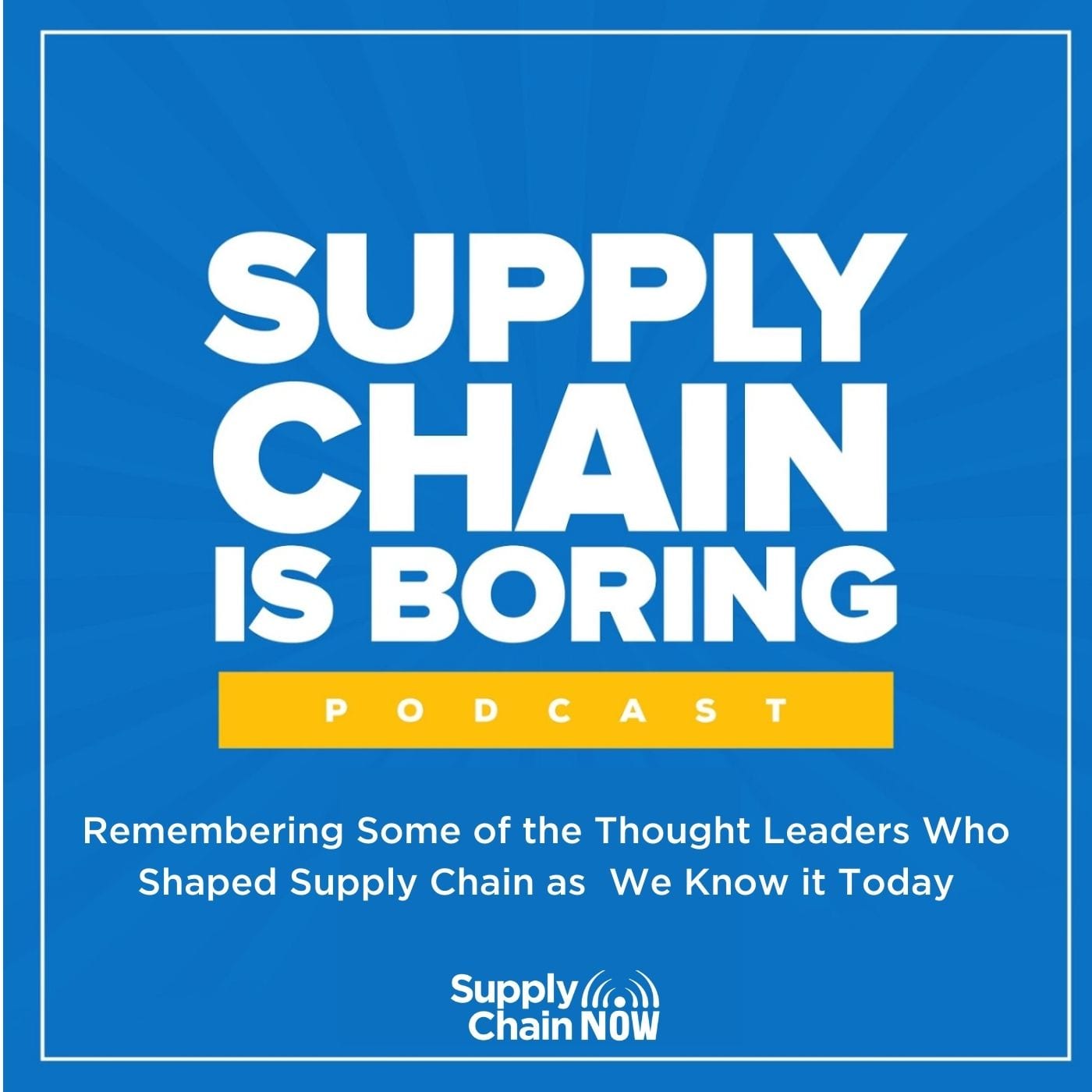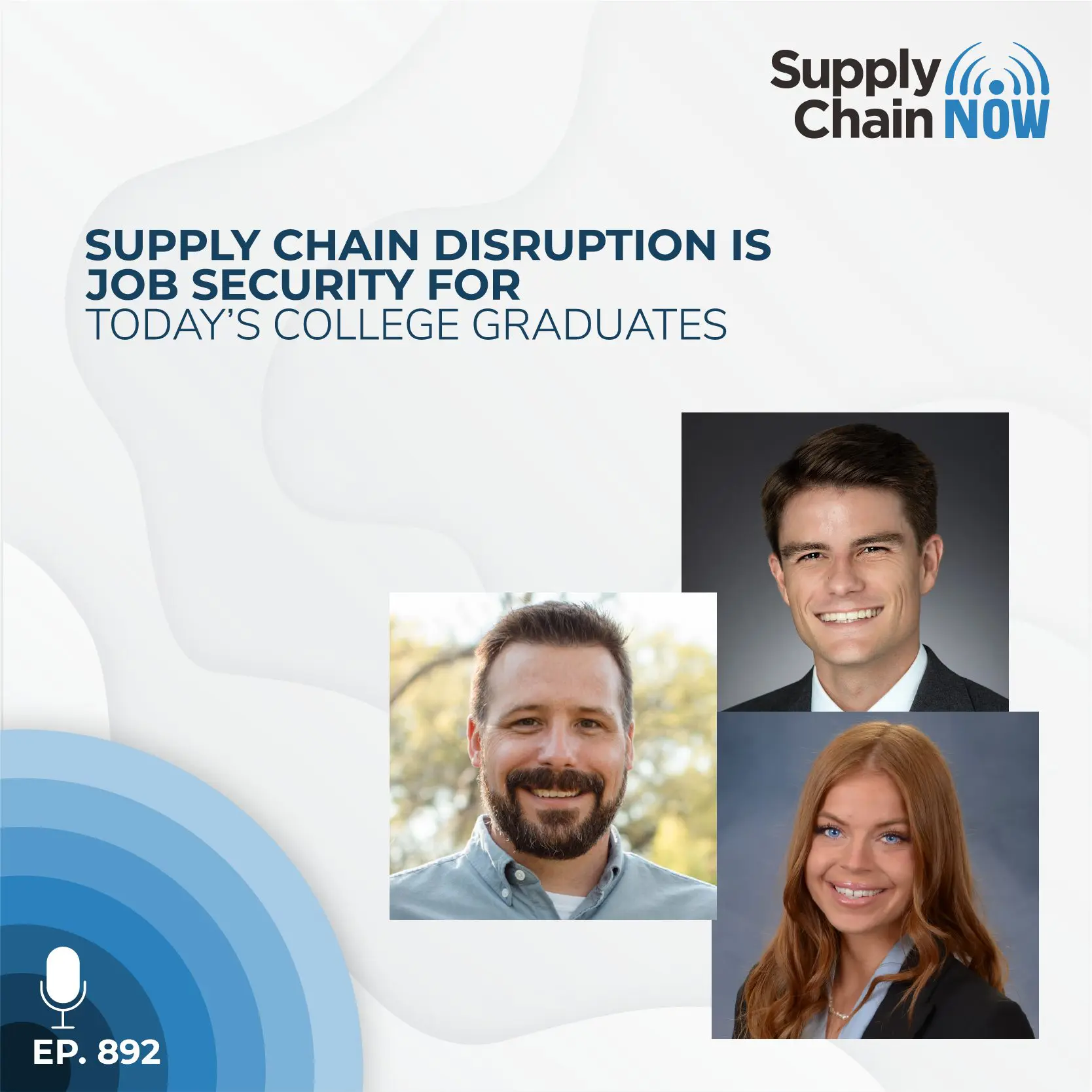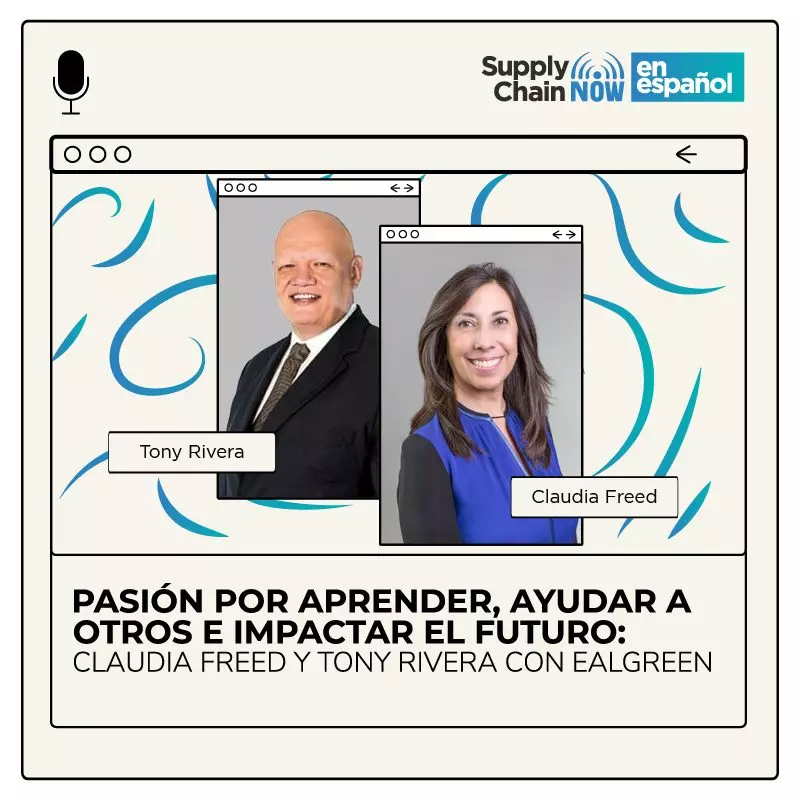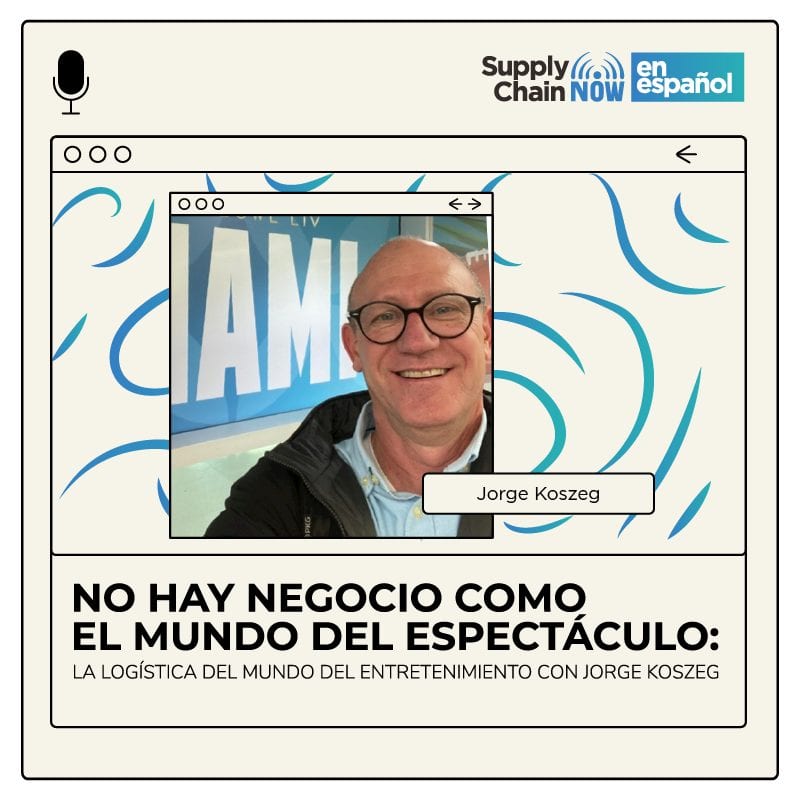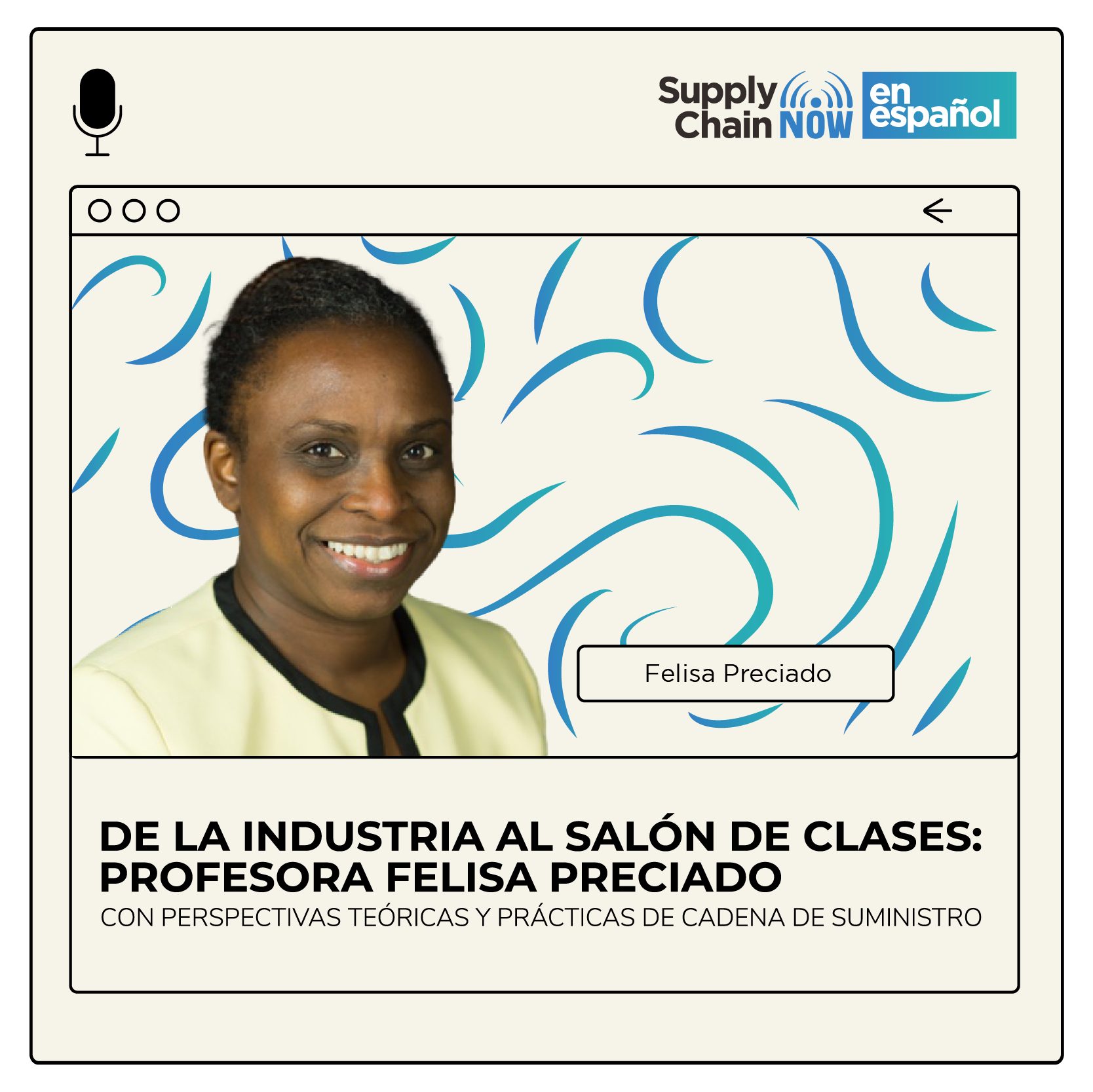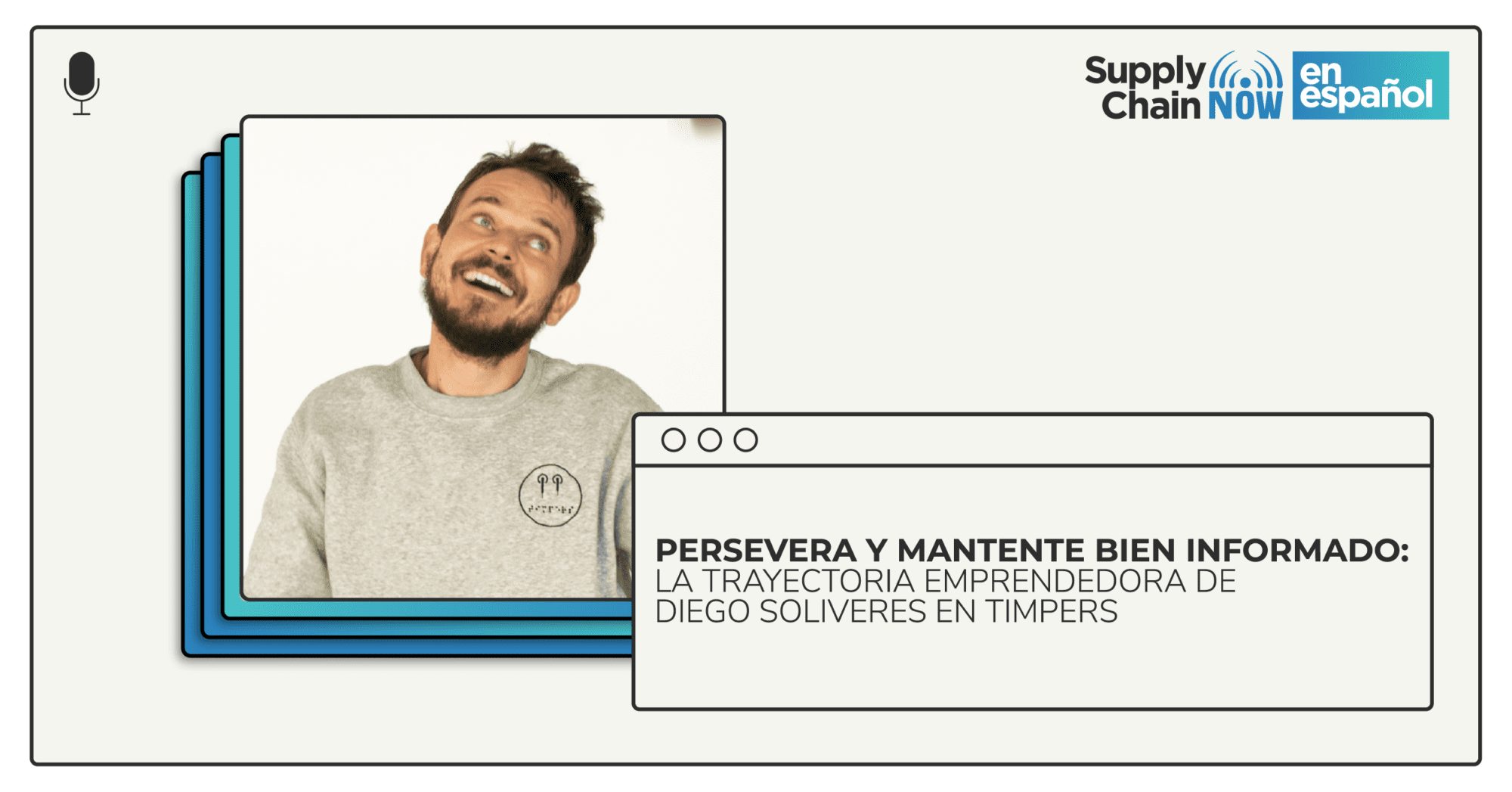
Resumen del Episodio
En este episodio de Supply Chain Now en español, escuche a los presentadores Enrique Álvarez y Nuria Sierra dando la bienvenida al programa a Diego Solivares, el Director de Comunicación/Diseñador de Timpers. Diego comparte sus antecedentes, los desafíos de la primera infancia y el camino hacia el emprendimiento, así como sus sugerencias y palabras de sabiduría para otros futuros emprendedores.
Transcripción en Español
[00:00:37] Hola, buenas tardes. Esto es Supply Chain Now en español. Hoy estamos con un invitado muy, muy especial. Se llama Diego Oliveres, de la empresa Tipper, socio uno de los socios fundadores de. Tiene una historia apasionante que nos encanta. Y bueno, pues antes de darle la palabra a Diego me gustaría daros un poco de contexto y contaros que Campers es una empresa muy joven de origen español, con un propósito e impacto social basado en la inclusión en el que todas las personas que lo forman tienen algún tipo de discapacidad. Y bueno, eh, Diego, bienvenido a nuestro podcast. Bienvenido a nuestro. A nuestro huequito. Y bueno, eh? A nuestro foco de logística con propósito, es un placer para nosotros tenerte aquí. Y para empezar, pues nos gustaría que nos contaras un poco sobre tu infancia, de dónde eres, dónde creciste. Y bueno, pues un poco, un poco sobre ti.
[00:01:51] Eso es bueno, pues encantado de saludarte Nuria, y muchas gracias a vosotros por la oportunidad que me dáis y por la invitación de estar con vosotros. Es. Es de verdad un placer y como tu bien me has presentado, yo me llamo Diego Olivares, pues yo tengo ahora cuarenta y un años. Nací en el en septiembre del ochenta y yo soy canario nacida en Santa Cruz de Tenerife. Lo que pasa es que al poco de nacer, pues mis padres se dieron cuenta, a los seis años nos trasladamos a vivir a la ciudad de Alicante, puesto que en esa ciudad teníamos familia. Mis abuelos por parte de padre vivían allí y además Alicante era una de las cinco ciudades de España, donde había colegio de la ONCE. Entonces mis padres con para mi gusto con muy buen criterio, decidieron que aunque yo más adelante me incorporaba, me incorporaría al sistema de enseñanza entre comillas. Normal, pues que ellos sí que querían que mi primera educación fuera en un colegio de la ONCE, donde me enseñaran a leer el braille, a hacer mis actividades de la vida diaria, a aprender a hacerte la cama, a ser independiente. Entonces, debido a que teníamos familia en Alicante y a que Alicante era una de las ciudades donde había colegio de la ONCE, pues nos trasladamos de Tenerife a Alicante.
[00:03:07] Y bueno, yo ya hice la mi primera educación allí. Cuando pasé al instituto ya pasé a un instituto con personas sin ningún tipo de discapacidad y a una educación corriente como la que habréis podido hacer todos vosotros. Y cuando acabé me metí en el derecho. Yo siempre he sido una persona que he sido muy abogado de pleitos pobres, siempre. No me han gustado nunca las las injusticias, me ha gustado siempre defender algo que me ha parecido justo. Entonces yo pensaba que en Derecho e iba a ser donde yo me diera más cómodo, pero la verdad es que aparecieron en mi vida dos cosas de primeras que me di cuenta de que la justicia no era tan justa como yo pensaba y no me gustó. Acabé por desengancharme mucho y luego apareció mi gran pasión en esta vida que ha sido la música. De hecho, a la gente le chocaba mucho también que un ciego tocara la batería. He estado 16 años tocando la batería, haciendo conciertos por toda España e intentando que ese fuera mi trabajo. Y cuando me di cuenta de que era muy difícil llegar a vivir de la música y ya llevaba un ya tenía una edad avanzada, llevaba muchos años dando tumbos y ya necesitaba centrarme en algo en lo que se puede decir ganarme el pan, pues aunque no hubiera sido el propósito que yo tenía pensado para mí desde pequeño, pues pedí la venta del cupón a la ONCE porque yo como afiliado tenía derecho a solicitarla y bueno, estuve un tiempo vendiendo el cupón y como echaba tanto de menos la música y echaba tanto de menos el hacer algo en grupo y yo siempre me ha gustado mucho aportar y sentirme parte de un equipo y siempre me siento muy bien arrimando el hombro.
[00:04:54] Pues decidí probar a ver qué tal, por qué no? Lo que era el equipo de fútbol para ciegos de Alicante y me metí a jugar al equipo y allí conocí a los que hoy en día son mis socios en el Timber, porque ellos eran parte del equipo técnico del equipo. Uno era el entrenador y uno era el guía del del equipo. Y bueno, ahí es donde nos conocimos y de ahí es donde surgió todo, la idea de tintes, que supongo que luego hablaremos un poco de eso y y hasta ahora que estamos ahí embarcados en el proyecto y en la aventura e intentando hacer de esto algo muy muy bonito y que sea nuestro modo de vida y a la vez aportando algo a la sociedad.
[00:05:38] Wow, wow, qué increíble, eh? Bueno, volviendo un poco al pasado de tu experiencia de vida que has aprendido que que puedes aplicar ahora en tu vida como. Como emprendedor.
[00:05:57] Bueno, pues en mi vida como emprendedor yo siempre diría que cuando me piden que dé consejos, aunque eso hay que hacerlo con mucha humildad, porque yo no soy nadie tampoco para dar consejos a nadie. Pero si como tú dices, a través de mi experiencia siempre intento dar dos pequeños grupos de consejos muy breves en unos cuando estás empezando a emprender, que es muy importante tener claro el foco para volcar toda la energía y y el trabajo. Luego también es muy importante e informarse mucho y pelear mucho para apuntarse a todo tipo de concursos de emprendimiento o subvenciones, porque hay muchas más de las que la gente cree y la gente por no moverse muchas veces no lo sabe. Y todo emprendedor empezamos sin recursos y hay que aprovechar mucho todas las oportunidades que hay, porque hay muchas más subvenciones y ayudas de las que la gente se cree y. Y luego también creo que es muy importante saber cambiar el foco. Hay veces que cuando emprendemos en algún proyecto le tenemos mucho amor porque lo consideras como un hijo y hay muchas veces que uno no se da cuenta cuando algo no funciona y cuando hay que que cambiar el foco y cambiar el rumbo. Entonces uno tiene que tener saber vencer ese orgullo y ese amor propio y saber que el saber darse cuenta de cuando uno tiene que cambiar algo o cambiar el rumbo o o dejarlo y empezar otra cosa, porque ya te digo que hay veces que perdemos muchísima energía vital intentando cuidar a ese hijo que tienes, que a lo mejor necesita cambiar de aires.
[00:07:39] Y luego, cuando ya estás emprendiendo, me gusta también dar tres consejos. El primero, tener una rutina muy ordenada y un orden en la vida, tanto de trabajo como de descanso, porque es tan importante trabajar como descansar. O sea, el tener un orden en la vida es muy importante. Luego creo que uno siempre tiene que saber rodearse de gente que sabe más que uno, porque creo que siempre hay gente que puede aportar y ayudar muchísimo y uno nunca puede ser tan, tan prepotente que para pensar que ya lo sabes todo. Y luego también veo muy importante nunca dejar de reciclarse y de formarse, porque el mundo es muy dinámico. El mundo este además, es mucho más. Cada día hay cosas nuevas. Entonces, en la línea del consejo anterior, creo que uno siempre debe saber que no puedes dejar de formarte y de aprender y de y de y de saber cada vez más de lo tuyo. Esos son los consejos que yo daría a la gente, básicamente increíble.
[00:08:41] Oye, cuéntanos un poco sobre tu trayectoria profesional y a qué te dedicabas antes de te. Claro, pues nada de los socios fundadores de témperas.
[00:08:54] Pues mi trayectoria profesional. La verdad es que te digo la verdad. No es para estar muy orgulloso, pero pese a que nunca he parado de hacer cosas y siempre he sido muy proactivo y tal, pero a lo mejor no, no di nunca los pasos adecuados ni mi intención antes de empezar la universidad hubiera sido hacer periodismo. Me hubiera encantado y creo que se me hubiera dado muy bien contar las noticias y estar en todos los fregados y creo que se me hubiera dado bien, pero entre que en Alicante en ese momento en la universidad no había periodismo y luego tampoco estaba la cosa en mi casa en ese momento como para poder mandarme a estudiar fuera y tal, pues me acabé metiendo a a Derecho. Entonces mi primera actividad profesional fue cuando empecé en la universidad, pedí la venta del cupón en una modalidad que se llamaba venta para estudiantes, que lo que hacían era en las vacaciones. Nuestras de escolares nos daban las vacaciones de los vendedores fijos, de los que ya eran indefinidos. Entonces era una forma de que la gente que estudiáramos también tuviéramos nuestra primera experiencia laboral y a la vez ir ganando un dinero. Entonces, durante mis dos o tres primeros veranos de carrera. Hice esto luego sí que es verdad que cuando te digo que me metí a tocar, intenté que la música fuera mi modo de vida. De hecho, además de los típicos proyectos como hobby y tal. Así que creé un proyecto que creo que es de lo más orgulloso que puedo sentirme en mi vida, que se llamaba Born to be Queen.
[00:10:27] Yo soy un tío muy fanático de Queen, del grupo de Freddy Mercury, y creo que soy el tío más fanático del mundo. Pero Dublín y mi intención era mi sueño, era poder vivir de la música con este tributo, pudiendo hacer conciertos por todo el mundo y tal. Y bueno, el proyecto la verdad es que fue muy bien. Tocamos por toda España, incluso llegamos a tocar en la convención anual de fans de Queen en España. Metimos la cabeza ya en algo oficial, estuvo genial. Pero bueno, la música por suerte, por desgracia, al no ser una cosa individual como el atletismo o como que dependes de tantas patas, pues el proyecto se truncó y yo ya estaba cansado de estar tantos años intentando tirar para adelante con algo tan difícil como era la música. Y ahí sí que volví a pedir ya a la venta de cupón, pero ya no en modo de ir de estudiante ni nada, sino ya para intentar tener mi puesto indefinido. Y como me metí paralelamente en el equipo de fútbol y conocí a mis compañeros, a los que son actualmente mis socios en en Químper, pues luego ya me metí con ellos en la empresa y desde mitad de 2018 hasta ahora, pues estamos aquí en la en esta aventura. Pero mi experiencia profesional básicamente se ha centrado en la venta de cupón y en esto porque lo de la música es bueno para mí realmente era trabajo, pero quiero decir tampoco que vamos, que no era Michael. Phil que bueno, claro que lo es.
[00:12:00] Buenísimo, me encanta porque cuenta cuéntame un poco, qué hace tan especial al equipo de Tim? Por qué es tan especial?
[00:12:11] Pues mira, pues, Tim, pues como tú bien has dicho antes, somos una empresa que se dedica a la comercialización y al diseño de zapatillas. Nuestras zapatillas están diseñadas por por ciegos. De hecho, yo soy uno de los diseñadores, aunque mi rol en tintes de temas del día a día es director de comunicación. Bueno, y todas nuestras zapatillas están diseñadas por ciegos, lógicamente para todo el mundo. Por favor, eso sí que me tenéis que ayudar a difundirlo, porque hay muchos medios con los que yo me enfado mucho, que dicen que son zapatillas para ciegos y como yo digo siempre los pies no tienen vista. O sea que no puede ser. Sí que es verdad que al estar diseñadas por ciegos tienen algunas características que las hacen inclusivas para el colectivo de los ciegos, pero lógicamente son zapatillas para todo el mundo. Y pese a que nosotros tenemos muy claro que queremos vivir de la caridad esa, de la calidad, siempre de la calidad y nunca de la caridad. Cada vez hacemos zapatillas mejores, diseñadas y fabricadas todas en Alicante con productos reciclados. Realmente el mayor poder del equipo de tippex es el carácter social que tiene nuestra empresa. A nosotros el 100 por ciento de la plantilla tenemos algún tipo de discapacidad. Yo, por ejemplo, soy ciego. Mis compañeros fundadores, pues Roberto, que es el CEO de la empresa, es trasplantado de riñón y nuestro otro socio, Aitor, tiene fibrosis quística y todos los empleados que hemos ido contratando ya somos seis en la empresa, pues también tienen algún tipo de discapacidad y nosotros queremos seguir peleando por esta filosofía, pues para demostrar que una empresa como esta puede ser tan rentable y exitosa como la que más.
[00:13:51] Y aparte, para poner nuestro granito de arena en la normalización de lo que es la discapacidad en el mundo laboral. No nos gusta hablar de inclusión ni de integración, porque ahí estás dando por hecho que hay algo fuera. Nos gusta hablar de normalización. Entonces creo que tenemos que conseguir que la discapacidad en el mundo laboral sea algo normal y en eso estamos. Y lo que tiene tan grande nuestro equipo es que tenemos muy claro que lo que importan son nuestras capacidades y no las discapacidades, que cada uno es muy capaz y está muy capacitado para hacer alguna cosa y lo que hay que encontrar son dónde poner la fuerza de esas capacidades y entre todos suplir un poco a la discapacidad o la falta que pueda tener el otro. Entonces el equipo de tintes funcionamos realmente como una familia en la que ya te digo que todos suplimos un poco las carencias que no puede hacer el compañero y esperamos dentro de un tiempo ser una empresa con muchos trabajadores y poder conseguir esta normalización de la de la discapacidad.
[00:14:53] Seguro que sí. Me encanta esa filosofía. Cuál ha sido el momento más clave de tu vida profesional?
[00:15:04] Pues en cuanto a ver nosotros, como te decía, sé que hay un momento que para mí me marcó mucho. De hecho, siempre me emociono y todo porque nosotros empezamos en Alicante, nosotros tres somos alicantinos. Lo que pasa es que en el 2019 se nos presentó una oportunidad única, porque la aceleradora e incubadora de empresas más importante de España y una de las más importantes de Europa, que es Lanzadera, que es la aceleradora de empresas de Joan Ross, del presidente de Mercadona, se fijó en nuestro proyecto y fuimos uno de los proyectos seleccionados para para unirnos a la A a la aceleradora. Lo que pasa es que claro, para poder entrar, uno de los requisitos que ellos te planteaban inamovible era trasladarnos a Valencia para dedicarnos a tiempo completo y poner todo el esfuerzo en en nuestro proyecto. Entonces, claro, yo ya llevaba muchos años con la música muy desencantado, aunque yo ya te digo que no era mi intención. Cuando era pequeño y hacía mis planes de futuro dedicarme a la venta del cupón, pues ya me di cuenta de que de que tenía que sentar la cabeza ya en lo que fuera, que ya había invertido mucho tiempo y había tenido la suerte de poder probar lo que aquello que había querido. Pero ya era hora de tener que centrarme.
[00:16:21] Entonces yo me vi en una situación muy delicada porque yo ya llevaba dos años vendiendo el cupón y yo no sabía si quedarme en Alicante o intentar conseguir trabajar un año más y conseguir ya mi contrato indefinido y ya por lo menos no tener que preocuparme nunca más por un puesto de trabajo o afrontar la aventura ésta y volver a dejarlo todo de cero otra vez. Llego con 40 años a empezar y me costó un montón decidirme y fue mi madre la que me dijo Mira Diego, yo creo que te tendrías que ir sin pensar. Te lo dice porque si va bien esto te va a sacar de trabajar en la calle, de pasar frío en invierno, calor en verano, de estar expuesto en la calle. Puede ser para ti una oportunidad increíble. Y me decía y si no te va bien, que pierdes un año o dos y te vuelves a Alicante? Y como tienes el derecho a pedir la venta de cupón como afiliado, pues volverías a estar como estás ahora. Me decía que yo creo que tendrías que intentarlo y fue mi madre realmente la que me animó y me fui y gracias a eso estoy aquí ahora. Yo creo que ese fue un punto de inflexión importante para mí.
[00:17:26] Bueno, buenísimo. Bueno, tu madre tenía toda la razón.
[00:17:31] Totalmente.
[00:17:33] Oye, volviendo a ti, eh? Cuéntanos de dónde viene el nombre y qué significa, tío y cómo cura.
[00:17:43] Reconozco que te podría contar historias en las que quedaría todo precioso y te engañaría, pero no realmente cuando mis socios pusieron el nombre. Simplemente fue un nombre que les gustó mucho. Les fue, les resultó comercial y les resultó agradable al oído y estéticamente chulo. Y es el nombre que le pusimos ellos primero antes de que yo me uniera al equipo, que ellos ya hacían zapatillas, pero sin el carácter social que tiene tintes hacia zapatillas normales y corrientes, ya que en Alicante es la tierra del calzado por excelencia y ellos habían tenido siempre mentalidad emprendedora, pues ellos ya habían intentado crear una marca de zapatillas y el primer nombre que se les ocurrió a ellos fue Pampers, las dos con B. Lo que pasa es que hay una marca en España muy famosa que es competencia directa nuestra que se llama Pompey. Y claro, lo de las dos pes podía dar un poco engaño y a confusión. Entonces fueron simplemente cambiando la primera P por la por letras hasta que encontraron una que sonoramente les gustara que era una T y fue Timber. Se quedó tiempo y me han preguntado que si significa un tiempo de personas, si significa vamos. Me han dado tantas ideas para poder decir que sí, que sí, que es verdad, pero es que os engañaría y no, realmente no tiene, no tiene significado. Es es el nombre que les gustó y se quedó muy bien.
[00:19:09] Oye, y cuál es? Cuál es tu rol en el tiempo? Qué es lo que más te apasiona?
[00:19:16] Pues mi rol empezó, empezó siendo diseñador, porque al ser las zapatillas diseñadas por ciegos, yo era el que elegía los materiales, los contrastes de texturas, todo el tema. Y lo que pasa es que al final eso se puede decir que es muy estacional, porque claro, tú lanzas dos colecciones al año, la de primavera verano y la de otoño invierno y son dos veces al año las que te sientas a a diseñar. Entonces yo cogí el área de comunicación y ahora he empezado el área de recursos humanos también a gestionarla yo y a mí. El tema de la comunicación me apasiona. Ya te digo, yo soy quien atiende a los medios cuando nos invitan a dar charlas en universidades o en foros de emprendimiento social. Soy yo quien hace estas cosas, redactar las notas de prensa, bueno, todo lo que es comunicación y a ver con toda la humildad y la modestia del mundo. Pero es que yo creo que que no se me da mal. Y es que es una cosa que me encanta hacer y la verdad es que llevar la rama de comunicación me me apasiona. Me gusta mucho. La verdad es que es una cosa que me. Me encanta.
[00:20:23] Qué interesante! Oye, cuéntame, cuéntame una cosa. Cómo? Cómo trabaja un diseñador con discapacidad visual?
[00:20:32] Pues realmente en nuestro caso es es sencillo como son zapatillas diseñadas al tacto. Lo que buscamos en todo momento es que cada zapatilla tenga una historia, que es lo bonito de esto, que no sean materiales al tuntún, que cada zapatilla te traslade a un sitio, a un lugar. Entonces, cómo hacemos el diseño? Es muy curioso y a la gente le encanta porque primero nos hacemos con con todas las cartas de materiales que podemos, que vienen a ser esos trocitos de cartón que tienen pegados. Todas las muestras o pequeñitos retales de los materiales que hay en cada fábrica. Luego lo que hacemos. Nos sentamos en una mesa de trabajo gigante y mientras yo voy tocando cada material, mis compañeros van apuntando las reacciones de lo que cada material me me sugiere. Y una vez que tenemos seleccionados, los que nos han gustado o los que de verdad nos dicen algo, ya los intentamos combinar entre sí para que la zapatilla tenga una historia y para que al tacto sea agradable, o sea, para que me entienda todo el mundo. Que queda el ejemplo muy claro. Mi modelo preferido es uno que se llama Green Forest y está hecha de fieltro verde, que al tocarla aparece como hierba, como naturaleza, como césped y la parte trasera de la zapatilla está hecha de corcho reciclado que tiene incluso las bebidas que al tocarlo parece el tronco de un árbol. Entonces esa zapatilla al tocarla, pues te recuerda enseguida un bosque a la naturaleza. Y luego sí que ya son mis compañeros los que dependiendo de la temporada en la que nos encontremos o de los colores que estén más de moda o tal, pues ya le ponen los colores de cada modelo. Pero el tema del diseño al tacto es así. Intentó que cada zapatilla tenga un sentido que no sea esto al tuntún y está así. Y de eso se trata.
[00:22:19] Qué increíble que incluso
[00:22:21] Todo el mundo tendría que tocar los modelos porque seguro que se darían muchas sorpresas.
[00:22:26] Wow! Bueno, te diré que yo ya pedí mis tiempos para Navidad y no las tocaré y te contaré después. A ver, a ver que. Que me recuerdan
[00:22:38] Y me sugieren, claro.
[00:22:41] Oye Diego, hemos leído sobre vuestro proyecto Team Cars como parte intrínseca de vuestra filosofía. Sé que que tenéis que apoyéis un montón de iniciativas y me gustaría que que me contaras un poco más de qué se trata y cuáles son.
[00:23:03] Pues a ver, nosotros apoyamos todas las iniciativas que podemos, como te digo, tenemos ese carácter social que en el que nos gusta estar en medio de todos los fregados en los que se pueda aportar algo y bueno, principalmente nuestras. Te diría que acciones más potentes hasta ahora han sido colaborar con el equipo de fútbol con el Levante, que es uno de los clubes de la Liga de Primera División que tiene su fundación. La Fundación del Levante, en concreto es la Escuela de deportistas con discapacidad más grande de España y una de las más importantes también de de Europa. Entonces, como perseguimos un poco los mismos objetivos y nosotros a fin de cuentas nacimos del deporte, del equipo de fútbol para ciegos. Pues sí que hemos hecho ya dos modelos para el Levante en los que el 100 por ciento de los beneficios han ido a apoyar los proyectos de deporte adaptado para personas con discapacidad, que también apoya la fundación e incluso el segundo modelo sirvió de uniforme de paseo para los jugadores del primer equipo del Levante. Y para nosotros era un orgullo que cada vez que el Levante, por ejemplo, fuera a jugar contra el Barcelona, contra el Real Madrid o contra que fueran a los estadios de la Liga con las Tippex, pues eso para nosotros era muy, muy grande. Pero creo que sin duda el hito más grande que hemos conseguido hasta la fecha es poder haber sido la marca que hizo las zapatillas que llevaron en la ceremonia de inauguración y de clausura. Toda la delegación española en los Juegos Paralímpicos de Tokio en estos últimos Juegos de Tokio, todos los deportistas españoles desfilaron con con Tim. Y claro, para nosotros que el que venimos del deporte no hay y que lo que apoyamos es la discapacidad. No hay nada tan importante en el mundo que tenga que ver con deporte y discapacidad como una para Olimpiada. Entonces pues te diría que esos han sido así. Las dos cosas más más gordas con las que hemos podido colaborar y hacer y poner nuestro granito de arena.
[00:25:07] Qué increíble, qué increíble! Bueno, me encanta. Oye, y puedes compartirnos una lección de vida, ya sea profesional o personal, algo que que pueda ayudar a formar a los emprendedores que nos que nos escuchan.
[00:25:25] Pues claro, yo siempre diría que que realmente uno me parece muy obvio, pero hasta que uno no lo vive y no lo no comulga con eso, no lo es que uno realmente siempre tiene que que perseguir y luchar mucho por lo que quiere, que realmente creo que muchas veces cuando nosotros nos ponemos límites, que no hace falta tener discapacidad, vosotros también os ponéis muchas veces límites. Y como yo digo, muchas veces las discapacidades solo se ven las de carnet, pero hay otras discapacidades que para mí pueden ser peor que una ceguera, como puede ser ser vago o ser impuntual, o ser mal educado o desordenado. Y yo creo que esto nos va a dar igual para la gente con discapacidad que sin discapacidad, que uno tiene que pelear mucho por lo que quiere, que no nos podemos poner límites porque ya que hay algunos que te pone la vida misma que no se pueden por desgracia remover, pues lo que hay que poner es todo el empeño y la fuerza para remover esos límites que nos pone a veces la vida, que uno no se los debe poner ni se los puede poner. Y muchos de los límites muchas veces son miedos y cosas que que nos ponemos nosotros. Y como decía antes, que la gente tenga muy en cuenta y muy claro que lo que debe importar siempre son las capacidades de la persona y no las discapacidades que todo el mundo estamos capacitados para hacer un montonazo de cosas y eso es lo que se tiene que potenciar y que evaluar, pienso yo.
[00:26:53] Claro que sí, claro que sí. Me encanta esa filosofía. Oye, y si pudieras regresar en el tiempo y darle un consejo a tu yo de hace 20 años? Cuál sería?
[00:27:08] Pues mira, he estado últimamente mucho analizando y y lo tendría claro que yo antes era una persona. No sé por qué. Y mira, no me gusta nada cuando lo cuento, pero que era la típica persona que creía que las cosas en el orden estaban un poco establecidas, que las cosas tenían que ser como tenían que ser. Por ejemplo, a lo mejor yo era la típica persona que si estaba en una relación de pareja te puedo decir en 5 años la dejas y piensas joder, pues cómo voy ahora a retomar 5 años mayor todo el mundo? No, no, y me he dado cuenta que yo no, y la verdad es que no va con mi mentalidad, pero que yo no sé porque yo era así. Yo lo que diría es que siempre hay que vivir el aquí, el vivir el ahora, sin descuidar por supuesto, aunque sea intentar tener un aunque sea un camino, un camino por el que te gustaría caminar para por lo menos ir con una dirección, pero vivir el aquí y vivir el ahora y aprovechar las oportunidades que todas las cosas pasan por algo que no hay nada preestablecido que realmente es. Y lo aprendí, que quien me lo iba a decir a mí cuando dejé la música y pedí la venta de cupón, que me iba a decir a mí que iba a llevar ahora tres años viviendo ya en Valencia y que uno tiene que escuchar muchas veces a su corazón y no vivir tanto con la cabeza todo preestablecido. Y eso es lo que yo diría que la gente mira para resumir lo que la gente se escuchara un poquito por dentro, que a veces escuchando un poco lo que te viene de dentro, es donde al final salen las salidas y las soluciones.
[00:28:43] Mirar hacia adentro, verdad?
[00:28:45] Sí, un poquito, sí.
[00:28:47] Qué bien, qué bien! Bueno, Diego, oye, eh? Ya, ya estamos acabando, eh? Cómo pueden? Cómo puede la gente conectar con contigo, conectar con tintes y aprender más sobre vosotros y todos aquellos que nos escuchan?
[00:29:08] Bueno, pues yo siempre he dicho que personalmente yo, y siempre he sido una persona igual, desde que era pequeño, en todo lo que pueda echar una mano la voy a echar que que realmente todos tenemos que estar para echarnos un cable, que si no esta sociedad no va a ningún lado. Entonces para contactar conmigo, pues si hacéis algún tipo de. No sé si hacéis difusión o publicidad de esto. No me importa que dieras mi email ni redes que os he puesto por ahí, ni Instagram ni Diego Oliveres. Así llanamente. No es ningún nombre rebuscado de eso. Y cualquiera que quiera algo de de mí o simplemente comentar algo, conocerme, pues lo tiene hecho. Por supuesto que sí. Y en ti, yo como director de comunicación siempre digo lo mismo. Vale que aquí hay muchísimo trabajo, mucho, mucho trabajo. Pero si nosotros también estamos donde estamos es porque nuestra familia, como digo yo, los tímpanos nos dan todo el día el apoyo y el cariño y nos ayudan a crecer y a estar donde estamos. Entonces nosotros. Yo siempre digo que estamos para la gente, que cualquiera también que quiera contactar con nosotros a través de nuestras redes de hombre, le contestaremos enseguida, le atenderemos lo mejor que sepamos y ya de paso que la gente le eche un ojito también a las zapas, que seguro que les van a gustar muchísimo. Pero vamos, yo estoy de verdad para para quien quiera. No tengo ningún problema en que veis mis redes, mis mails, vamos sin problema.
[00:30:30] Genial, genial. Bueno, muchísimas gracias Diego, ha sido un placer tenerte hoy aquí con nosotros y por favor. Bueno, sigamos en contacto. Gracias también a todos los que nos escuchan por. Por vuestro tiempo. Y bueno, los nos estamos viendo. Vale.
[00:30:53] Muchísimas gracias, Nuria. A todo el equipo y nada, que vaya todo fenomenal y para lo que queráis estoy a vuestra disposición.
[00:31:01] Gracias. Hola, buenas tardes. Aquí estamos hoy para nuestra sesión de Fyers y chat con un invitado muy especial desde Vector está invitado es Diego Oliveres, él es uno de los socios fundadores del proyecto. Y bueno, pues para aquellos que no lo conozcan sin pers es un proyecto de gente apasionada que se ha atrevido a pensar diferente, a soñar sin límites y enfocarse en hacer realidad aquello que parecía imposible. Bienvenido Diego. Gracias por estar aquí con nosotros hoy. Y bueno, eh, estamos muy contentos de tenerte y me encantaría que que te presentaras a ti mismo, que nos cuentes quien es Diego. Cómo empezó todo con el proyecto Campers y cuál es vuestro propósito?
[00:32:05] Buenas Nuria, muchas gracias por tus palabras, para mi es un placer estar aquí en representación de tippex. También os mandamos un saludo y os damos las gracias de parte de todo nuestro equipo. Y bueno, además de lo que tú has dicho, pues decir que Diego Oliveres es un canario nacido en Santa Cruz de Tenerife hace ahora cuarenta y un años. Siempre he sido mis dos hobbys más que más me han apasionado. Siempre han sido el mundo de la música y el mundo del fútbol. Me gusta mucho tocar la batería y siempre me ha gustado mucho el fútbol desde pequeñito y ahora mismo, pues soy director de comunicación y diseñador de la empresa Tippex, que como tú dices, somos una marca que nos dedicamos al diseño y a comercializar zapatillas diseñadas por ciegos y para todo el mundo, en el que el 100 por ciento de la plantilla tenemos algún algún tipo de discapacidad y queremos seguir creciendo bajo esta filosofía para demostrar que una empresa con estas características puede ser tan rentable y exitosa como la que más. Y aparte, para poner nuestro granito de arena en cuanto a la normalización de la de la discapacidad y de y de las personas con discapacidad. La idea empezó allá por 2017 y nosotros como somos alicantinos, bueno, yo aunque sea canario, llevo viviendo en Alicante desde que tenía seis años.
[00:33:26] Entonces, siendo Alicante la tierra del calzado por excelencia en España y siendo mis compañeros ya unas personas con una mentalidad emprendedora enorme. Ellos en 2017 crearon un una marca de zapatillas pero sin ningún tipo de carácter social, zapatillas normales y corrientes de las que hay muchas en el mercado. Y para empezar a intentar tirar para adelante con la idea, pues ellos crearon estas zapatillas. Casualmente ellos eran parte del equipo técnico del equipo de fútbol para ciegos de Alicante, haciendo las labores de guía y de entrenador, respectivamente. Ellos y yo me apunté al equipo como jugador y resulta que un día llevaron las zapatillas a un entrenamiento del equipo para enseñarnos a los jugadores y ver si nos vendían alguna, porque ahora que no nos oye nadie entre nosotros, pues no vendían ni un par y nos las llevaron allí para ver si los jugadores del equipo les comprábamos algunas zapatillas. Qué pasa? Que a ellos les sorprendió un montonazo como los ciegos veíamos las zapatillas que era tocándolas por dentro, por fuera, doblando las de viendo de qué materiales eran, si era de un solo material o no, cómo eran los cordones y entonces se les ocurrió el por qué no hacer una zapatilla diseñada al tacto por los ciegos del equipo en la que, en la que los ojos no fueran la única forma de ver esa zapatilla.
[00:34:48] Entonces, entre que a mí me gusta siempre ayudar y que me gusta estar metido en todos los fregados, pues yo fui uno de los compañeros que más les ayudó a crear ese modelo y resulta que que bueno, hicimos un prototipo y como los tres estábamos matriculados en la Universidad de Alicante casualmente, pues hubo un concurso de emprendimiento social que organizó la universidad en el que presentamos el proyecto Ganamos y a ellos se les ocurrió la idea de por qué no pivotar, el por qué no hacer estas zapatillas diseñadas por ciegos para todo el mundo. Y me propusieron formar parte del equipo por lo bien que habíamos congeniado y por lo bien que habíamos trabajado juntos y demás. Y entonces, desde mitad de 2018, así Tim se conoce como es ahora. Pero es que es más y es más bonito todavía. Cuando esto sucedió, yo no sabía, por ejemplo, que ellos tenían algún tipo de discapacidad. Ellos sí que sabían que yo la tenía, lógicamente, porque la mía es muy patente, pero ellos uno es trasplantado de riñón y el otro de ellos tiene fibrosis quística. Y cuando nos dimos cuenta de este detalle dijimos que ya que nos habíamos encontrado tres personas con esta condición trabajando juntos, que por qué no crecer contratando siempre gente con discapacidad, precisamente para eso, para, para poner nuestro granito de arena en la normalidad, en la normalización de la discapacidad, no en la inclusión o porque ahí ya estás dando por hecho que hay algo excluido, pero sí en esa normalización y nuestro objetivo para enlazarlo todo y contestarte es ese convertirnos en una marca de zapatillas referencia que se nos conozca como una marca de zapatillas grande y que encima hace algo por la sociedad.
[00:36:31] Porque ahora todavía, aunque hacemos cada día un producto mejor, se nos sigue conociendo más por todo lo social que haya aparejado a tintes. Entonces nuestro propósito es acabar siendo una empresa de zapatillas reconocida que encima hace esta gran labor y sobre todo conseguir nuestro. Nuestra misión de dar cada vez más trabajo a cada vez más personas con discapacidad. Puesto que en este sector hay todavía mucho que avanzar. Hoy en día tres de cada cuatro personas en edad laboral con algún tipo de. Capacidad no trabaja ni muchas veces que esta gente pueda tener un trabajo. También hace que recuperen la confianza y la y la autoestima que muchas veces han perdido. Por tanto, nuestra misión es que cada vez más gente nos ayude a propagar a gritos que lo que importan de verdad son nuestras capacidades y no nuestras discapacidades, y poder seguir dando mucho trabajo a estas personas. Y bueno, esto es todo, diría wow!
[00:37:30] Nada mal. Me encanta, me encanta. Qué proyecto más maravilloso, más inspirador. Y estoy convencida de que todos aquellos que nos escuchan piensan lo mismo. Y bueno, es. Es increíble la labor que estáis haciendo. Diego, gracias por estar aquí con nosotros hoy. Gracias por este ratito. Me ha encantado nuestra charla. Me ha encantado disfrutar, compartir un rato contigo, que me cuentes todo, la historia de la serie de campers y todo lo que hacéis. Y bueno, pues para aquellos que nos estáis viendo, gracias por acompañarnos. Si os ha gustado esta entrevista y deseáis escuchar más consejos y lecciones de líderes y de empresas de impacto social. Por favor aseguraos de presionar. Suscribir. Gracias.
[00:38:27] Muchísimas gracias a ti.
Episode Summary
In this episode of Supply Chain Now en Espanol, listen as hosts Enrique Alvarez and Nuria Sierra welcome Diego Solivares, the Director of Communication/Designer for Timpers, to the show. Diego shares his background, early childhood challenges, and road to entrepreneurship, as well as his suggestions and words of wisdom for other future entrepreneurs.
Episode Transcript
[00:00:37] Hello, good afternoon. This is Supply Chain Now in Spanish. Today we are with a very, very special guest. His name is Diego Oliveres, from the company Tipper, one of the founding partners of. It has an exciting history that we love. And well, before giving the floor to Diego I would like to give you a little context and tell you that Campers is a very young company of Spanish origin, with a purpose and social impact based on inclusion in which all the people who are part of it have some kind of disability. And well, hey, Diego, welcome to our podcast. Welcome to our. To our little hole. And well, eh? To our purposeful logistics focus, it is a pleasure for us to have you here. And to begin with, we would like you to tell us a little bit about your childhood, where you are from, where you grew up. And well, a little bit, a little bit about you.
[00:01:51] That’s good, so nice to greet you Nuria, and thank you very much to you for the opportunity you give me and for the invitation to be with you. Es. It is really a pleasure and as you have introduced me, my name is Diego Olivares, because I am now forty-one years old. I was born in September 1980 and I am a Canary Islander born in Santa Cruz de Tenerife. The thing is that shortly after I was born, my parents realized that when I was six years old, we moved to live in the city of Alicante, since we had family in that city. My grandparents on my father’s side lived there and Alicante was one of the five cities in Spain where there was an ONCE school. So my parents, to my taste with very good judgment, decided that although I would later join the school system, I would join the school system in quotation marks. Normal, because they really wanted my first education to be in an ONCE school, where they taught me to read Braille, to do my daily life activities, to learn how to make my bed, to be independent. Then, because we had family in Alicante and Alicante was one of the cities where there was an ONCE school, we moved from Tenerife to Alicante.
[00:03:07] And well, I already did my first education there. When I went to high school I went to a school with people without any kind of disability and to a mainstream education like all of you may have done. And when I finished I went into law. I have always been a person who has been a very poor litigation lawyer, always. I have never liked injustice, I have always liked to defend something that I thought was just. Then I thought that Law would be where I would feel more comfortable, but the truth is that two things appeared in my life at first that made me realize that justice was not as fair as I thought and I did not like it. I ended up disengaging a lot and then my great passion in this life appeared, which has been music. In fact, people were also very shocked that a blind man played the drums. I have been playing drums for 16 years, playing concerts all over Spain and trying to make that my job. And when I realized that it was very difficult to make a living from music and I was already at an advanced age, I had been stumbling around for many years and I needed to focus on something in which I could earn my living, even though it had not been the purpose I had had in mind for myself since I was a child, Well, I asked for the sale of the coupon to the ONCE because as a member I had the right to request it and well, I spent some time selling the coupon and as I missed music so much and I missed doing something in a group and I have always liked to contribute and feel part of a team and I always feel very good about lending a hand.
[00:04:54] So I decided to give it a try, why not? What was the soccer team for the blind in Alicante and I went to play on the team and there I met those who today are my partners in the Timber, because they were part of the technical team of the team. One was the coach and one was the team leader. And well, that’s where we met and that’s where it all came from, the idea of dyes, which I guess we’ll talk a little bit about later, and until now we are there embarked on the project and the adventure and trying to make this something very nice and that is our way of life and at the same time contributing something to society.
[00:05:38] Wow, wow, how amazing, eh? Well, going back a little bit to your past life experience what have you learned that you can apply now in your life like. As an entrepreneur.
[00:05:57] Well, in my life as an entrepreneur, I would always say that when I am asked to give advice, although that has to be done with a lot of humility, because I am not anyone to give advice to anyone. But if as you say, through my experience I always try to give two small groups of very brief advice in some when you are starting to undertake, that it is very important to have clear focus to dump all the energy and and work. Then it is also very important to be well informed and fight hard to sign up for all kinds of entrepreneurship contests or grants, because there are many more than people think and people often do not know it because they do not move around. And every entrepreneur starts with no resources and we have to take advantage of all the opportunities that exist, because there are many more subsidies and grants than people think. And then I also think it is very important to know how to change the focus. Sometimes when we undertake a project we have a lot of love for it because we consider it as a child and there are many times that we do not realize when something is not working and when we have to change the focus and change the course. So one has to know how to overcome that pride and self-esteem and know how to realize when one has to change something or change the course or leave it and start something else, because I tell you that there are times when we lose a lot of vital energy trying to take care of that child you have, who maybe needs a change of scenery.
[00:07:39] And then, when you are already in business, I also like to give three pieces of advice. The first is to have a very orderly routine and order in life, both work and rest, because it is as important to work as it is to rest. In other words, having order in life is very important. Then I think you always have to know how to surround yourself with people who know more than you, because I think there are always people who can contribute and help a lot and you can never be so arrogant to think that you already know everything. And then I also think it is very important to never stop recycling and training, because the world is very dynamic. The world is also much more. Every day there are new things. So, along the lines of the previous advice, I think you should always know that you can’t stop training and learning and learning and learning and learning and learning more and more about what you do. That’s the advice I would give people, basically unbelievable.
[00:08:41] Hey, tell us a little bit about your career path and what you did before you. Of course, nothing from the founding partners of tempera.
[00:08:54] Well, my professional career. The truth is that I tell you the truth. It’s not something to be very proud of, but even though I’ve never stopped doing things and I’ve always been very proactive and so on, but maybe not, I never took the right steps and my intention before I started college was never to do journalism. I would have loved it and I think I would have been very good at telling the news and being in all the trouble and I think I would have been good at it, but between the fact that in Alicante at that time there was no journalism at the university and then things were not good enough at home at that time to send me to study abroad and so on, I ended up going to law school. So my first professional activity was when I started at the university, I asked for the sale of the coupon in a modality that was called student sales, which they did during the vacations. Our school children gave us the vacations of the permanent salespeople, of those who were already permanent. So it was a way for us students to have our first work experience and at the same time earn some money. So, during my first two or three summers of my career. I did this and then it is true that when I tell you that I started playing, I tried to make music my way of life. In fact, besides the typical hobby projects and such. So I created a project that I think is the proudest I can be in my life, which was called Born to be Queen.
[00:10:27] I’m a very fanatic guy of Queen, Freddy Mercury’s band, and I think I’m the most fanatic guy in the world. But Dublin and my intention was my dream, was to be able to make a living from music with this tribute, being able to do concerts all over the world and such. And well, the project went very well. We played all over Spain, we even played at the annual Queen fan convention in Spain. We got our heads into something official, it was great. But well, music, fortunately, unfortunately, since it is not an individual thing like athletics or because you depend on so many legs, the project was truncated and I was tired of being so many years trying to move forward with something as difficult as music. And then I went back to the coupon sale, but not as a student or anything, but to try to get my permanent position. And as I got in parallel in the soccer team and met my colleagues, those who are currently my partners in Químper, then I joined them in the company and since mid-2018 until now, we are here in this adventure. But my professional experience has basically been focused on coupon sales and this because the music thing is good for me it really was work, but I mean come on either, it wasn’t Michael. Phil that well, of course it is.
[00:12:00] Great, I love it because tell me a little bit, what makes Tim’s team so special? What makes it so special?
[00:12:11] Well, look, Tim, as you said before, we are a company dedicated to the commercialization and design of sneakers. Our shoes are designed by blind people. In fact, I am one of the designers, although my role in day-to-day issues is director of communication. Well, and all our shoes are designed by blind people, logically for everyone. Please, you really have to help me spread the word, because there are many media with whom I get very angry, who say that these are shoes for the blind and as I always say, feet have no sight. So it can’t be. It is true that since they are designed by blind people, they have some features that make them inclusive for the blind, but logically they are shoes for everyone. And although we are very clear that we want to live on charity, on quality, always on quality and never on charity. Every time we make better shoes, all designed and manufactured in Alicante with recycled products. Truly the greatest strength of the tippex team is the social character of our company. We have 100 percent of our staff with some type of disability. I, for example, am blind. My fellow founders, Roberto, who is the CEO of the company, is a kidney transplant and our other partner, Aitor, has cystic fibrosis and all the employees that we have been hiring and we are already six in the company, because they also have some kind of disability and we want to continue fighting for this philosophy, to demonstrate that a company like this can be as profitable and successful as any other.
[00:13:51] And besides, to do our bit in the normalization of disability in the working world. We don’t like to talk about inclusion or integration, because there you are assuming that there is something outside. We like to talk about standardization. So I think we have to make disability a normal part of the working world, and that is what we are working on. And what is so great about our team is that we are very clear that what matters are our abilities and not our disabilities, that everyone is very capable and very capable of doing something and what we have to find is where to put the strength of those abilities and together we can make up for the disability or the lack that the other person may have. So the dyeing team really works as a family in which, as I said, we all make up for the shortcomings that the partner cannot do, and we hope to be a company with many workers and to be able to achieve this normalization of the disability.
[00:14:53] I’m sure it is. I love that philosophy. What has been the most important moment in your professional life?
[00:15:04] As for seeing us, as I was saying, I know that there is a moment that marked me a lot. In fact, I always get excited and all because we started in Alicante, the three of us are from Alicante. What happened is that in 2019 we were presented with a unique opportunity, because the most important business accelerator and incubator in Spain and one of the most important in Europe, which is Lanzadera, which is the business accelerator of Joan Ross, the president of Mercadona, took notice of our project and we were one of the projects selected to join the A to the accelerator. What happened is that, of course, in order to enter, one of the requirements they set was to move to Valencia to dedicate ourselves full time and put all our efforts into our project. So, of course, I had already been very disenchanted with music for many years, although I tell you that it was not my intention. When I was a child and I was making my future plans to dedicate myself to coupon sales, I realized that I had to settle down in whatever it was, that I had already invested a lot of time and had been lucky enough to be able to try what I had wanted. But it was about time I had to focus.
[00:16:21] Then I found myself in a very delicate situation because I had already been selling the coupon for two years and I did not know whether to stay in Alicante or try to get another year of work and get my permanent contract and at least not have to worry about a job anymore or face this adventure and leave everything from scratch again. I was 40 years old when I started and it took me a lot of time to decide and it was my mother who told me, “Look Diego, I think you should go without thinking. He tells you this because if it goes well it will take you away from working in the street, from being cold in the winter, hot in the summer, from being exposed to the street. It can be an incredible opportunity for you. And I said to myself, what if you don’t do well, what if you lose a year or two and go back to Alicante? And since you have the right to ask for the coupon sale as an affiliate, you would be back to where you are now. She was telling me that I think you should give it a try and it was my mother who really encouraged me and I went and thanks to that I am here now. I think that was an important turning point for me.
[00:17:26] Well, very good. Well, your mother was absolutely right.
[00:17:31] Totally.
[00:17:33] Hey, back to you, eh? Tell us where the name comes from and what it means, uncle and how it heals.
[00:17:43] I recognize that I could tell you stories that would make it all look beautiful and fool you, but not really when my partners put the name on it. It was simply a name they really liked. They did, they found it commercial and it was pleasing to the ear and aesthetically cool. And it is the name they gave it first before I joined the team, they were already making slippers, but without the social character that has dyes to ordinary slippers, as in Alicante is the land of footwear par excellence and they had always had an entrepreneurial mentality, as they had already tried to create a brand of slippers and the first name that came to them was Pampers, both with B. What happens is that there is a very famous brand in Spain that is a direct competitor of ours called Pompey. And of course, the two pes could be a bit misleading and confusing. Then they simply changed the first P for the letters until they found one that they liked sonorously which was a T and that was Timber. It stayed time and I have been asked if it means a time of people, if it means let’s go. I’ve been given so many ideas so I could say yes, yes, it’s true, but I’d be fooling you and no, it really doesn’t, it has no meaning. That’s the name they liked and it stuck very well.
[00:19:09] Hey, what is it? What is your role in time? What are you most passionate about?
[00:19:16] Well, my role began as a designer, because since the sneakers were designed by blind people, I was the one who chose the materials, the contrasts of textures, the whole thing. And what happens is that in the end it can be said that it is very seasonal, because of course, you launch two collections a year, spring-summer and autumn-winter, and twice a year you sit down to design. Then I took over the communication area and now I have also started the human resources area to manage it and myself. I am passionate about communication. I tell you, I am the one who attends the media when we are invited to give talks at universities or in social entrepreneurship forums. I am the one who does these things, writing press releases, well, everything that is communication and let’s see, with all the humility and modesty in the world. But I don’t think I’m bad at it. And it is something I love to do and the truth is that I am passionate about the communication branch. I like it very much. The truth is that it is something that I. I love it.
[00:20:23] How interesting! Hey, tell me, tell me something. How? How does a visually impaired designer work?
[00:20:32] Well, in our case it is really simple as they are designed to the touch. What we look for at all times is that each shoe has a story, which is the beauty of this, that they are not random materials, that each shoe takes you to a place, to a place. So, how do we do the design? It is very curious and people love it because first we get all the cards of materials that we can, which are those little pieces of cardboard that are glued to them. All samples or small remnants of the materials in each factory. Then what we do. We sit at a giant work table and while I play each material, my colleagues write down the reactions of what each material suggests to me. And once we have selected the ones we like or the ones that really tell us something, we try to combine them together so that the shoe has a story and is pleasant to the touch, in other words, so that everyone understands me. That the example is very clear. My favorite model is one that is called Green Forest and is made of green felt, that when you touch it appears as grass, as nature, as grass and the back of the shoe is made of recycled cork that has even the drinks that when you touch it looks like the trunk of a tree. So that slipper, when you touch it, immediately reminds you of a forest in nature. And then my colleagues are the ones who, depending on the season in which we are or the colors that are more fashionable or such, they put the colors of each model. But that’s the way it is with the design to the touch. He tried to make each shoe have a meaning other than this random thing and it’s like this. And that’s what it’s all about.
[00:22:19] How incredible that even
[00:22:21] Everyone would have to touch the models because there are bound to be many surprises.
[00:22:26] Wow! Well, I’ll tell you that I already ordered my times for Christmas and I won’t touch them and I’ll tell you later. Let’s see, let’s see what. That remind me of
[00:22:38] And they suggest me, of course.
[00:22:41] Hey Diego, we have read about your Team Cars project as an intrinsic part of your philosophy. I know that you have to support a lot of initiatives and I would like you to tell me a little more about them and what they are.
[00:23:03] Well, we support all the initiatives we can, as I said, we have that social character in which we like to be in the middle of all the mess in which we can contribute something and well, mainly ours. I would tell you that the most powerful actions so far have been to collaborate with the soccer team with Levante, which is one of the clubs in the First Division League that has its foundation. The Levante Foundation, in particular, is the largest school for athletes with disabilities in Spain and one of the most important in Europe. So, since we pursue somewhat the same objectives and we were born out of sports, the soccer team for the blind. We have already made two models for Levante in which 100 percent of the profits have gone to support the projects of adapted sports for people with disabilities, which also supports the foundation and even the second model served as a walking uniform for Levante’s first team players. And for us it was a source of pride that every time Levante, for example, went to play against Barcelona, against Real Madrid or against that they went to the stadiums of La Liga with the Tippex, because for us that was very, very big. But I think without a doubt the biggest milestone we have achieved to date is to have been able to be the brand that made the shoes worn at the opening and closing ceremonies. The entire Spanish delegation at the Tokyo Paralympic Games in these last Tokyo Games, all Spanish athletes paraded with Tim. And of course, for us who come from sports, there is no such thing and what we support is disability. There is nothing as important in the world that has to do with sport and disability as an Olympiad. So I would say that those have been like that. The two biggest things we have been able to collaborate with and do and do our bit.
[00:25:07] How incredible, how incredible! Well, I love it. Hey, and can you share with us a life lesson, either professional or personal, something that can help shape the entrepreneurs who listen to us.
[00:25:25] Of course, I would always say that it seems very obvious to me, but until one does not live it and does not agree with it, it is not really obvious that one always has to pursue and fight hard for what he/she wants, that I really believe that many times when we set limits for ourselves, which is not necessary to have a disability, you also often set limits for yourselves. And as I say, many times disabilities are only seen on the ID card, but there are other disabilities that for me can be worse than blindness, such as being lazy or being unpunctual, or being ill-mannered or untimed, or being rude or untidy. And I believe that this will be the same for people with and without disabilities, that we have to fight hard for what we want, that we cannot set limits for ourselves because there are some limits that life itself places on us that unfortunately cannot be removed, so what we have to do is to put all our effort and strength to remove those limits that life sometimes places on us, that we should not and cannot set for ourselves. And many of the limits are often fears and things that we put on ourselves. And as I said before, people should be very aware and very clear that what should always matter are the capabilities of the person and not the disabilities that everyone is capable of doing a lot of things and that is what has to be promoted and evaluated, I think.
[00:26:53] Of course it is, of course it is. I love that philosophy. Hey, what if you could go back in time and give your 20-year-old self some advice? What would it be?
[00:27:08] Well look, I’ve been doing a lot of analyzing lately and it would be clear to me that I used to be a person. I don’t know why. And look, I don’t like it at all when I tell it, but that I was the typical person who believed that things in order were a little bit established, that things had to be the way they had to be. For example, maybe I was the typical person that if I was in a relationship I can tell you that in 5 years you leave it and you think fuck, how am I going to take it back 5 years later? No, no, and I have realized that I don’t, and the truth is that it doesn’t go with my mentality, but I don’t know why I was like that. What I would say is that you always have to live in the here, live in the now, without neglecting of course, even if it’s trying to have a path, a path that you would like to walk on to at least go with a direction, but live in the here and live in the now and take the opportunities that all things happen for something that there is nothing pre-established that really is. And I learned it, who was going to tell me when I left music and asked for the coupon sale, who was going to tell me that I would have been living in Valencia for three years now and that one has to listen many times to his heart and not live so much with the head all pre-established. And that’s what I would say that people look at to summarize what people listen to themselves a little bit inside, that sometimes listening a little bit to what comes from inside, is where in the end the solutions and the solutions come out.
[00:28:43] Look inward, right?
[00:28:45] Yes, a little bit, yes.
[00:28:47] How nice, how nice! Well, Diego, hey, eh? Yeah, we’re just finishing up, eh? How can they? How can people connect with you, connect with dyes and learn more about you and all those who listen to us?
[00:29:08] Well, I have always said that personally, and I have always been the same person, since I was a child, I will lend a hand in everything I can, because we all have to be there to help each other, otherwise this society is going nowhere. Then to contact me, because if you do some kind of. I don’t know if you do diffusion or publicity of this. I don’t care if you gave my email or networks that I have put out there, or Instagram or Diego Oliveres. Just like that. It’s no fancy name for it. And anyone who wants something from me or just to comment something, to get to know me, well, it’s done. Of course it is. And in you, I as communication director always say the same thing. It is true that there is a lot of work here, a lot, a lot of work. But if we are also where we are, it is because our family, as I say, the eardrums give us all day long support and affection and help us to grow and be where we are. Then we. I always say that we are here for the people, that anyone who wants to contact us through our man networks, we will answer you immediately, we will assist you the best we know how, and by the way people will also take a look at the shoes, I’m sure they will like them very much. But come on, I’m really here for whoever wants it. I have no problem with you seeing my networks, my emails, no problem at all.
[00:30:30] Great, great. Well, thank you very much Diego, it has been a pleasure to have you here with us today and please. Well, let’s keep in touch. Thanks also to all who listen to us for. For your time. And well, we are seeing each other. Okay.
[00:30:53] Thank you very much, Nuria. To all the team and nothing, that everything goes great and for whatever you want I am at your disposal.
[00:31:01] Thank you. Hello, good afternoon. Here we are today for our Fyers and chat session with a very special guest from Vector, this guest is Diego Oliveres, he is one of the founding partners of the project. And well, for those who do not know it without pers is a project of passionate people who have dared to think differently, to dream without limits and focus on making reality what seemed impossible. Welcome Diego. Thank you for being here with us today. And well, uh, we are very happy to have you and I would love for you to introduce yourself, to tell us who Diego is. How did it all start with the Campers project and what is your purpose?
[00:32:05] Good Nuria, thank you very much for your words, for me it is a pleasure to be here on behalf of tippex. We also send you greetings and thanks from all our team. And well, in addition to what you have said, Diego Oliveres is a Canary Islander born in Santa Cruz de Tenerife forty-one years ago. I have always been most passionate about my two hobbies. It has always been the world of music and the world of soccer. I really like playing the drums and I’ve always loved soccer since I was a little boy and right now, I am the director of communication and designer of the company Tippex, which as you say, we are a brand that we are dedicated to design and market shoes designed by blind people and for everyone, in which 100 percent of the staff have some kind of disability and we want to continue growing under this philosophy to demonstrate that a company with these characteristics can be as profitable and successful as the most. And apart from that, to do our bit for the normalization of disability and of and for people with disabilities. The idea started back in 2017 and we as we are from Alicante, well, me although I am from the Canary Islands, I have been living in Alicante since I was six years old.
[00:33:26] So, Alicante being the land of footwear par excellence in Spain and my colleagues already being people with a huge entrepreneurial mentality. They in 2017 created a brand of sneakers but without any social character, ordinary sneakers of which there are many on the market. And to start trying to move forward with the idea, they created these sneakers. Coincidentally, they were part of the technical team of the soccer team for the blind in Alicante, acting as guide and coach, respectively. They and I signed up for the team as a player and one day they took the sneakers to a team training session to show us players and see if they would sell us any, because now that no one hears us, they didn’t sell a pair and they took them there to see if the team players would buy some sneakers from them. What’s up? They were very surprised by how we blind people saw the shoes by touching them inside, outside, bending them, seeing what materials they were made of, if it was one material or not, what the laces were like, and then they thought why not make a shoe designed by touch by the blind members of the team in which the eyes were not the only way to see the shoe.
[00:34:48] So, between the fact that I always like to help and that I like to be involved in all the trouble, I was one of the colleagues who helped them the most to create this model and it turns out that, well, we made a prototype and as the three of us were enrolled at the University of Alicante, coincidentally, there was a social entrepreneurship contest organized by the university in which we presented the project and they came up with the idea of why not pivot, why not make these sneakers designed by blind people for everyone. And they proposed me to be part of the team because of how well we had hit it off and how well we had worked together and so on. And then, since mid-2018, so Tim is known as he is now. But it is more and it is even more beautiful. When this happened, I didn’t know, for example, that they had any kind of disability. They did know that I had it, logically, because mine is very obvious, but one of them is a kidney transplant and the other one has cystic fibrosis. And when we realized this detail we said that since we had found three people with this condition working together, why not grow always hiring people with disabilities, precisely for that, to, to do our bit in normality, in the normalization of disability, not in the inclusion or because there you are already taking for granted that there is something excluded, but in that normalization and our goal to link it all and answer you is to become a reference brand of sneakers that we are known as a big brand of sneakers and that above all does something for society.
[00:36:31] Because now, even though we are making a better product every day, we are still known more for all the social aspects that are linked to dyes. So our purpose is to end up being a recognized sneaker company that does this great work and above all to get our. Our mission to give more and more jobs to more and more people with disabilities. Since there is still a lot of progress to be made in this sector. Today, three out of every four people of working age with some type of disability are. Capacity does not work or many times that these people can have a job. It also helps them regain the confidence and self-esteem they have often lost. So our mission is to get more and more people to help us spread the word that what really matters is our abilities, not our disabilities, and to be able to continue to provide a lot of work for these people. And well, that’s it, I’d say wow!
[00:37:30] Not bad. I love it, I love it. What a wonderful, inspiring project. And I am convinced that all those who listen to us think the same. And well, it is. It is incredible the work you are doing. Diego, thank you for being here with us today. Thank you for this time. I loved our talk. I have loved enjoying, sharing some time with you, you telling me everything, the history of the camper series and all that you do. And well, for those of you who are watching, thank you for joining us. If you enjoyed this interview and would like to hear more tips and lessons from leaders and social impact companies. Please be sure to press. Subscribe. Thank you.
[00:38:27] Many thanks to you.
Featured Guests
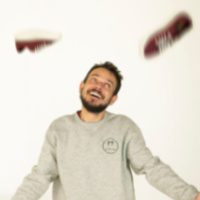
Diego Soliveres nació el 24 de septiembre del 80, en santa Cruz de tenerife. Al nacer, le detectaron inmediatamente una enfermedad visual: retinosis pigmentaria y a los 6 años, se trasladó con su familia a Alicante, donde tenía familia y pudo cursar sus primeros estudios en un colegio de la O.N.C.E., donde aprendió el braille, actividades de la vida diaria, etc. Cursó sus estudios de secundaria en un instituto “normal”, sin gente con discapacidad y, al finalizar, en 1998, decidió comenzar la carrera de Derecho, en la Universidad de Alicante. Al darse cuenta de que el Derecho no era justo y de que no le gustaba, cambió los libros por la música e intentó dedicarse, de un modo profesional, a ganarse la vida con la música, concretamente, como baterista. En esta etapa, grabó algunos discos y realizó muchos ocnciertos por toda España. Una vez visto que era muy difícil ganarse la vida con la música, solicitó la venta del cupón a la O.N.C.E. y pasó los dos siguientes años como vendedor. Paralelamente, se inscribió como jugador, en el equipo de fútbol para ciegos de la O.N.C.E. en Alicante, y allí conoció a los que, a día de hoy, son sus dos socios co-fundadores en Timpers y, en mayo de 2019, se trasladó a Valencia con sus compañeros, para formar parte de Lanzadera, la incubadora y aceleradora de empresas de Joan Roig, presidente de Mercadona. A día de hoy, lleva ya 3 años viviendo en valencia, luchando a tiempo completo por el proyecto y viviendo grandes experiencias. Conectate con Diego en LinkedIn.
